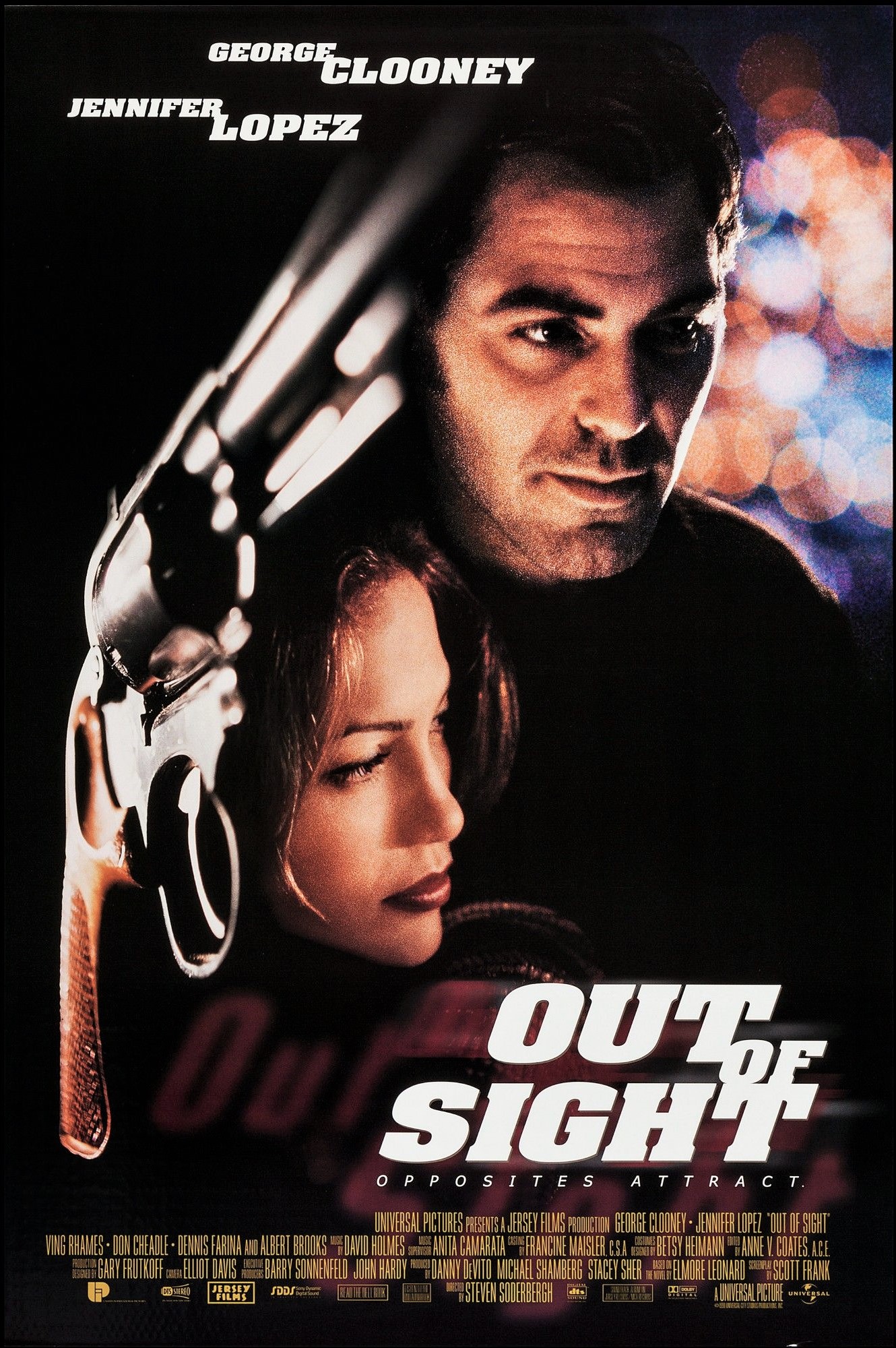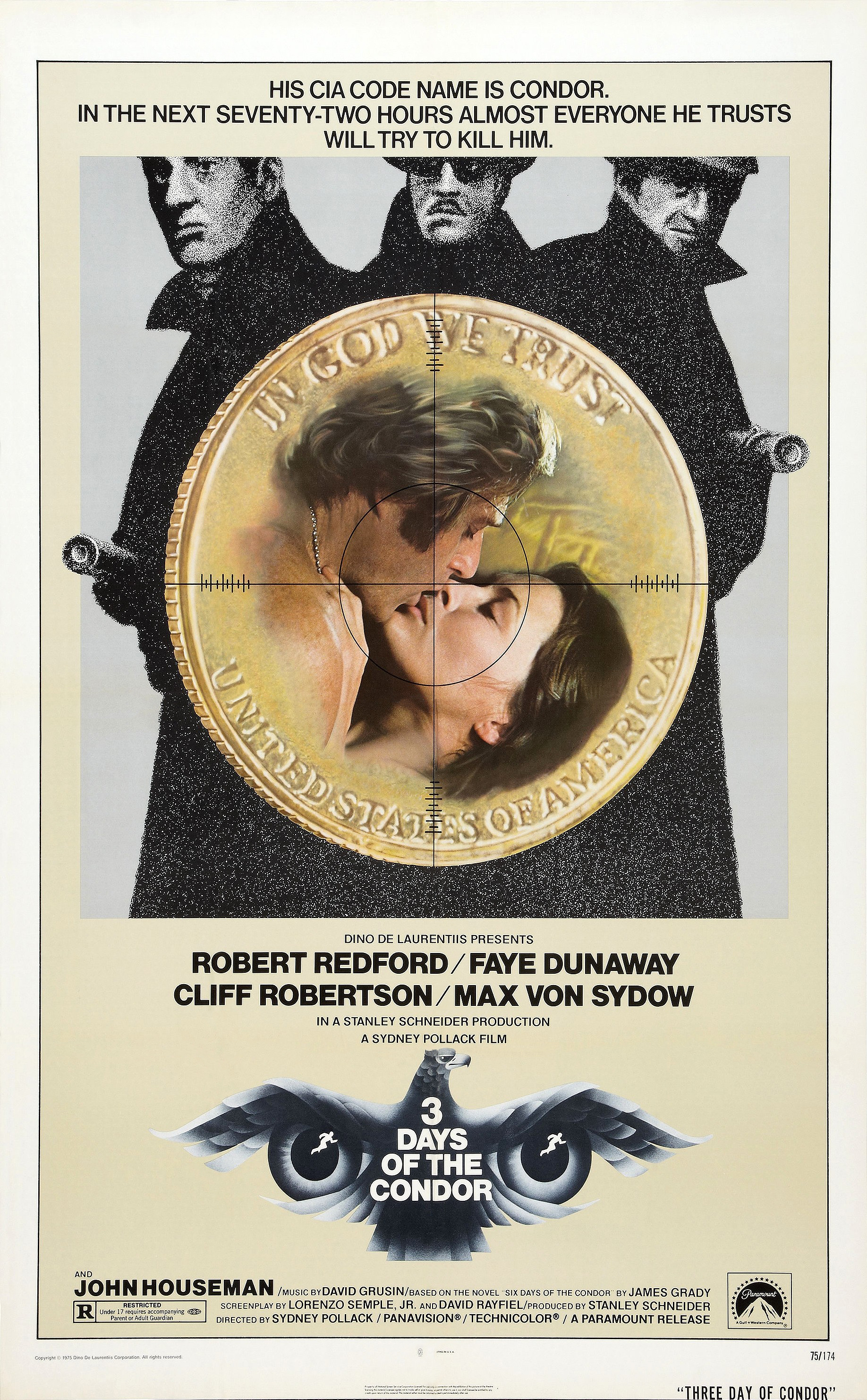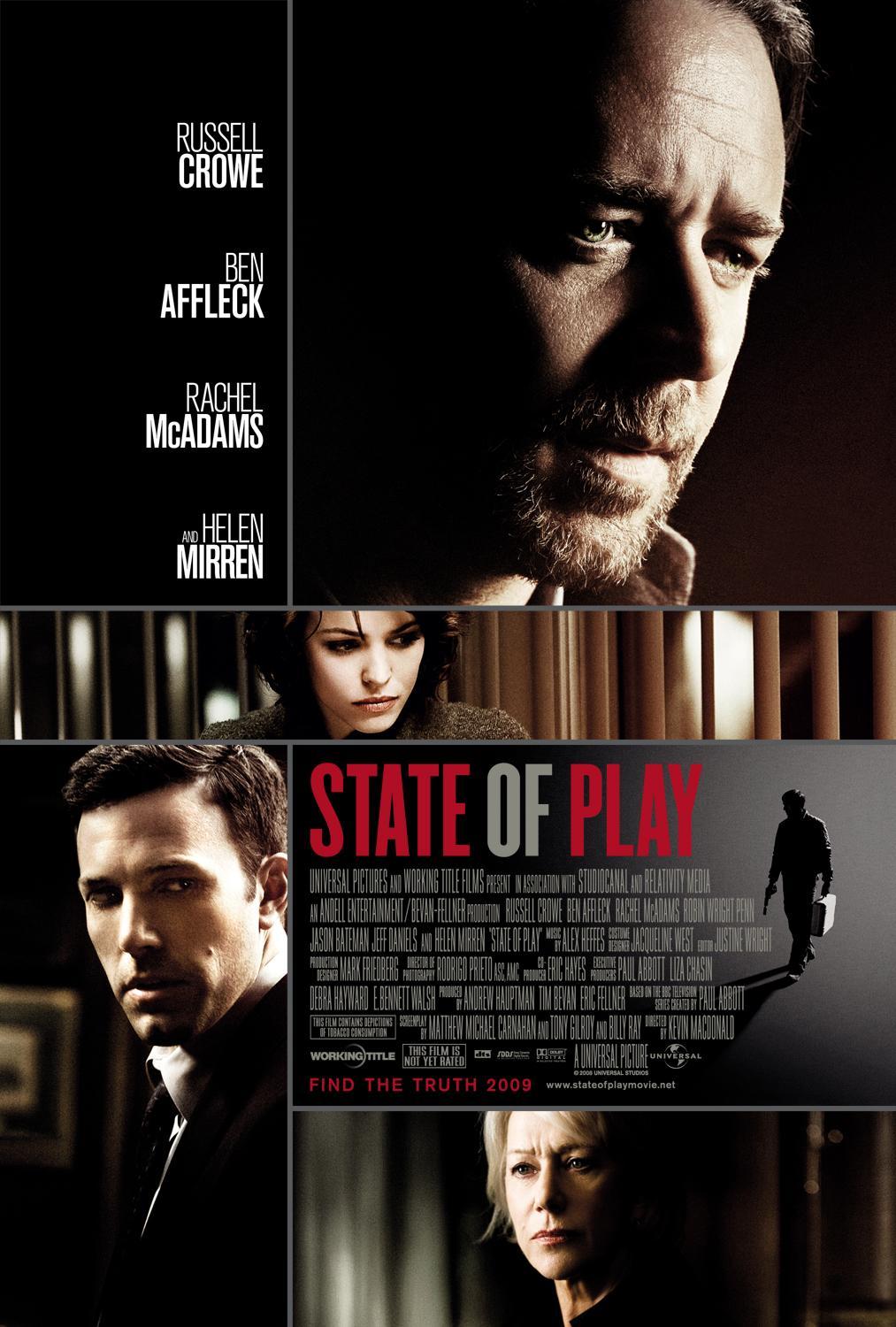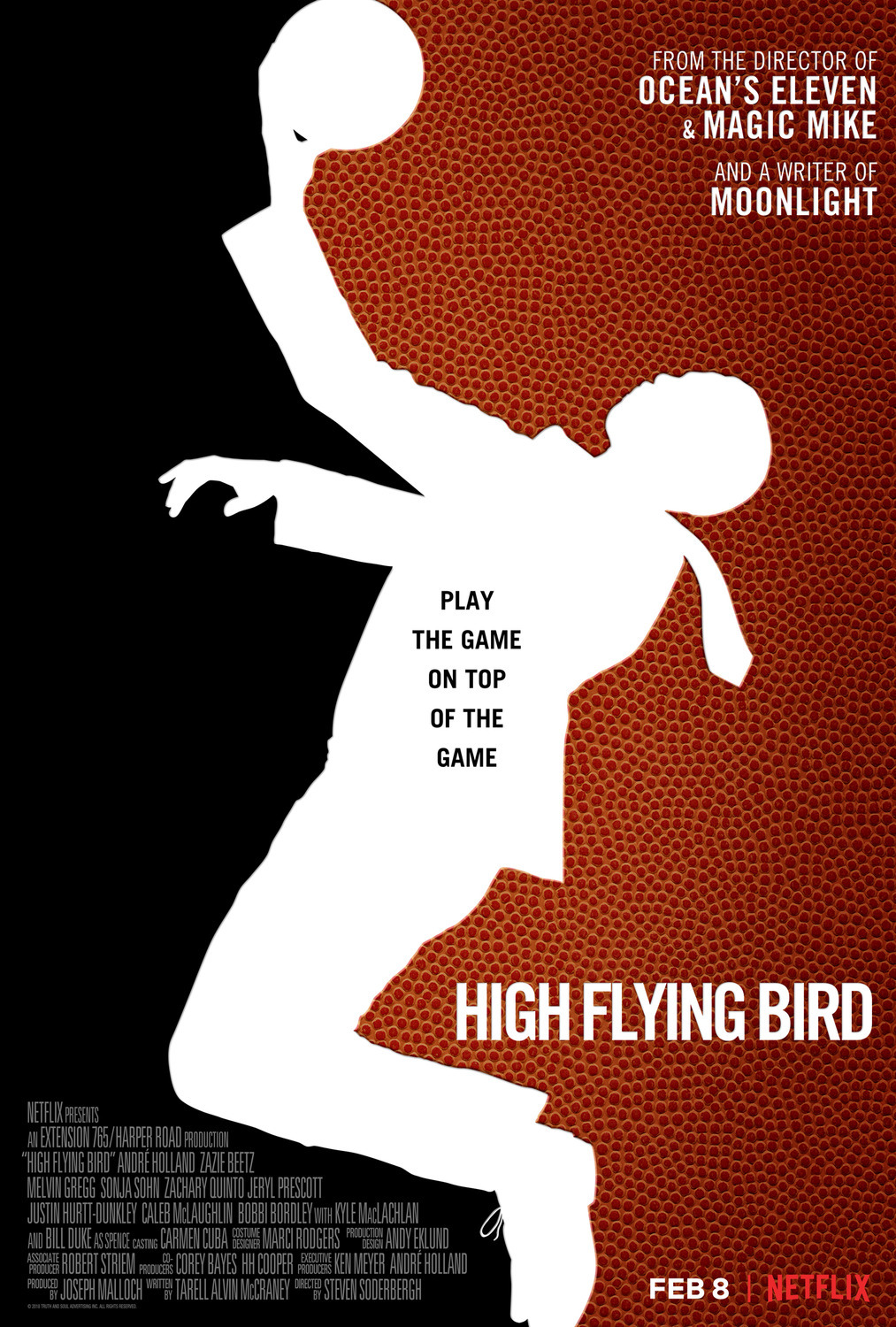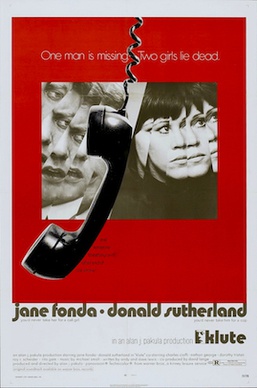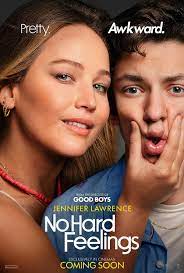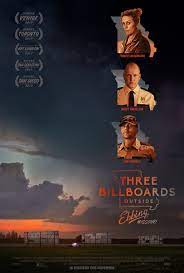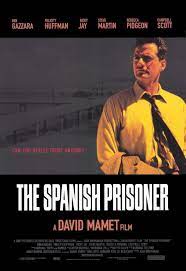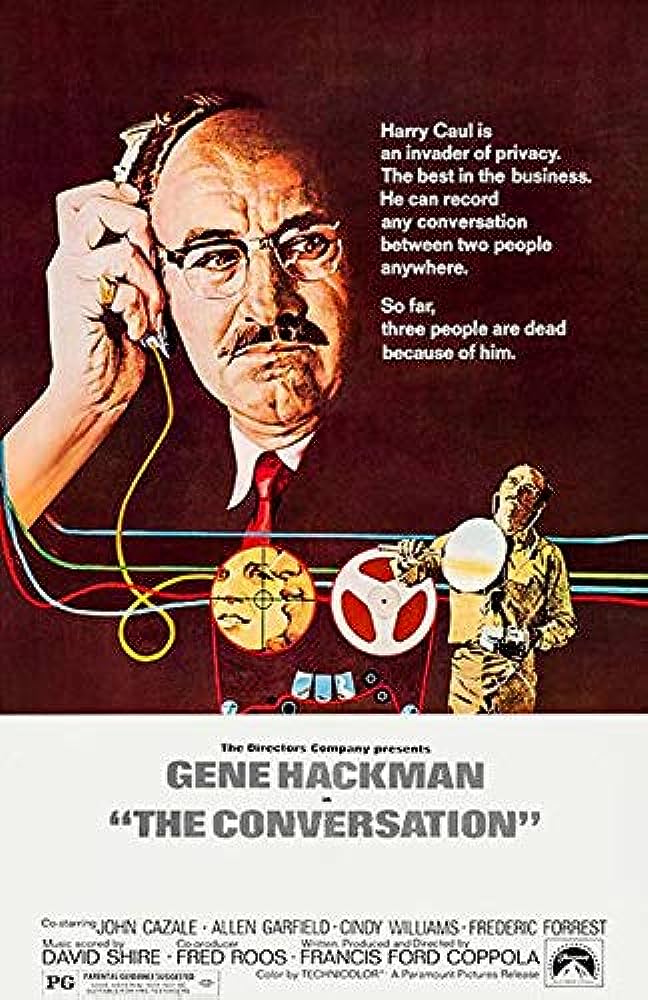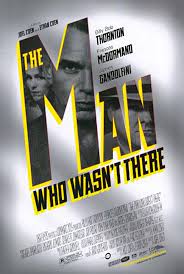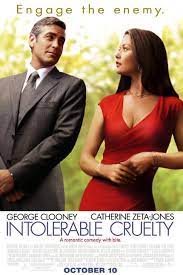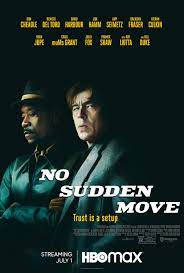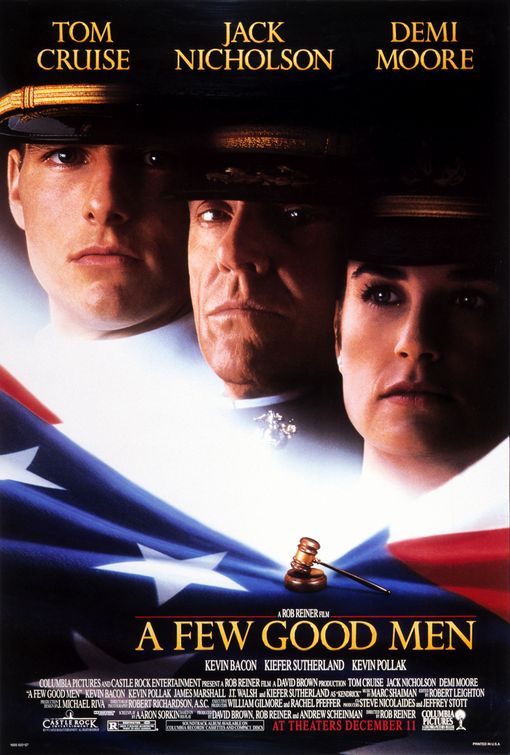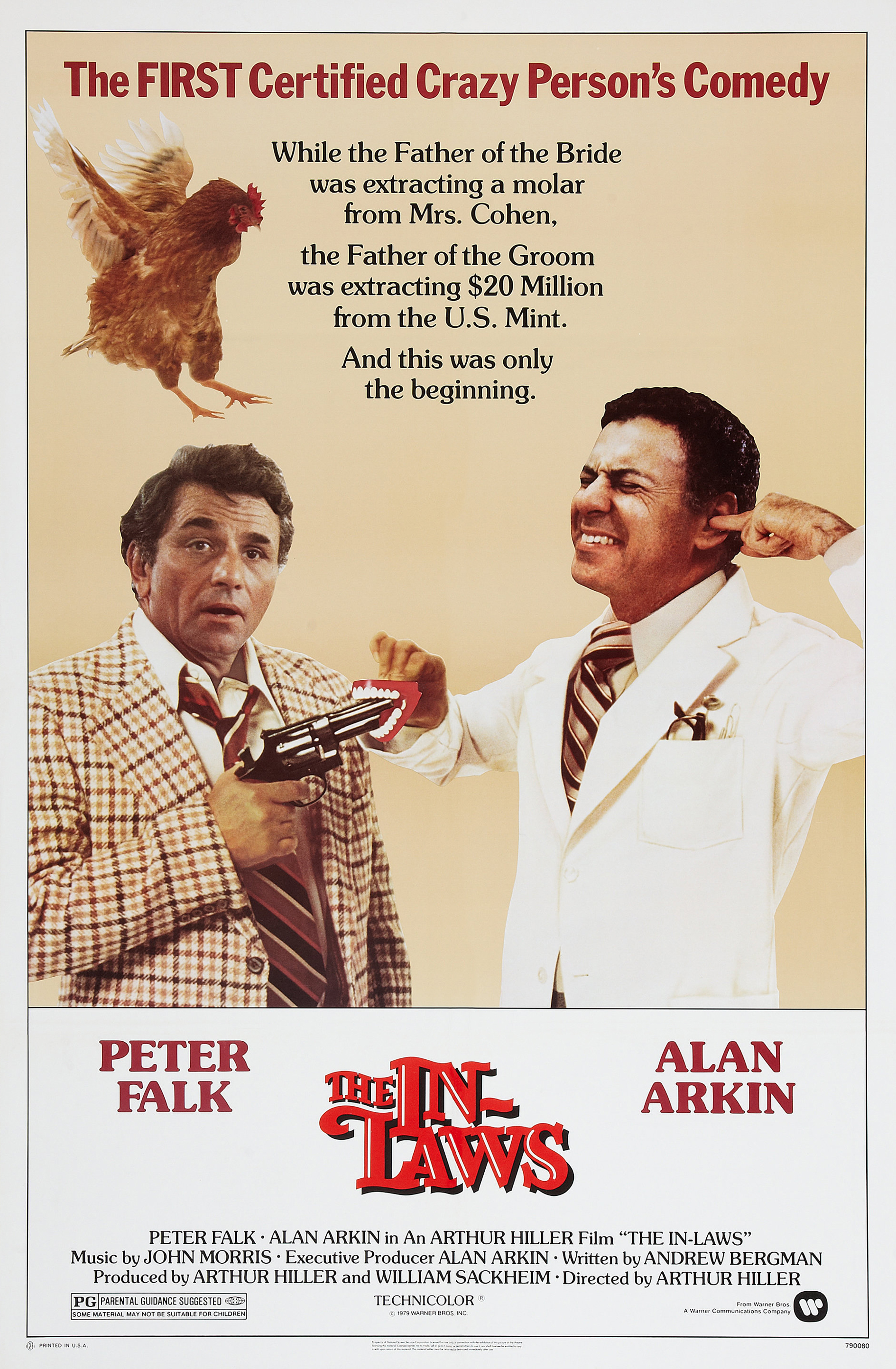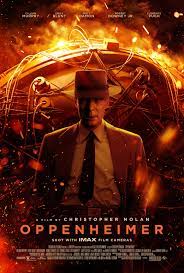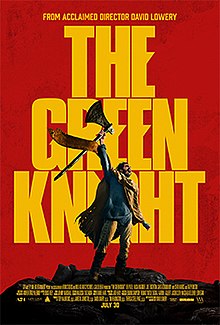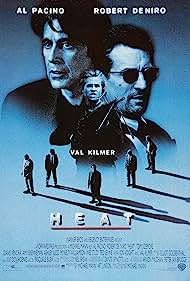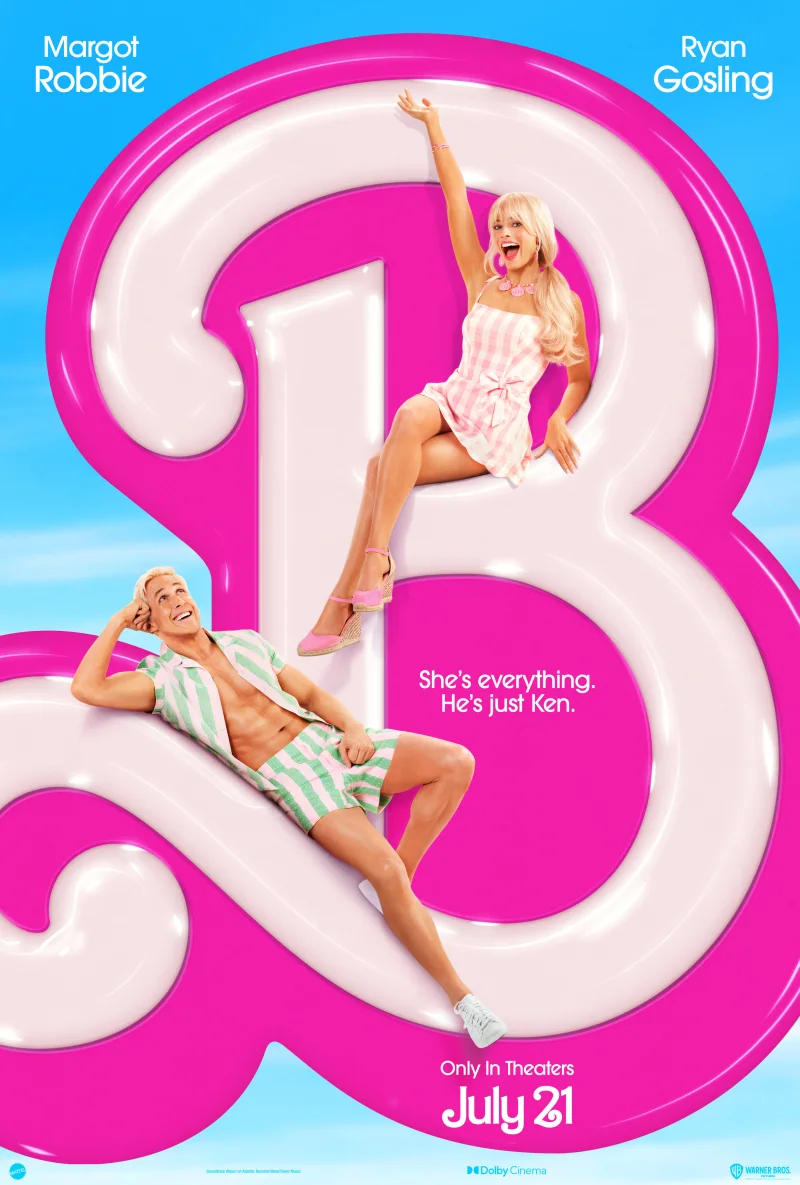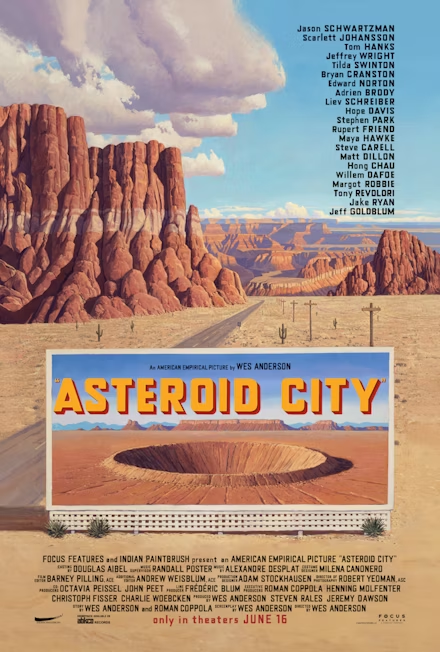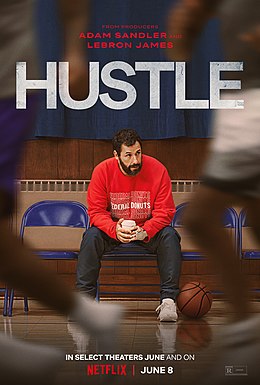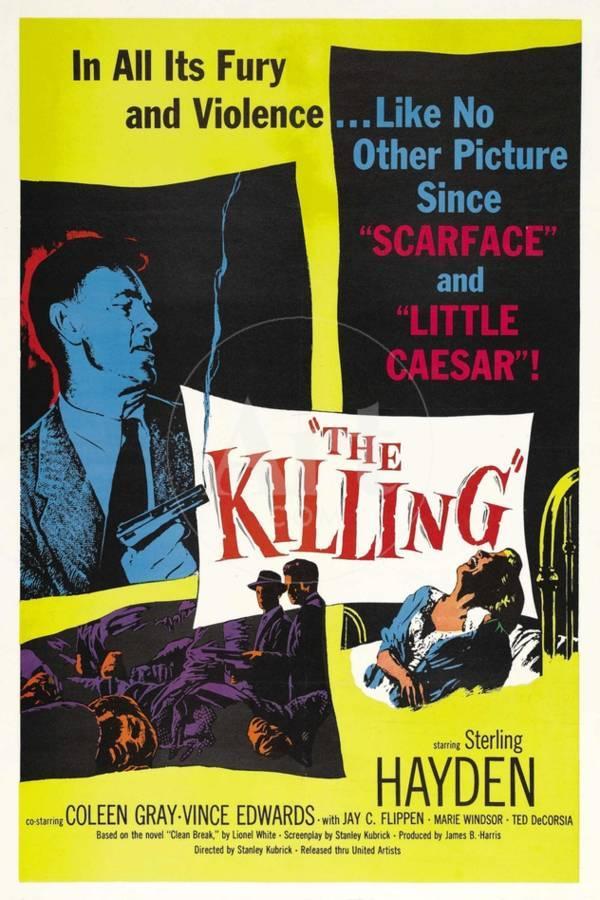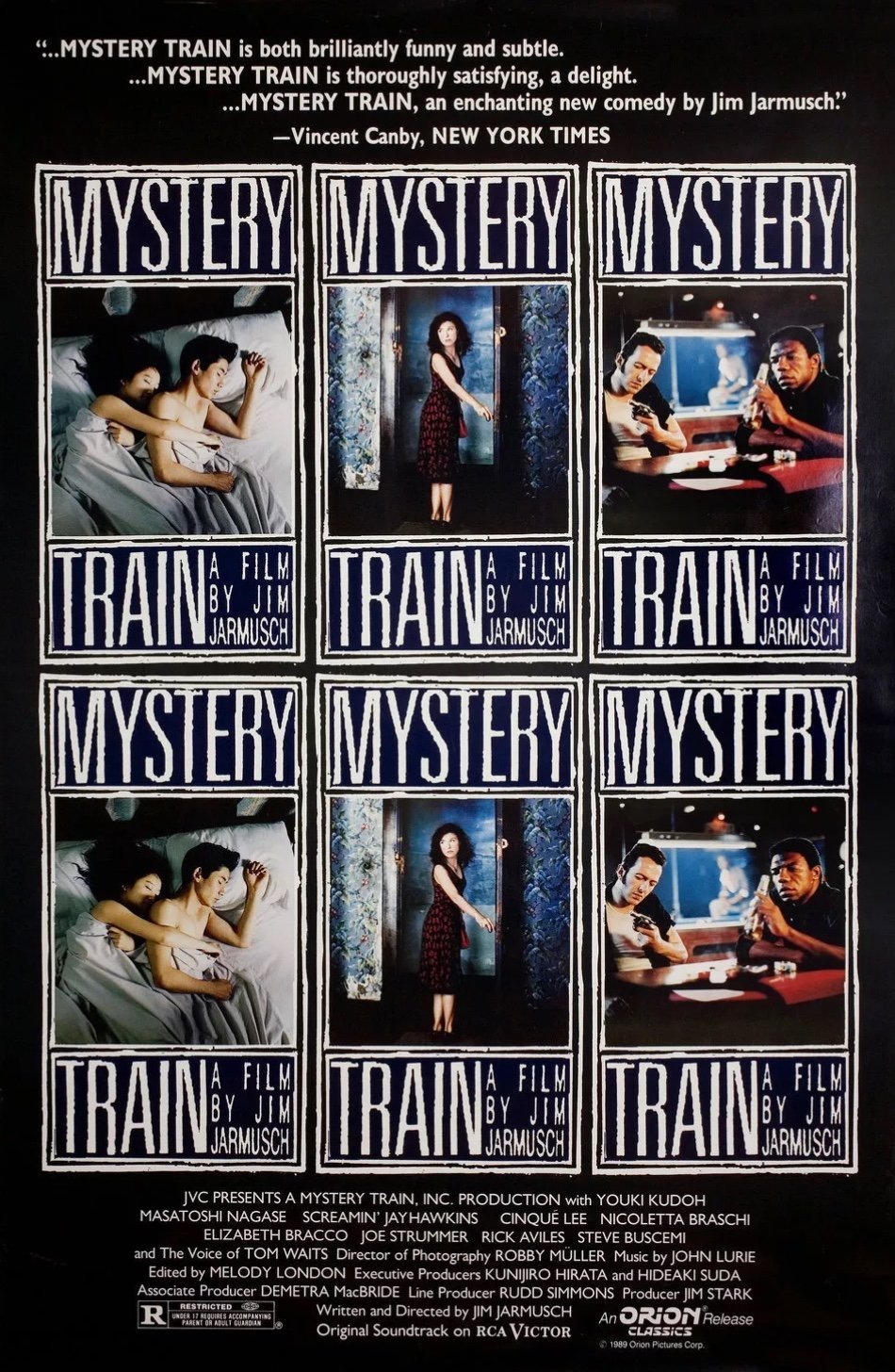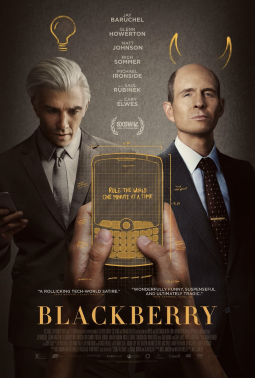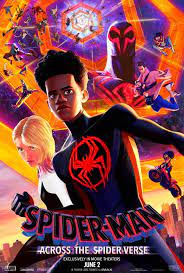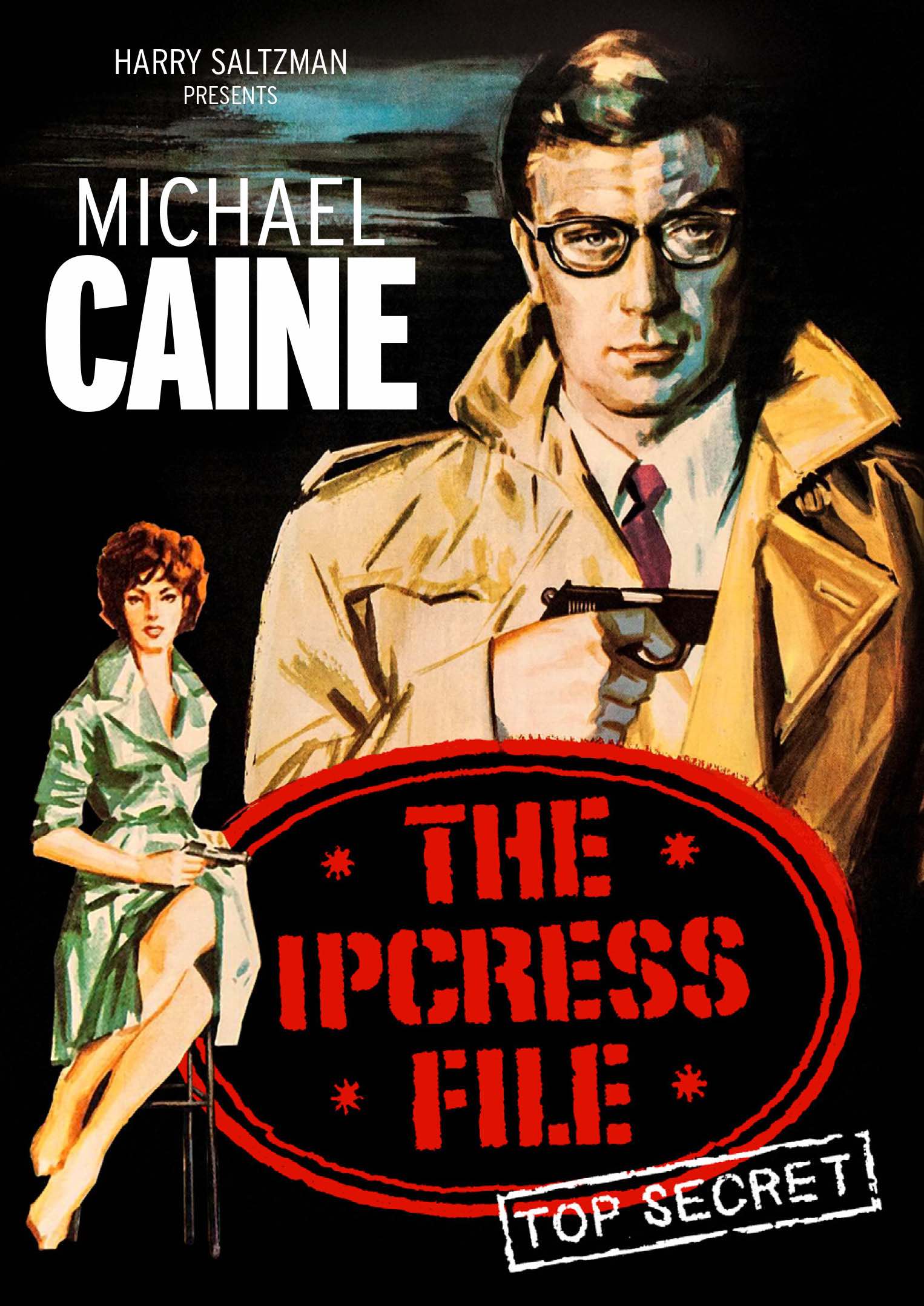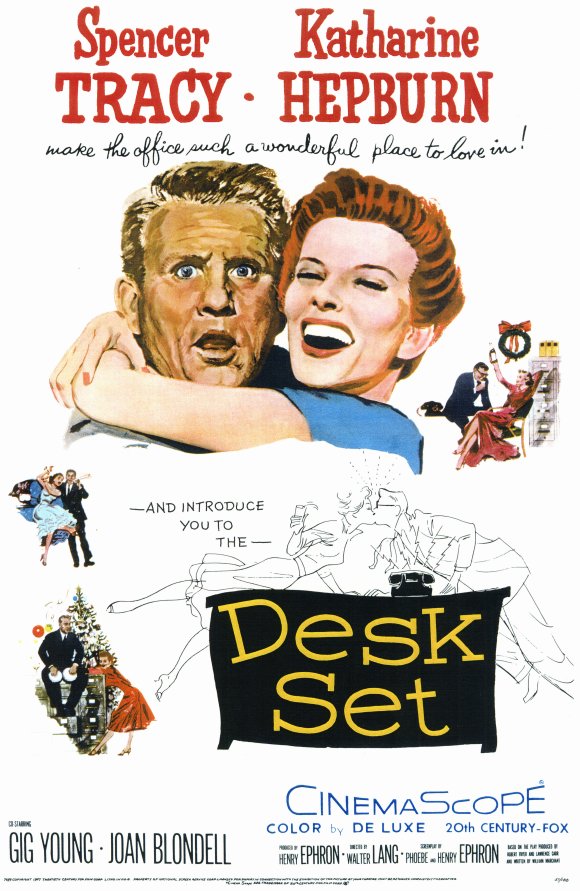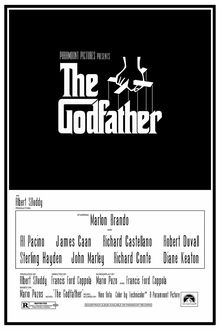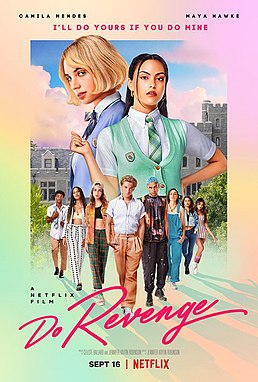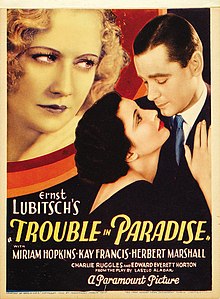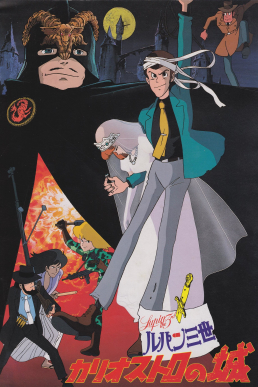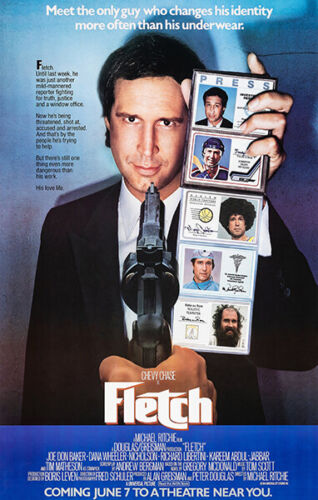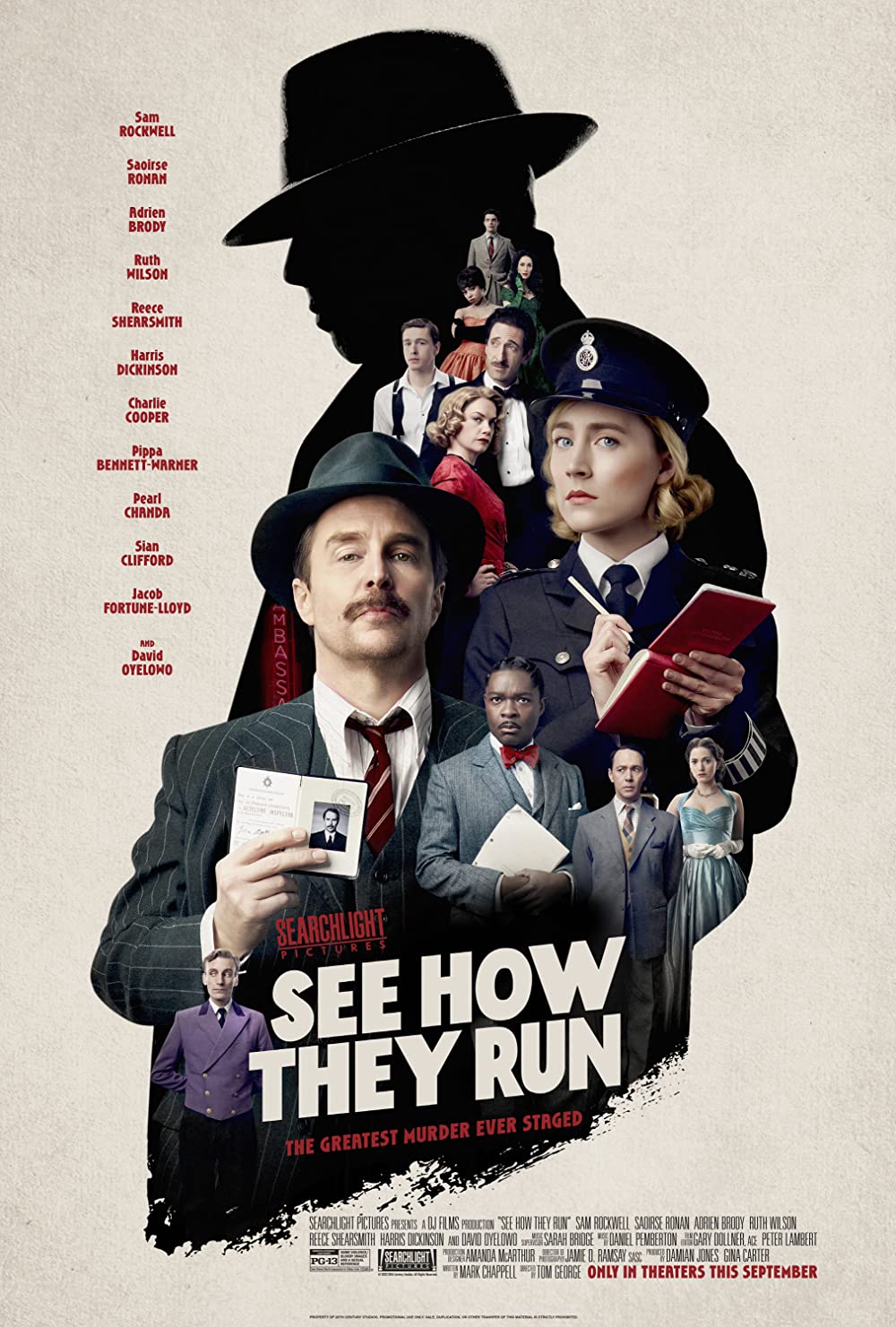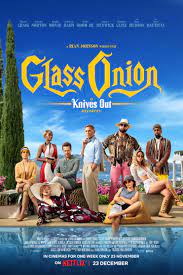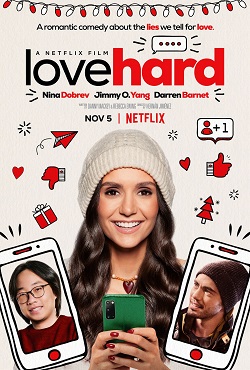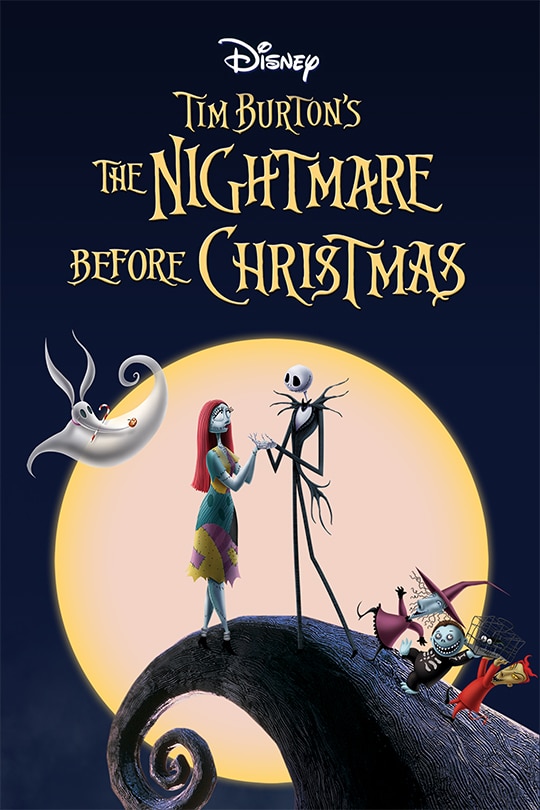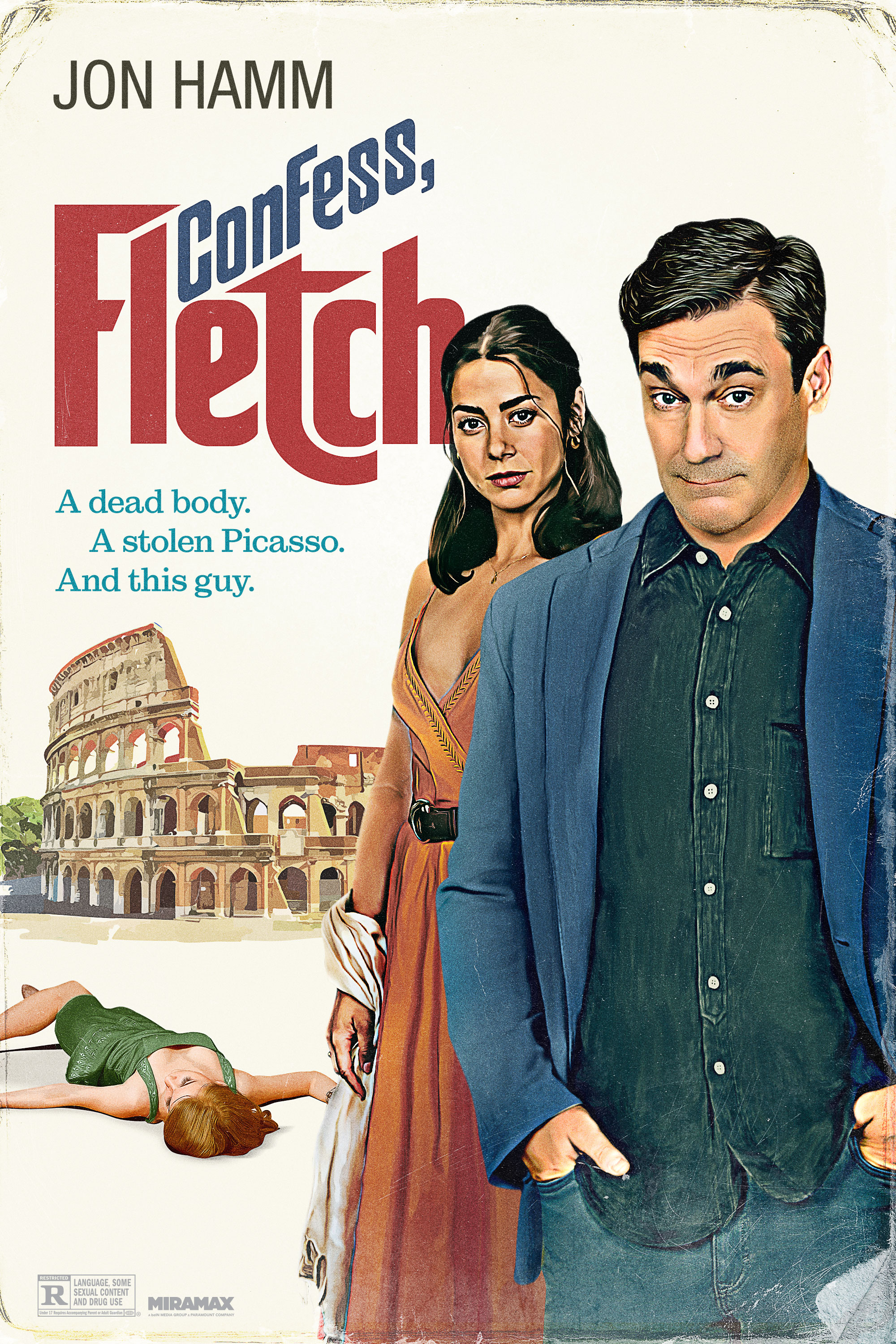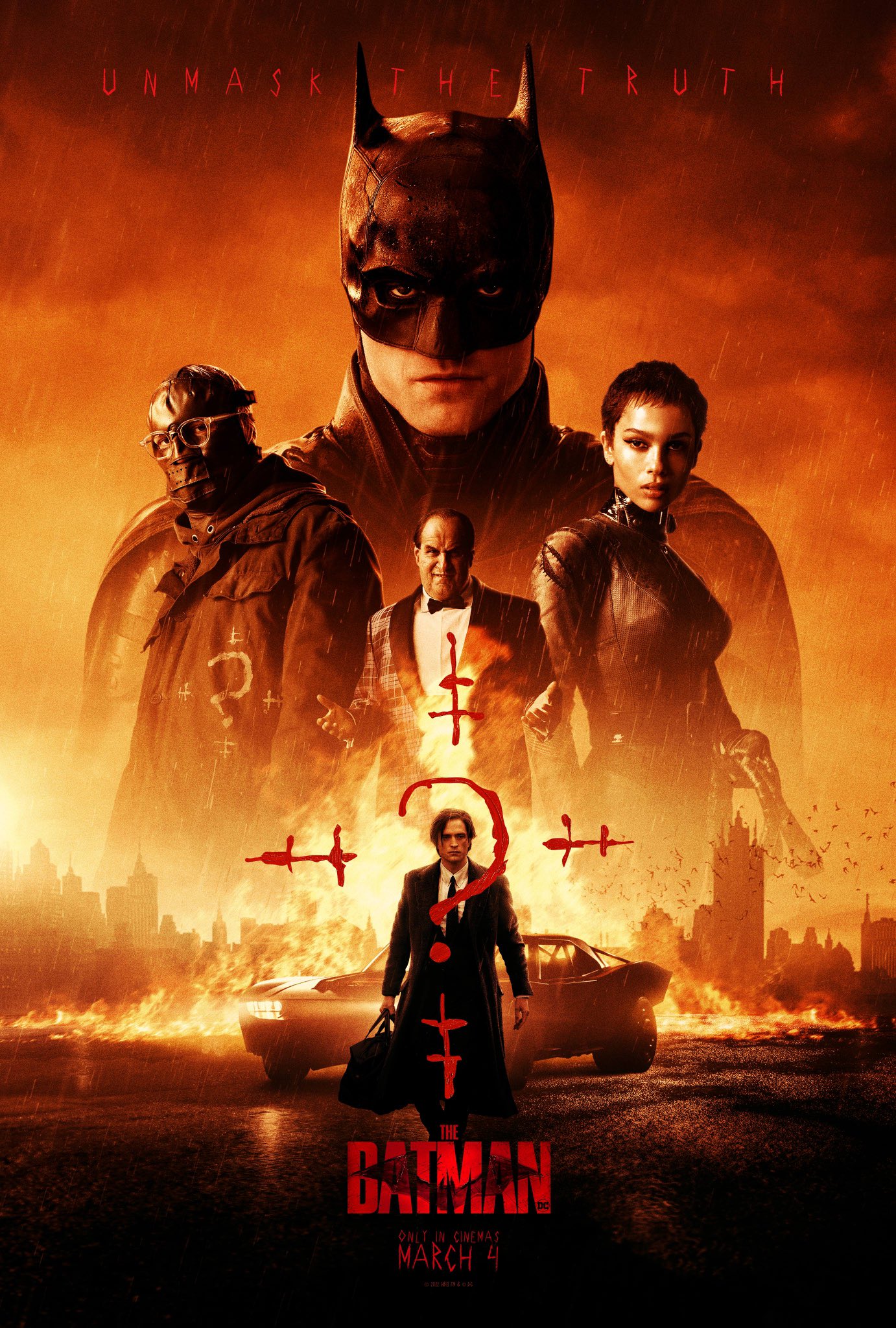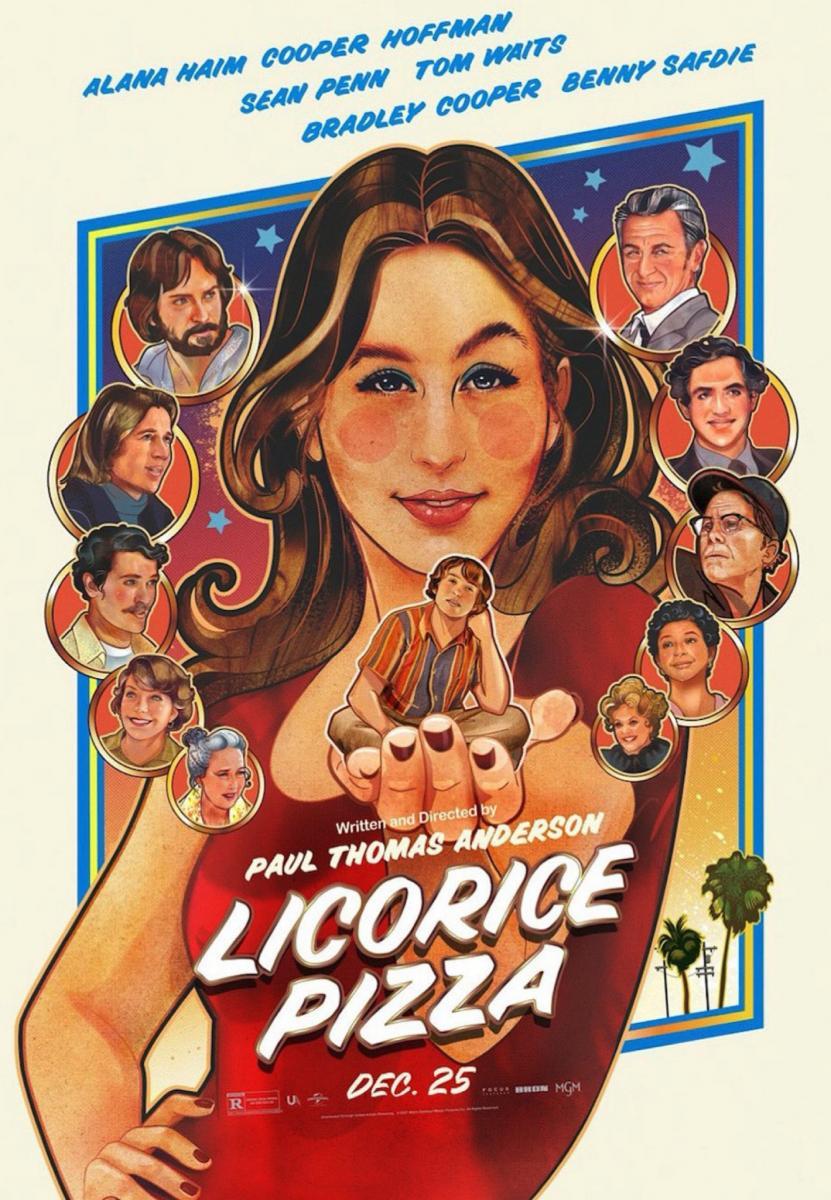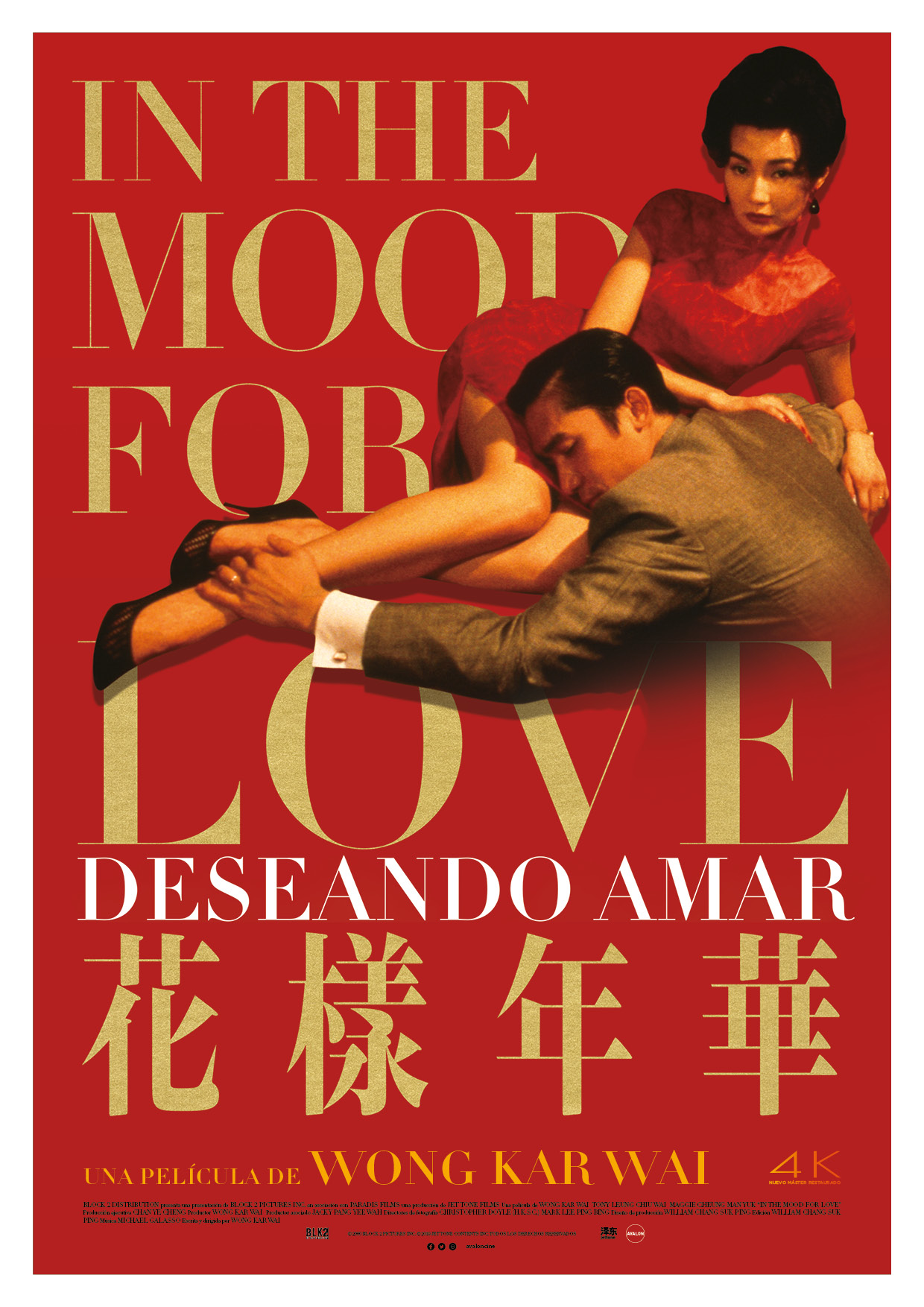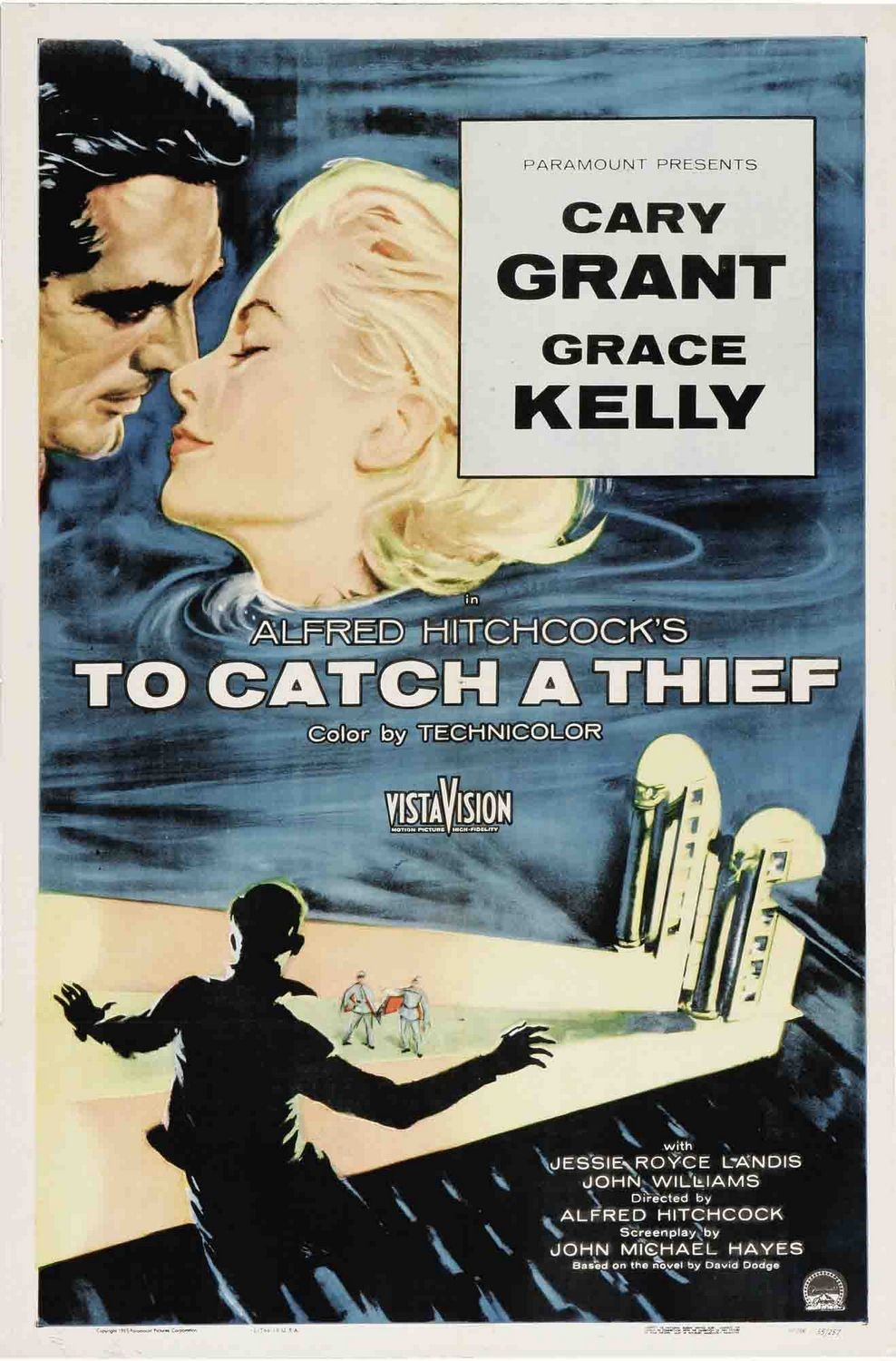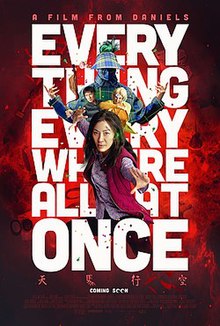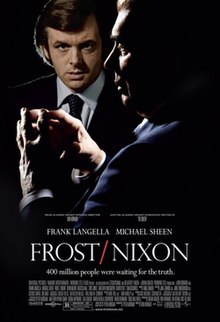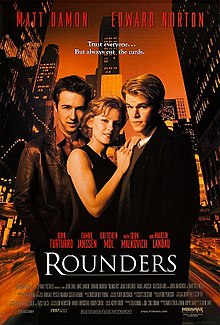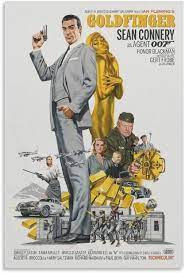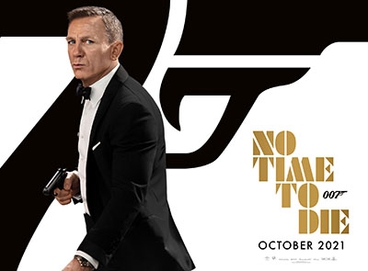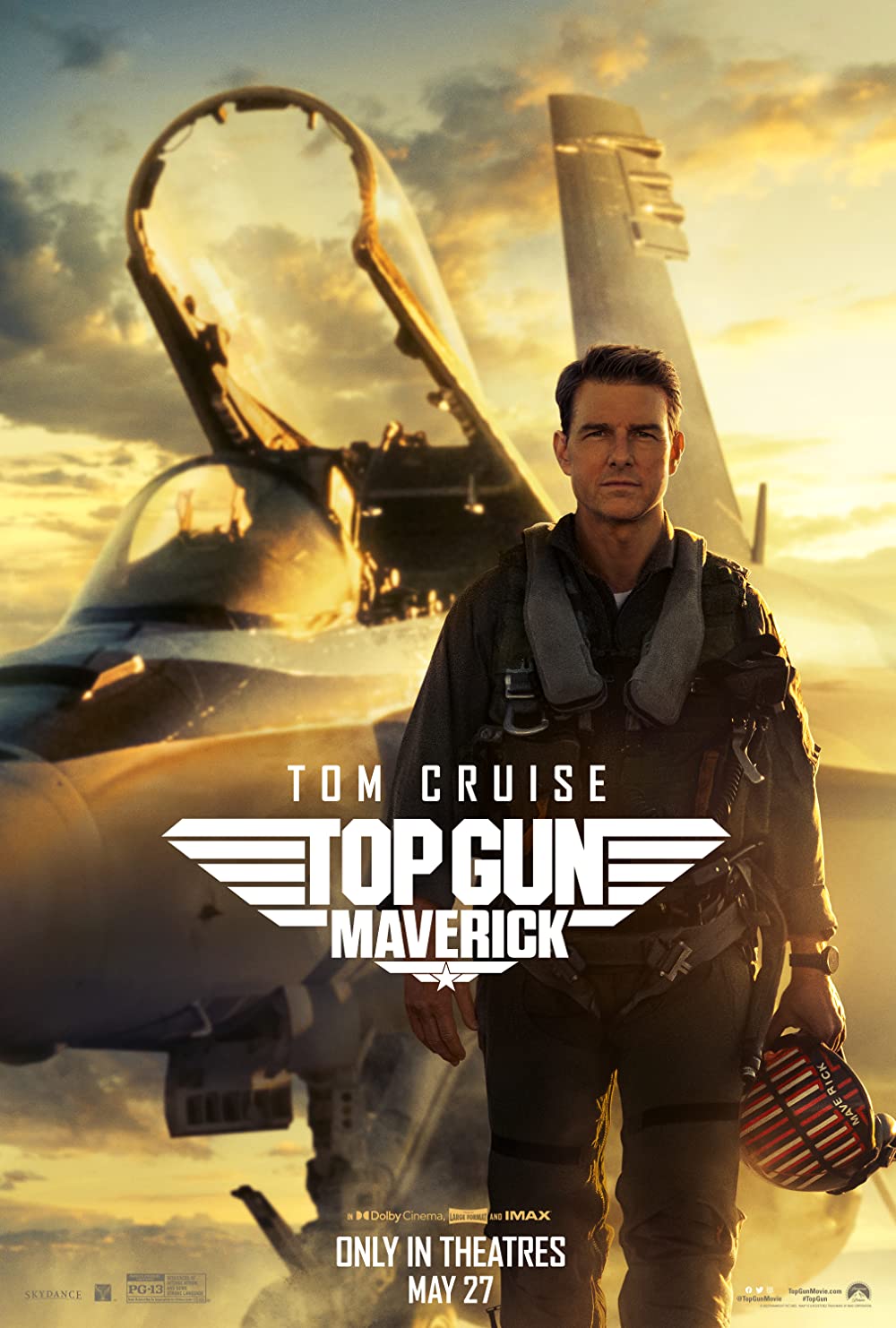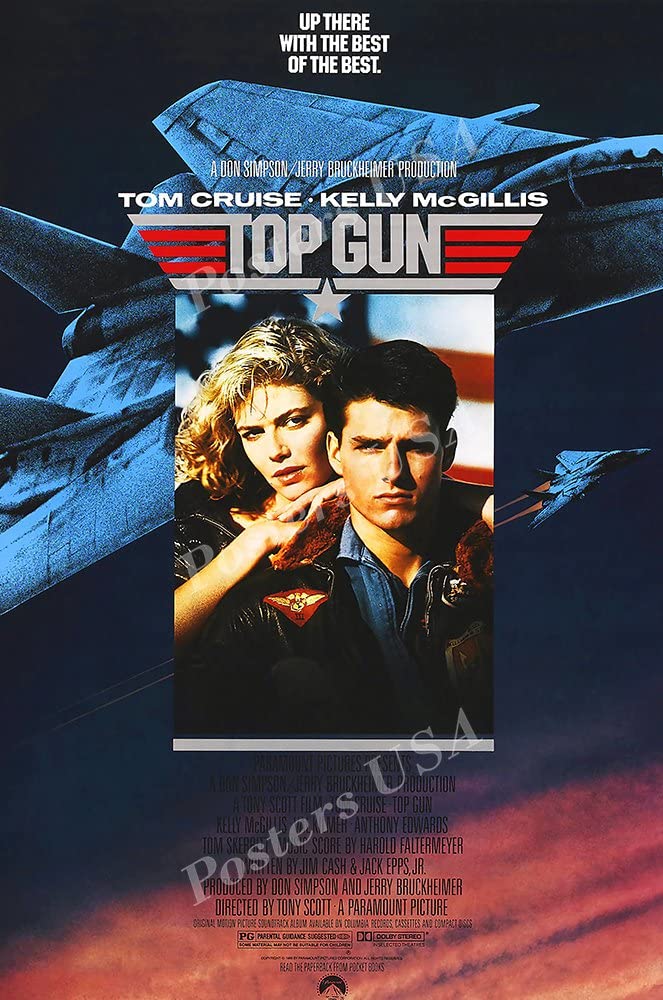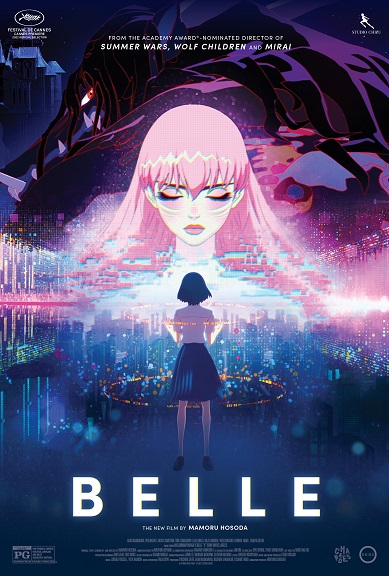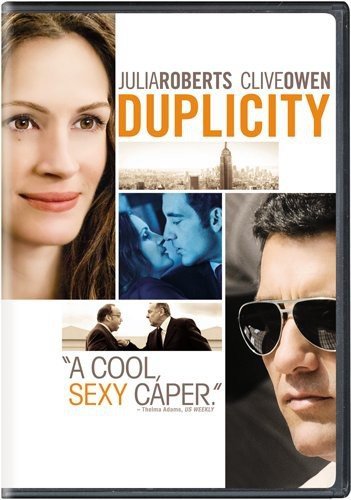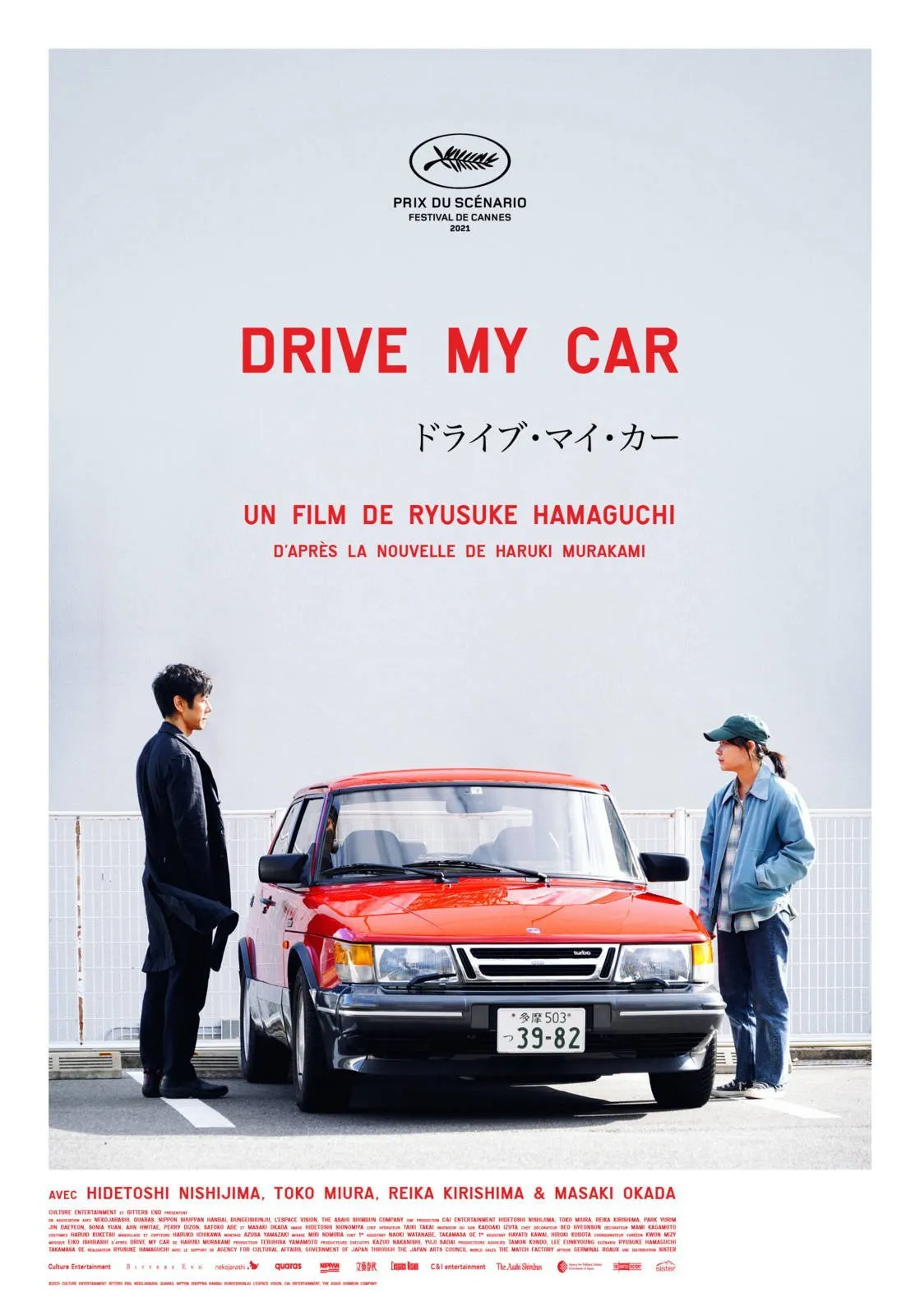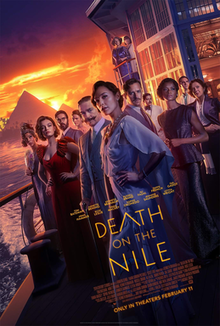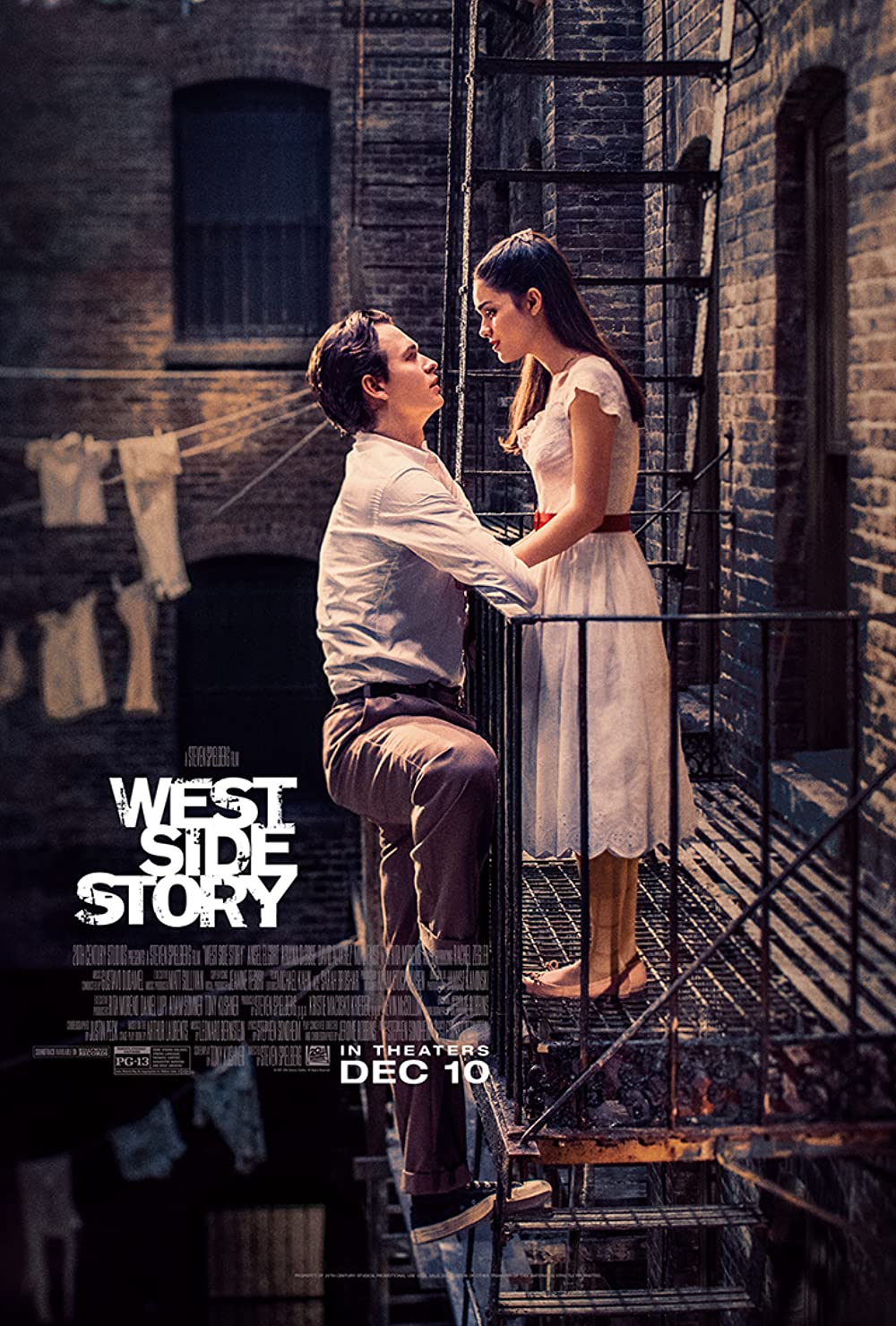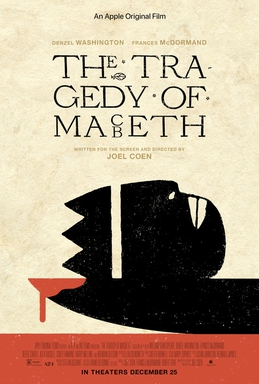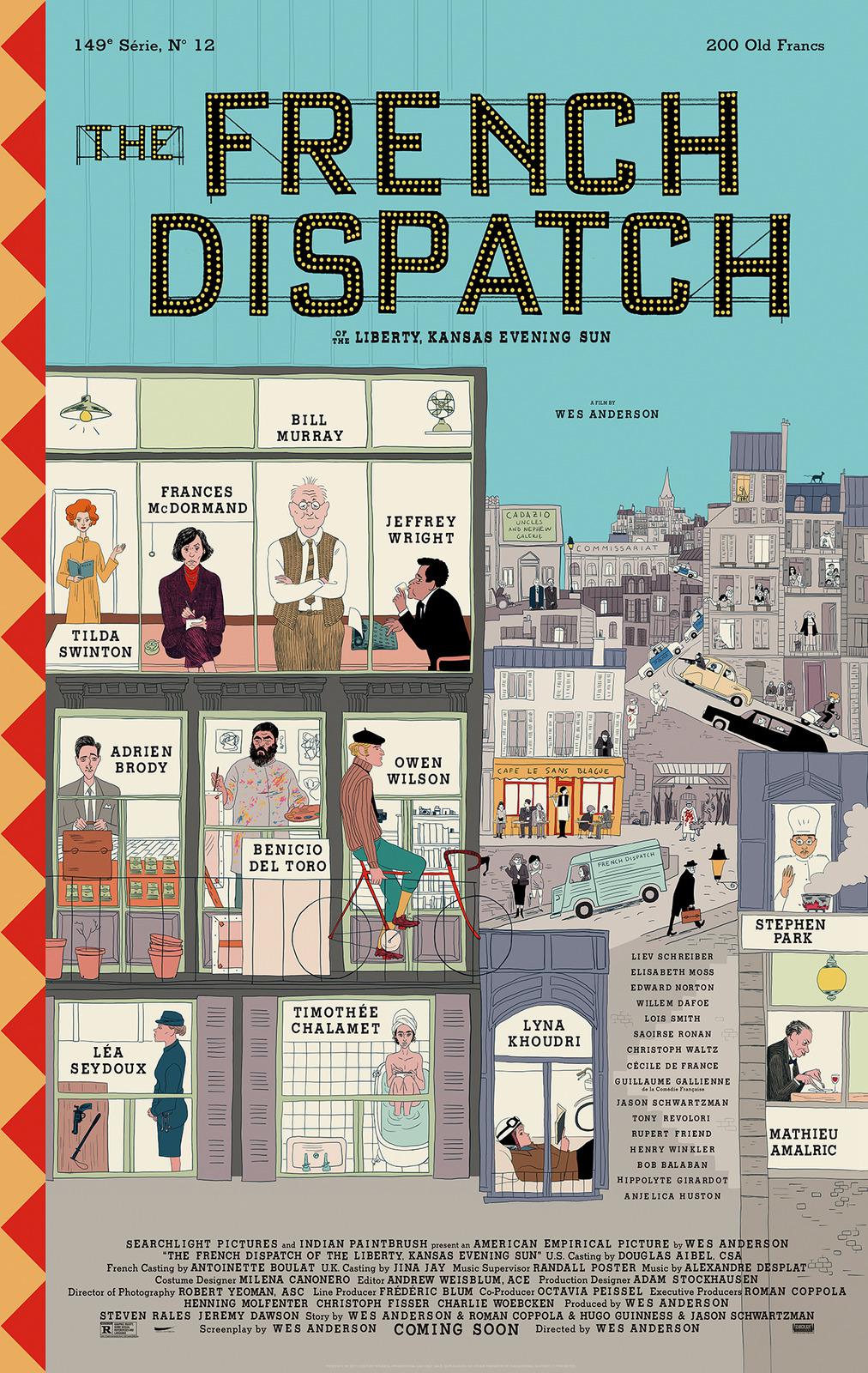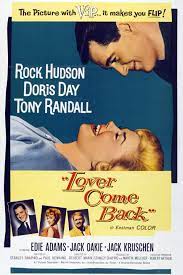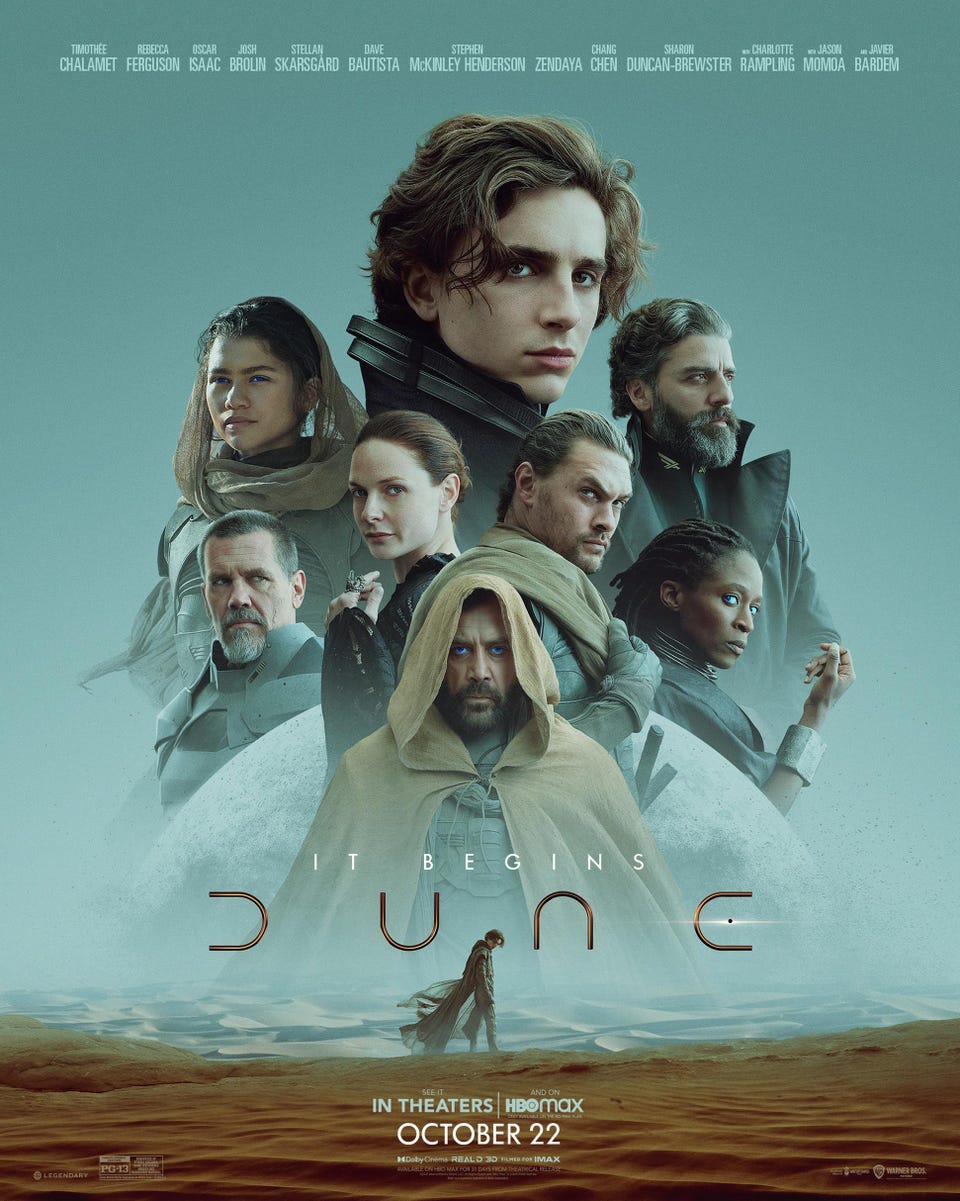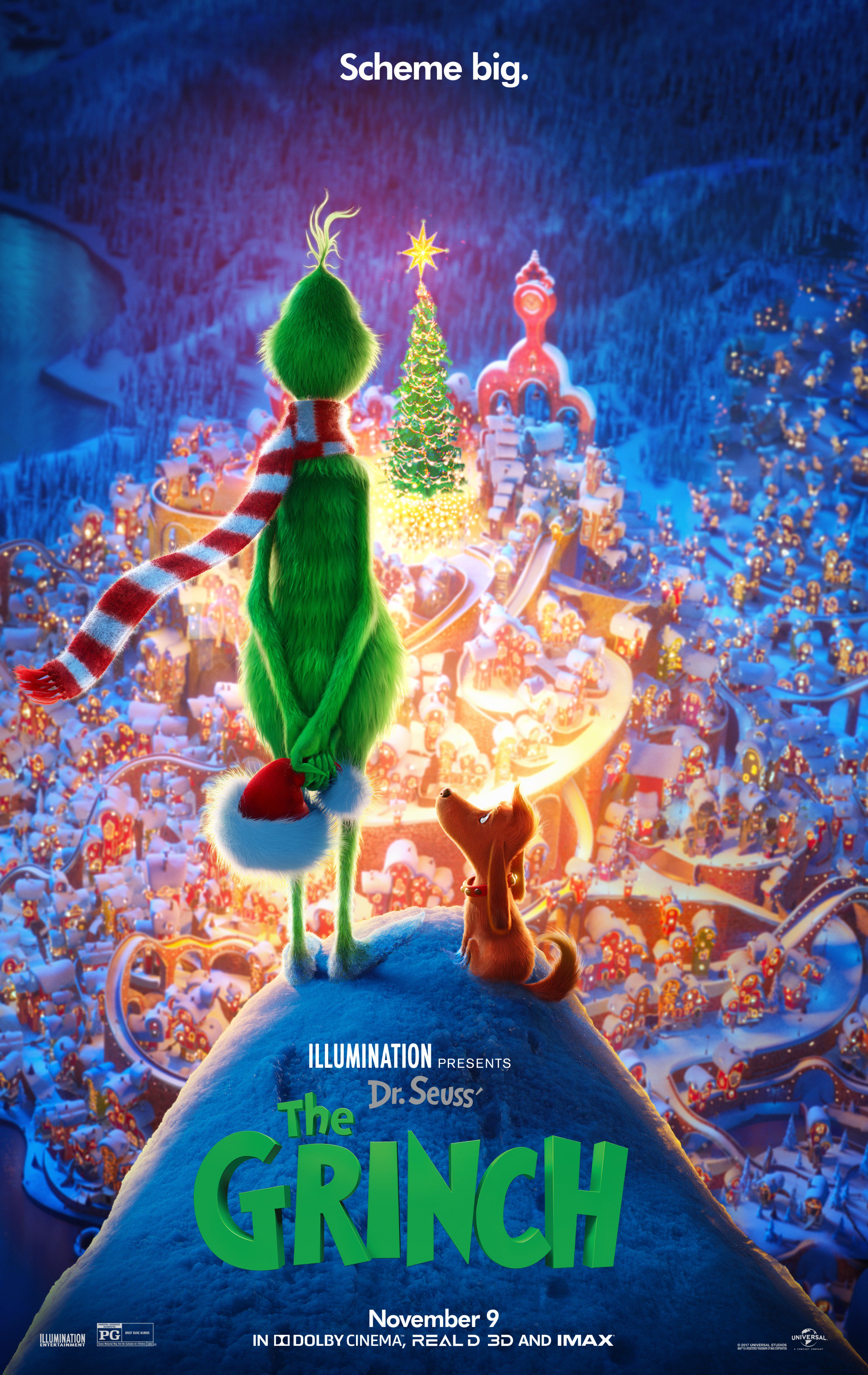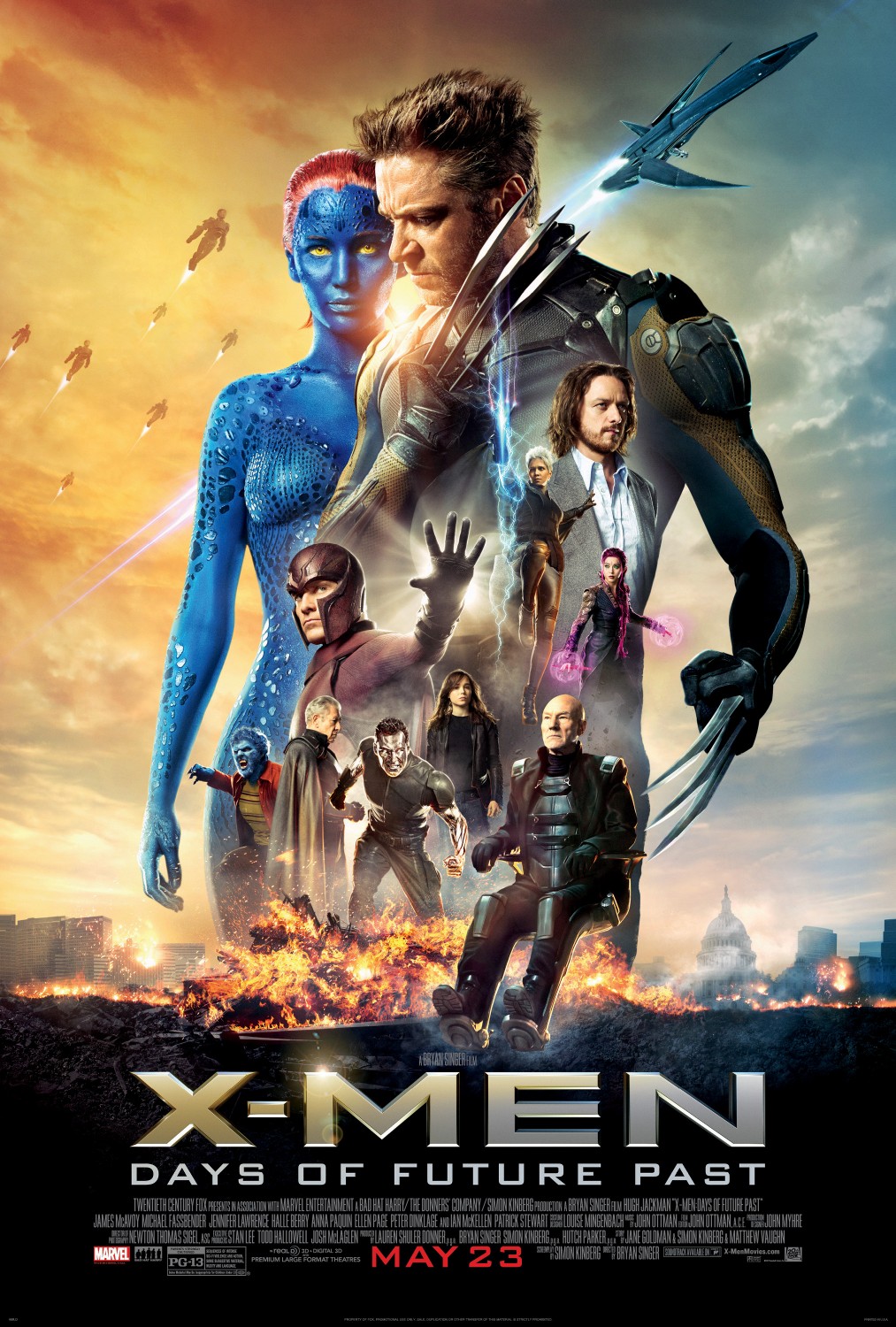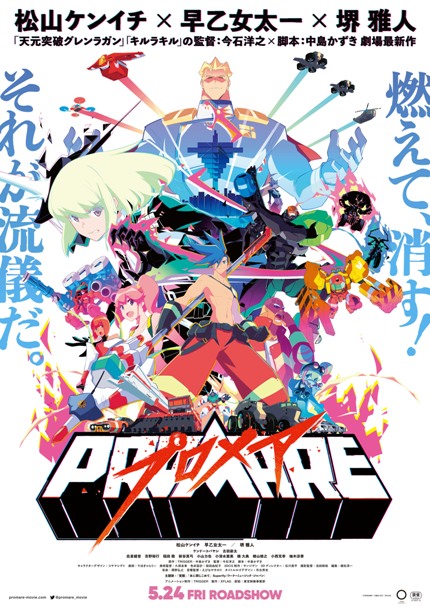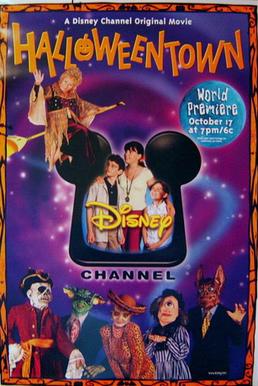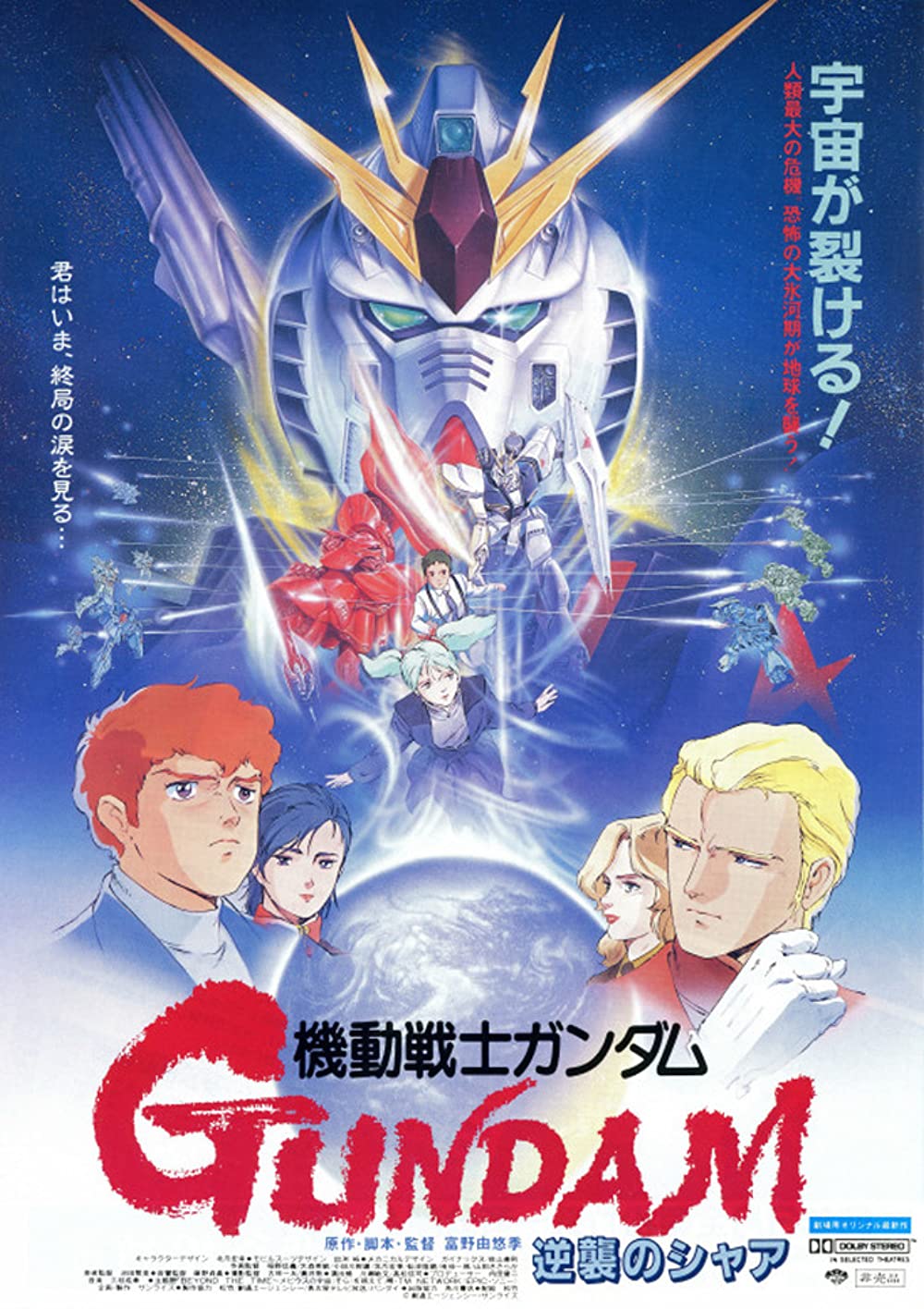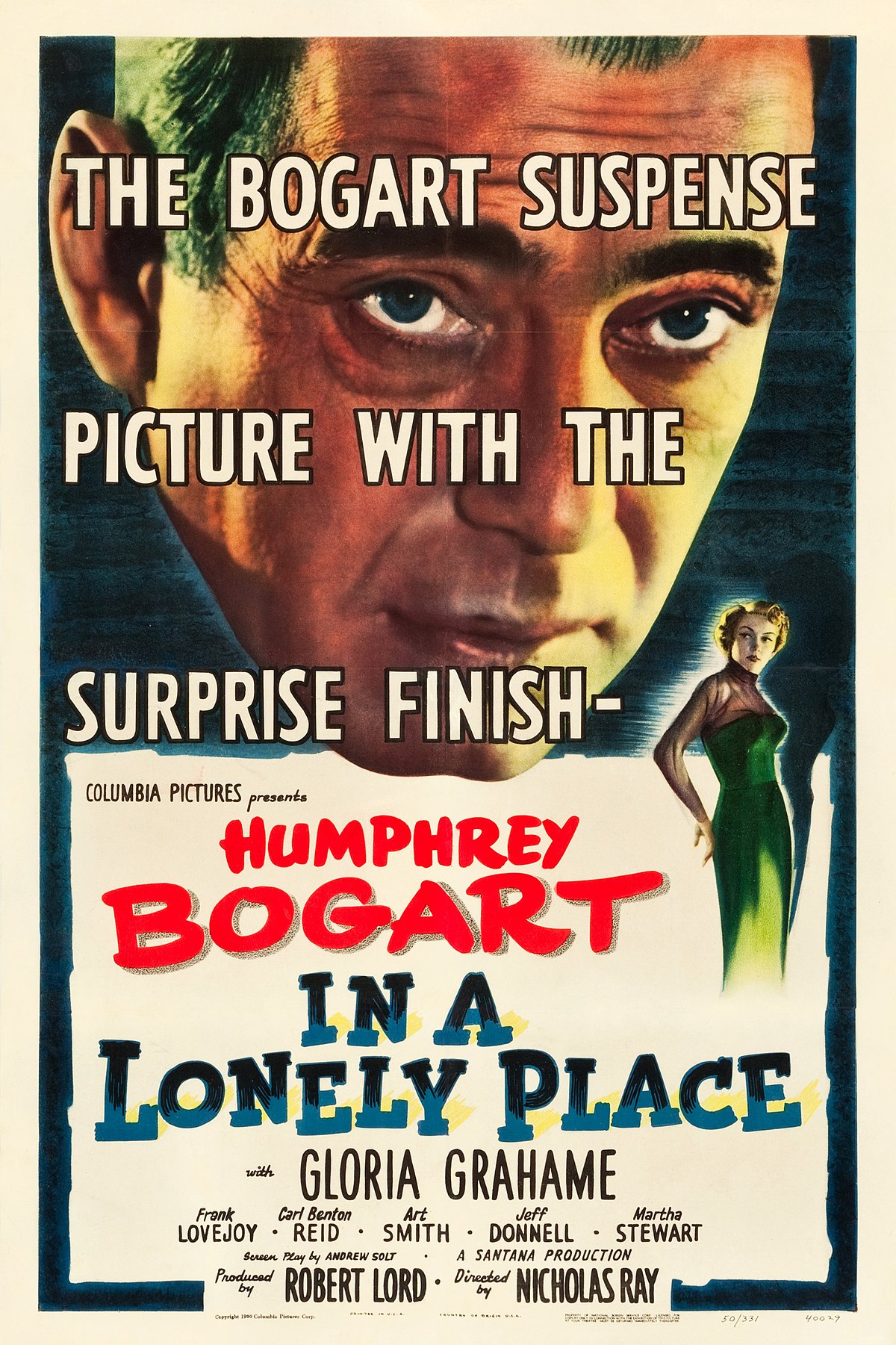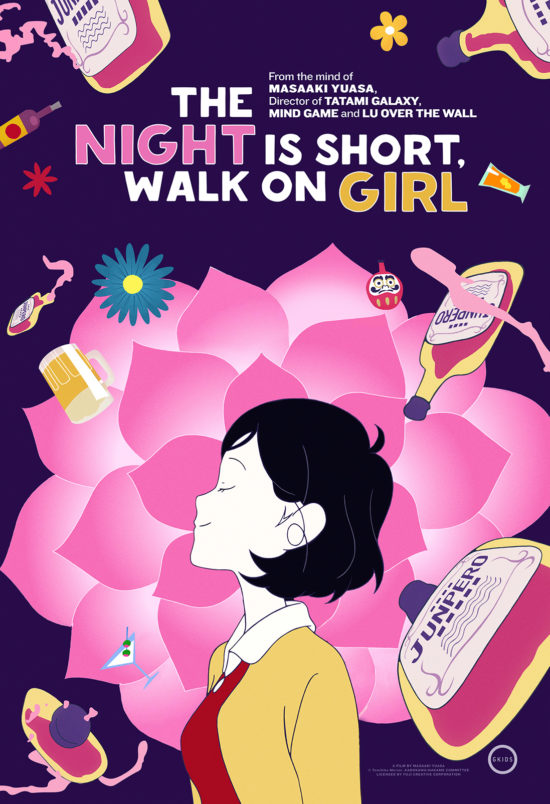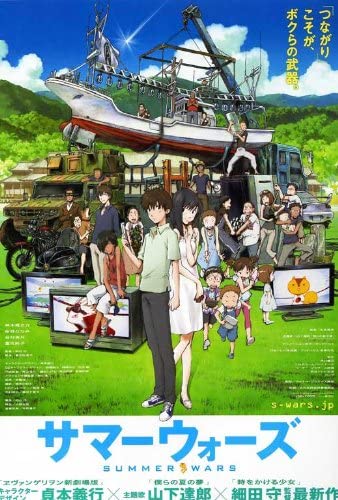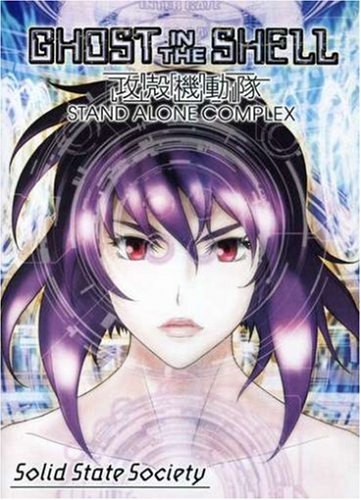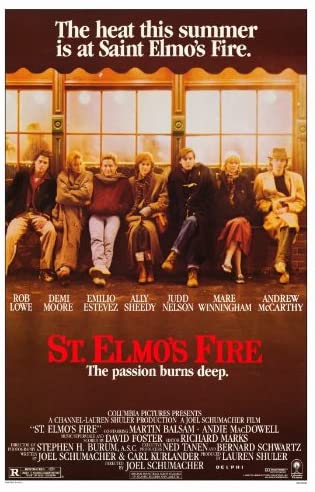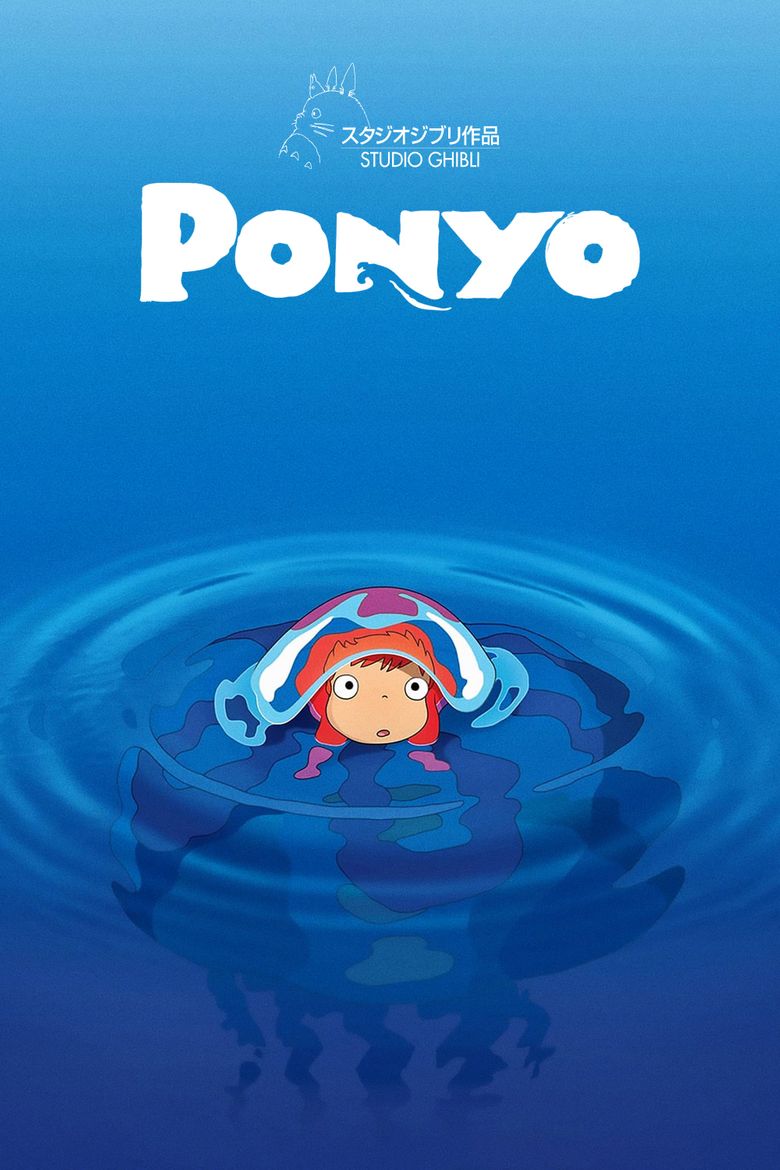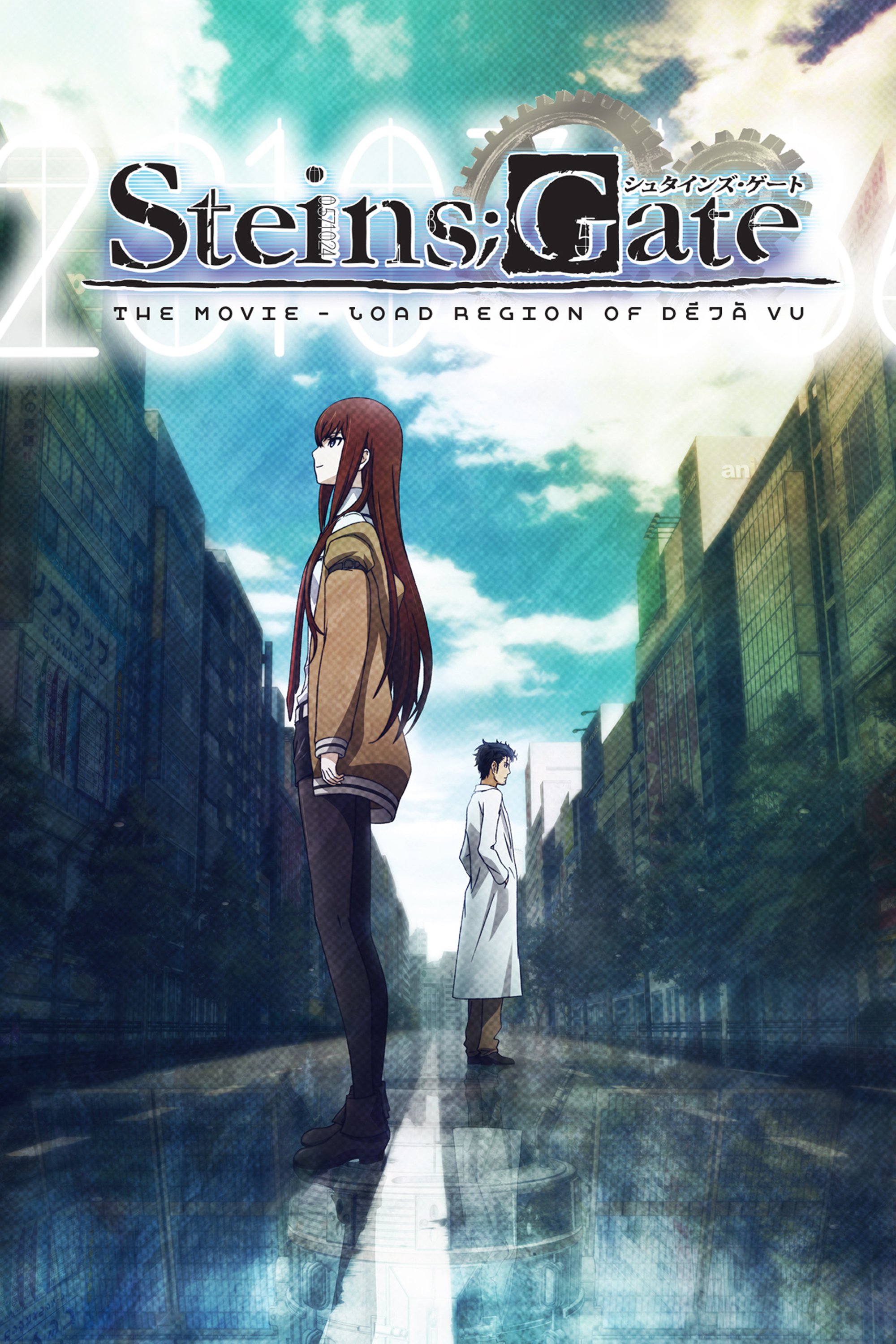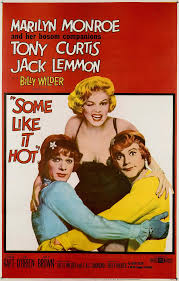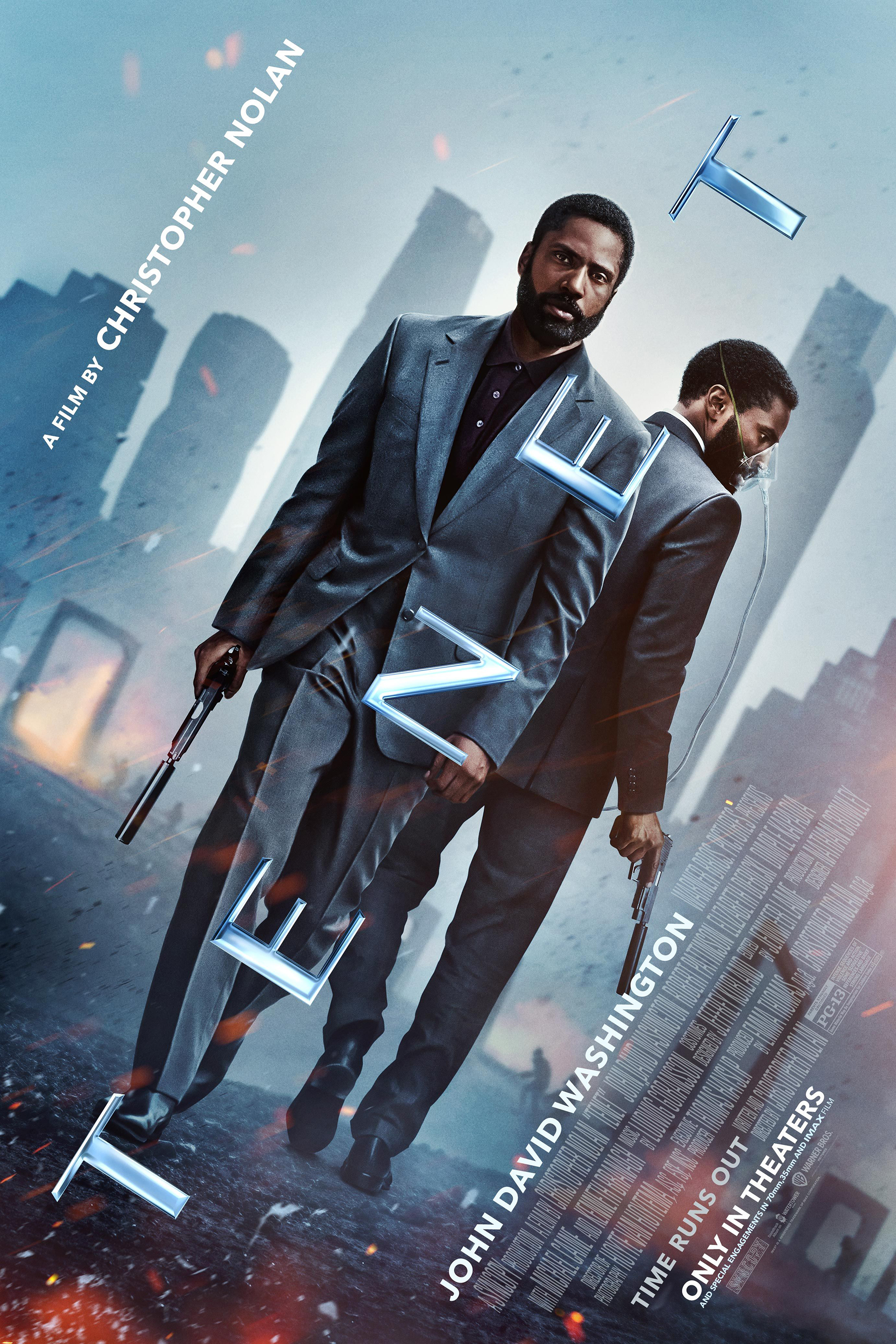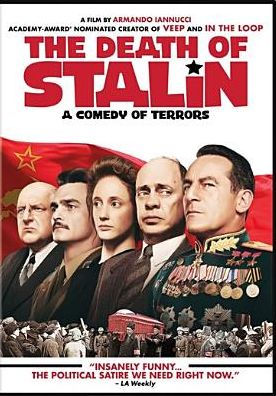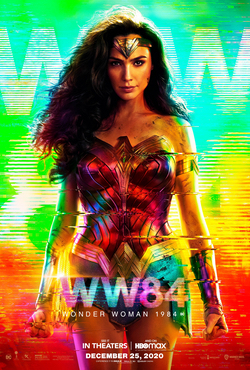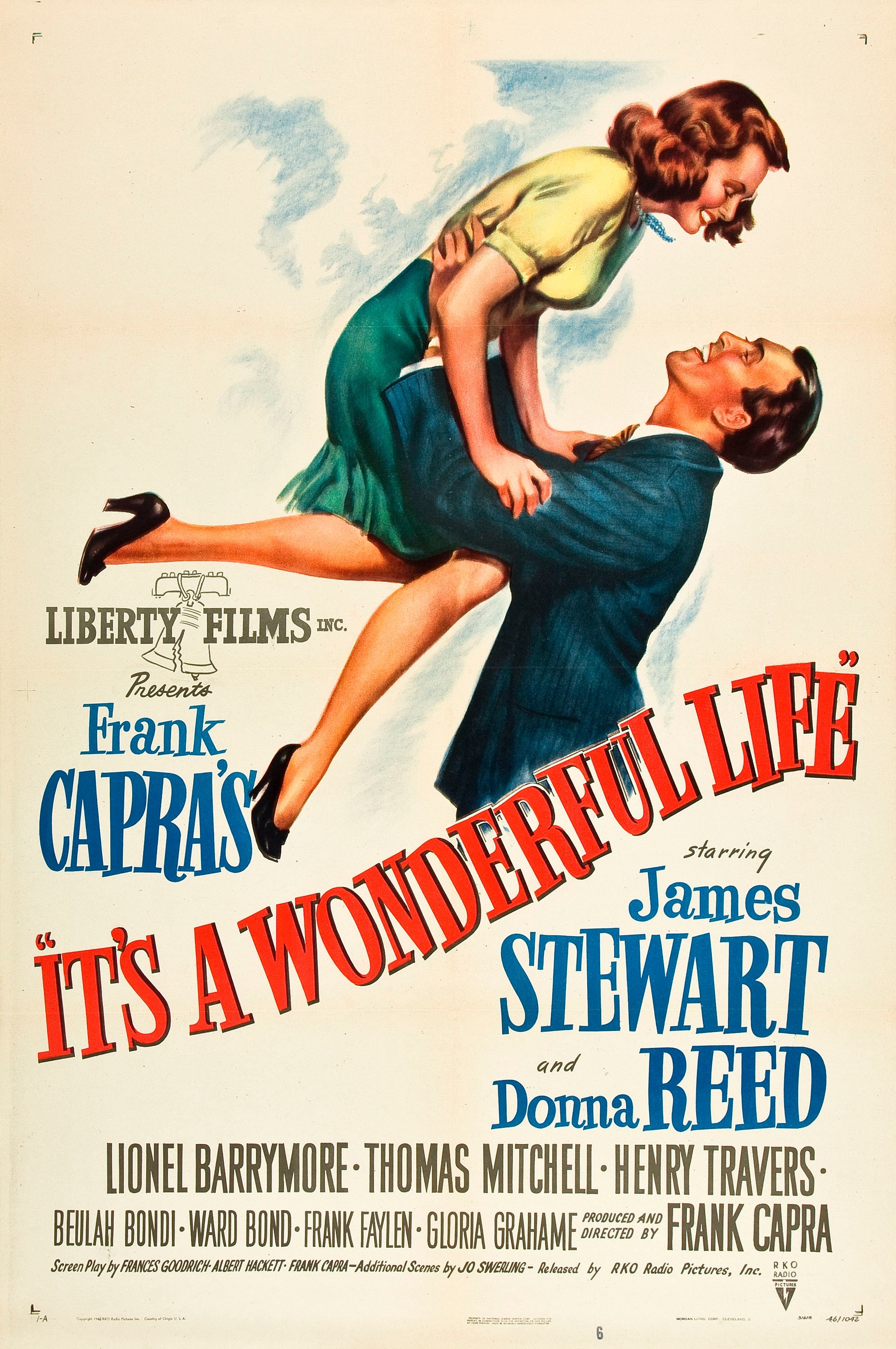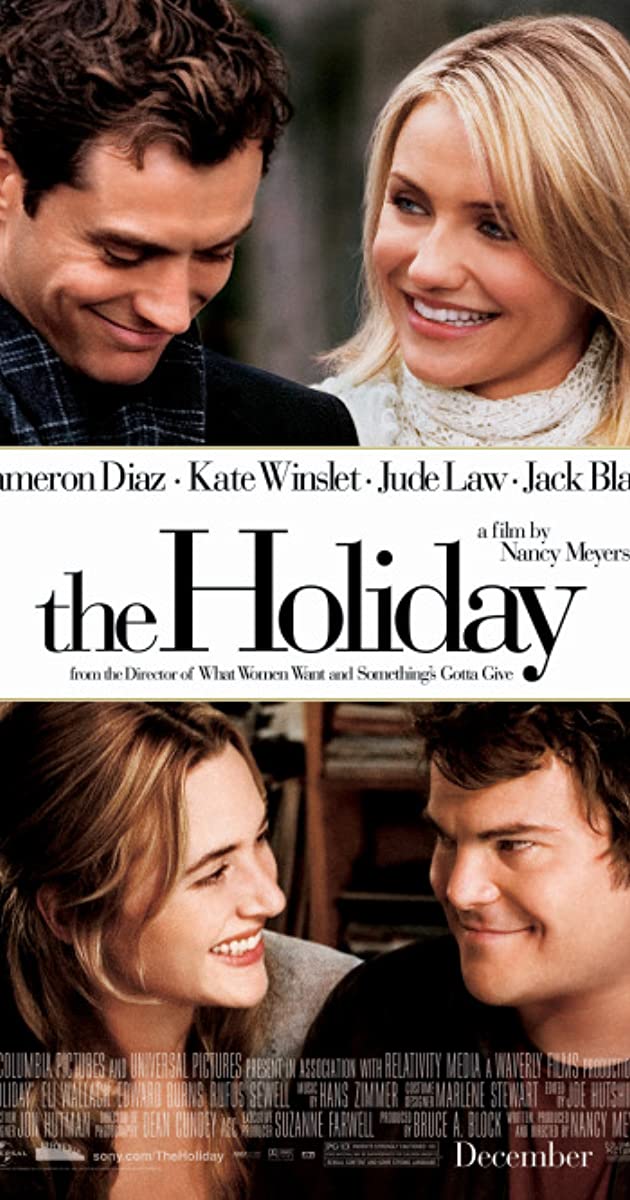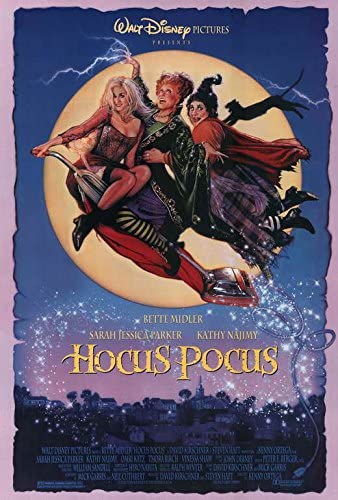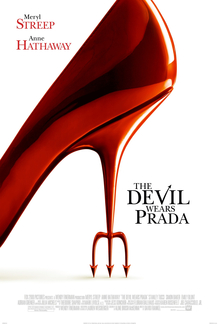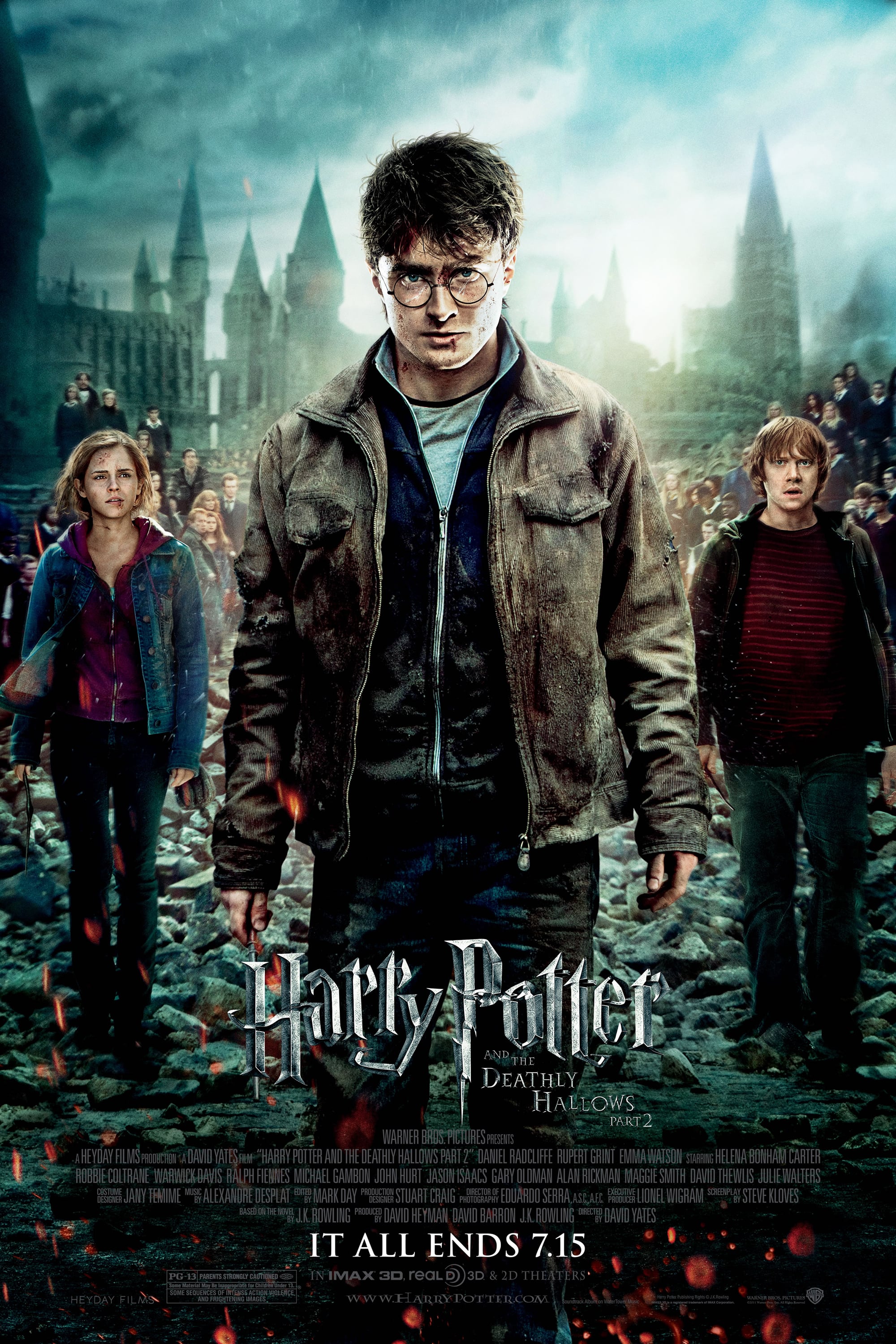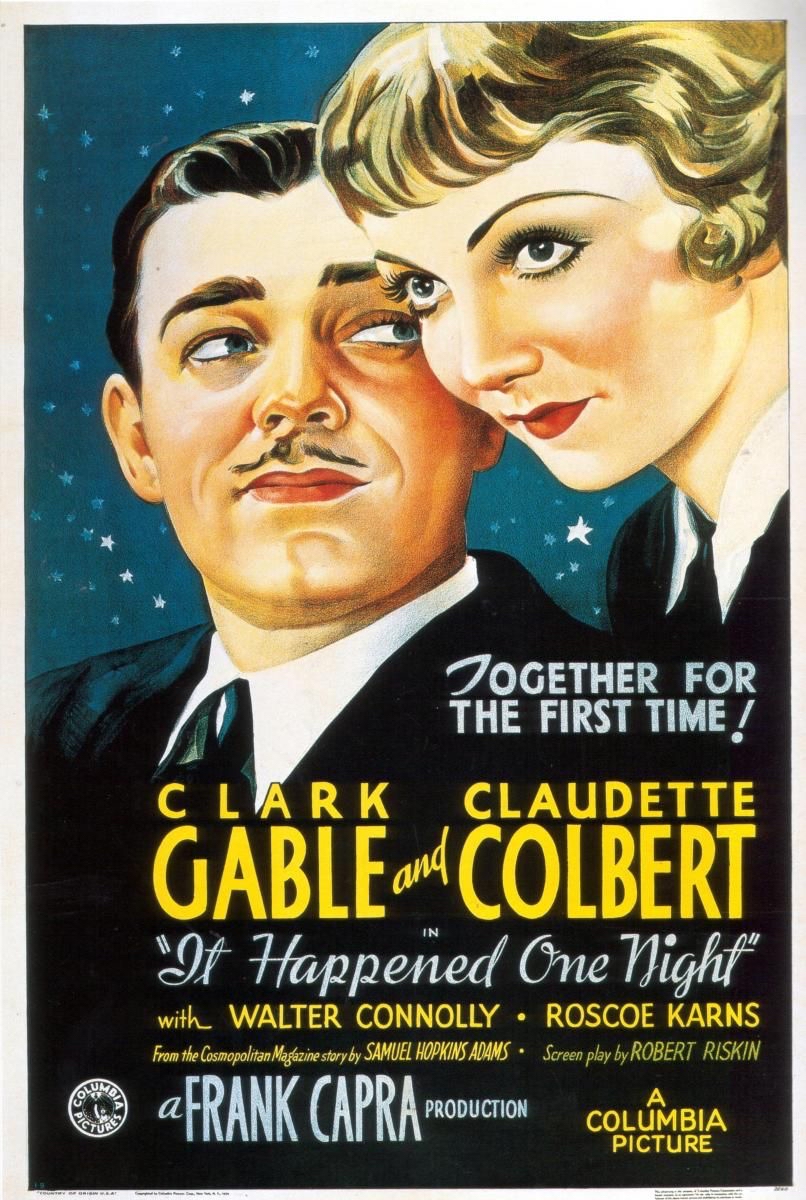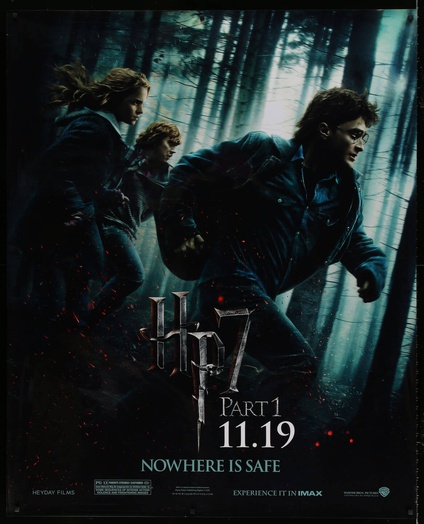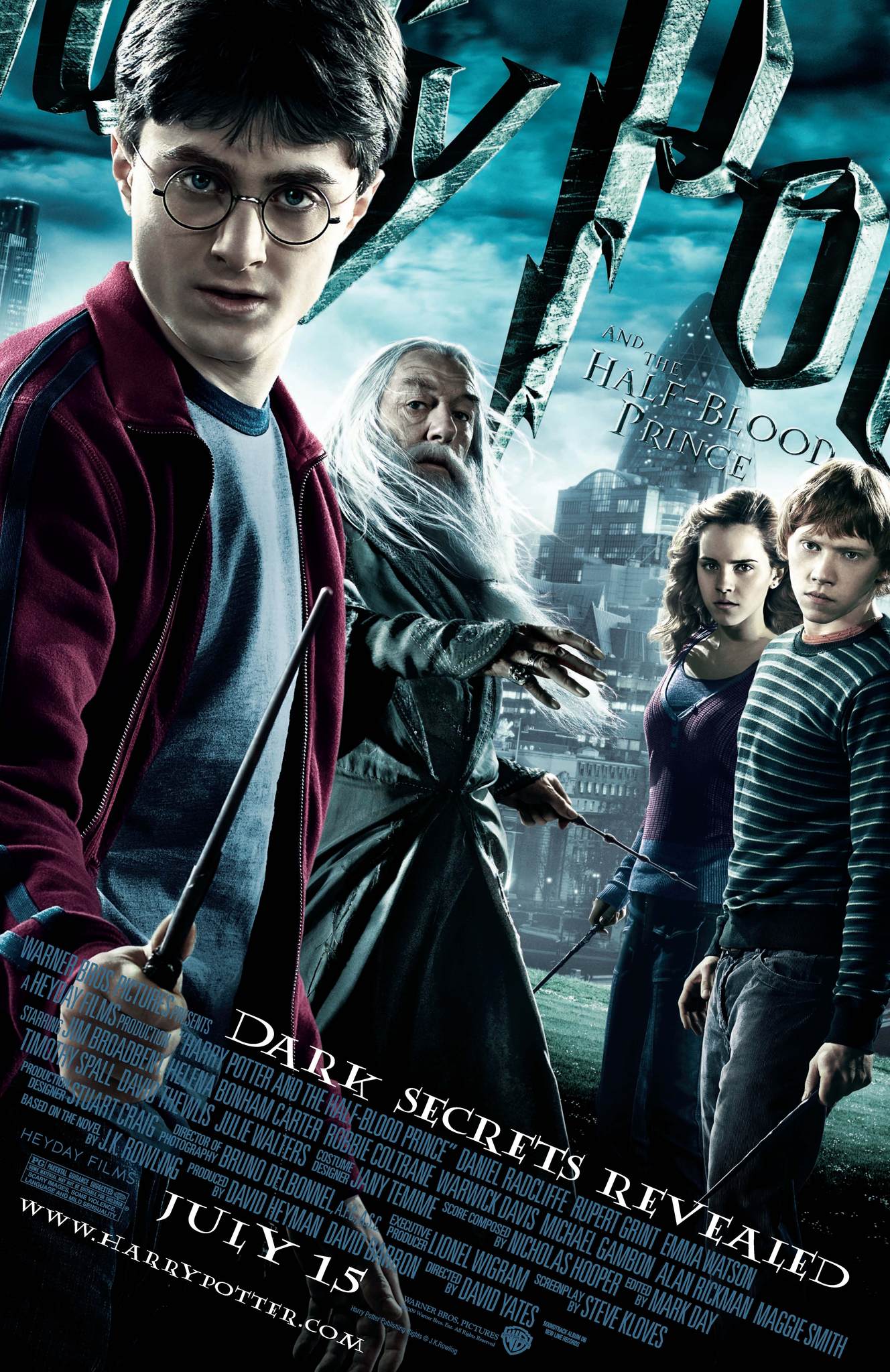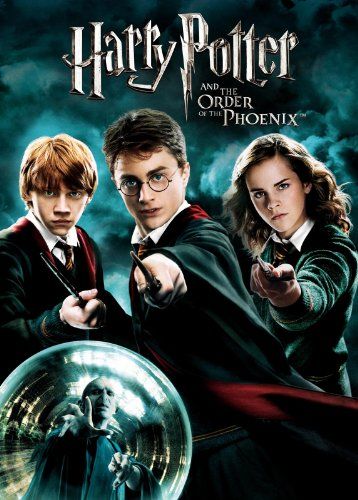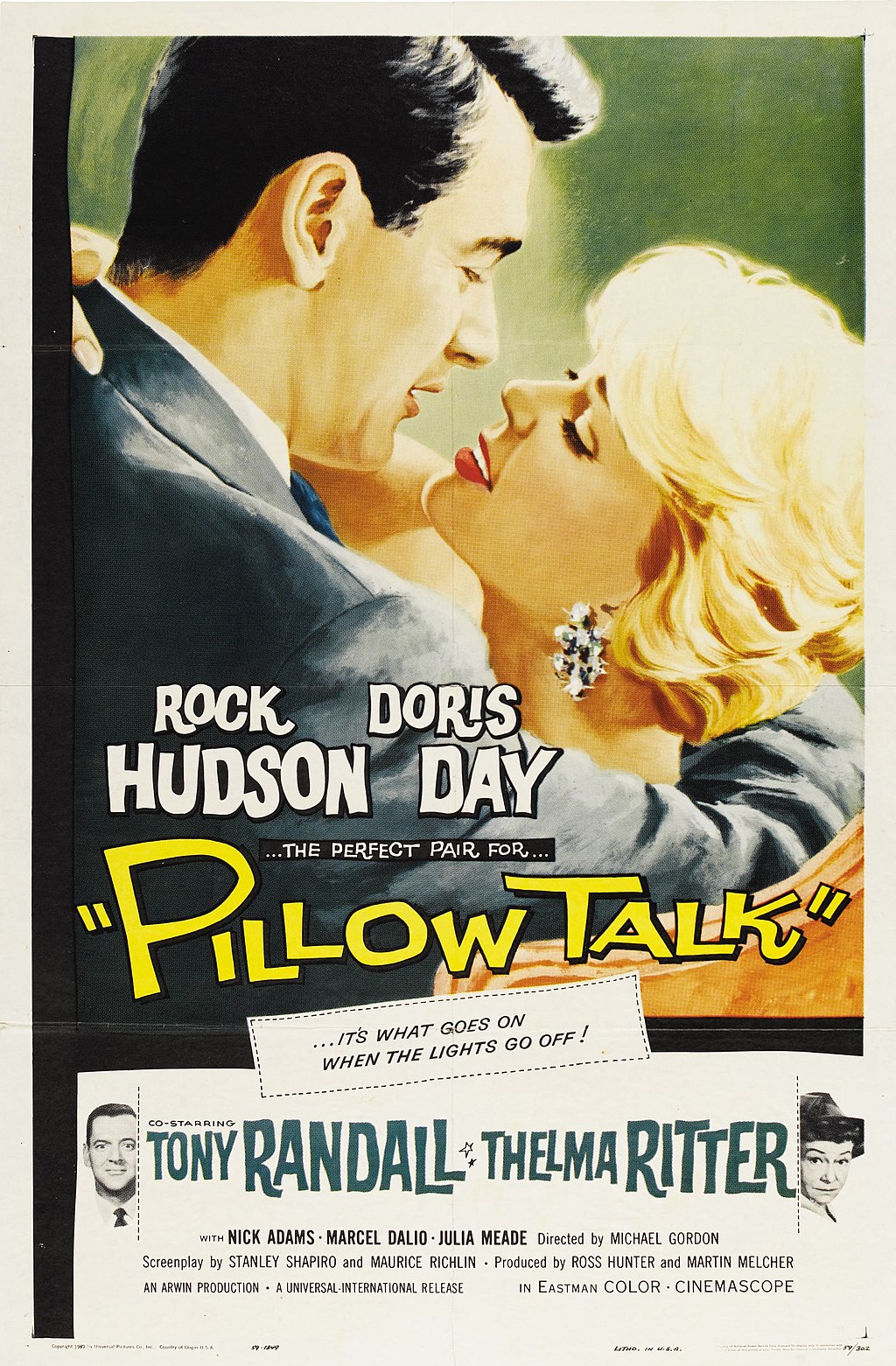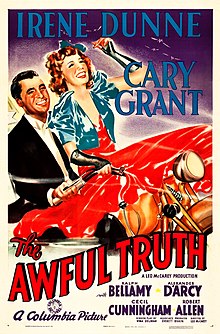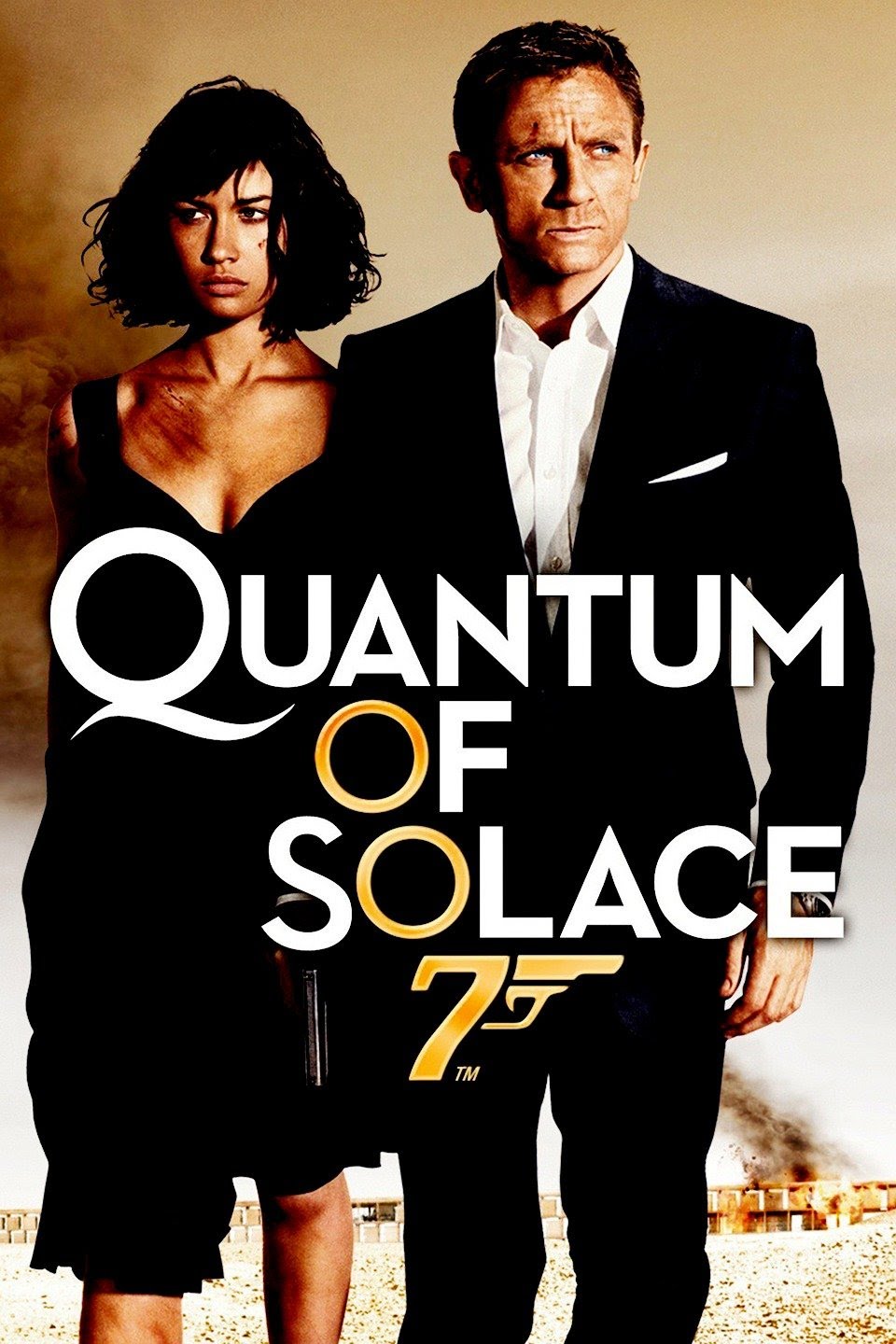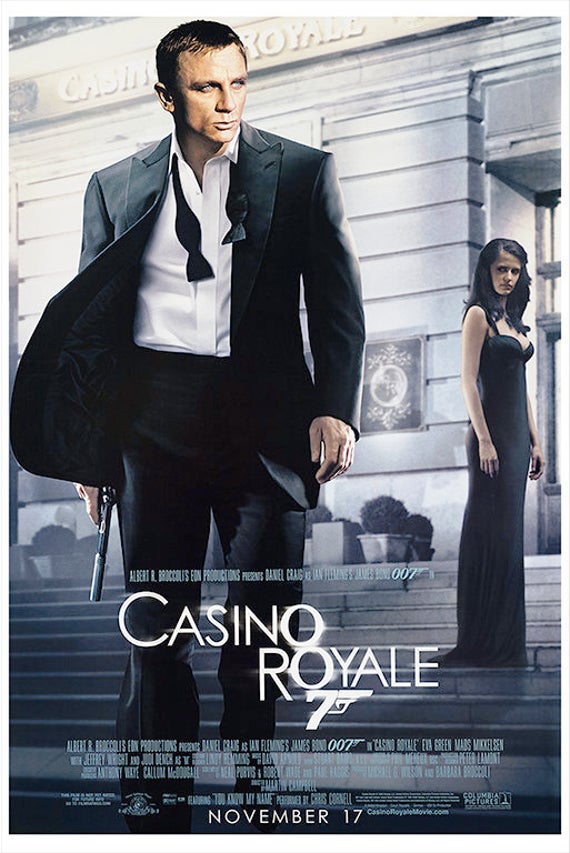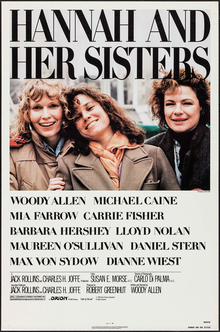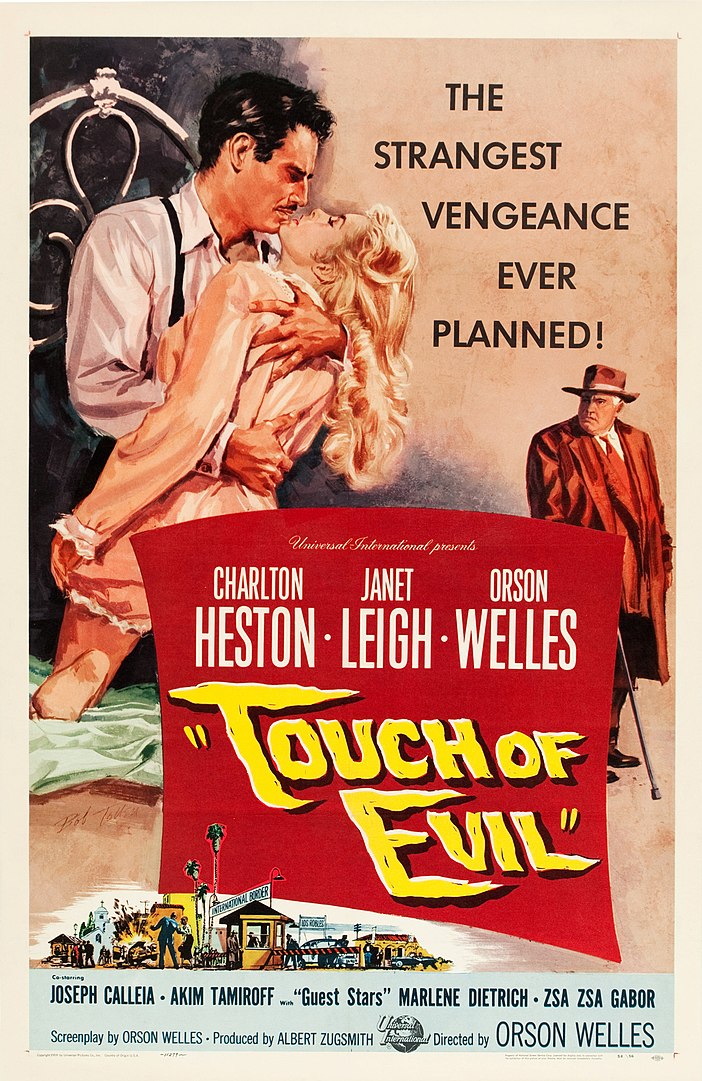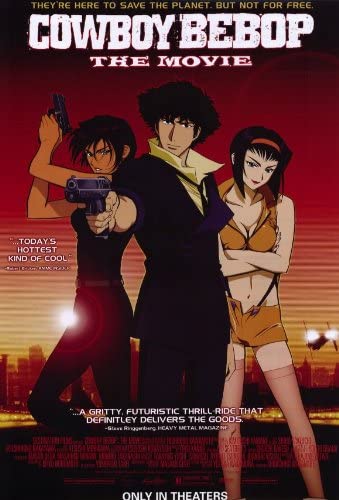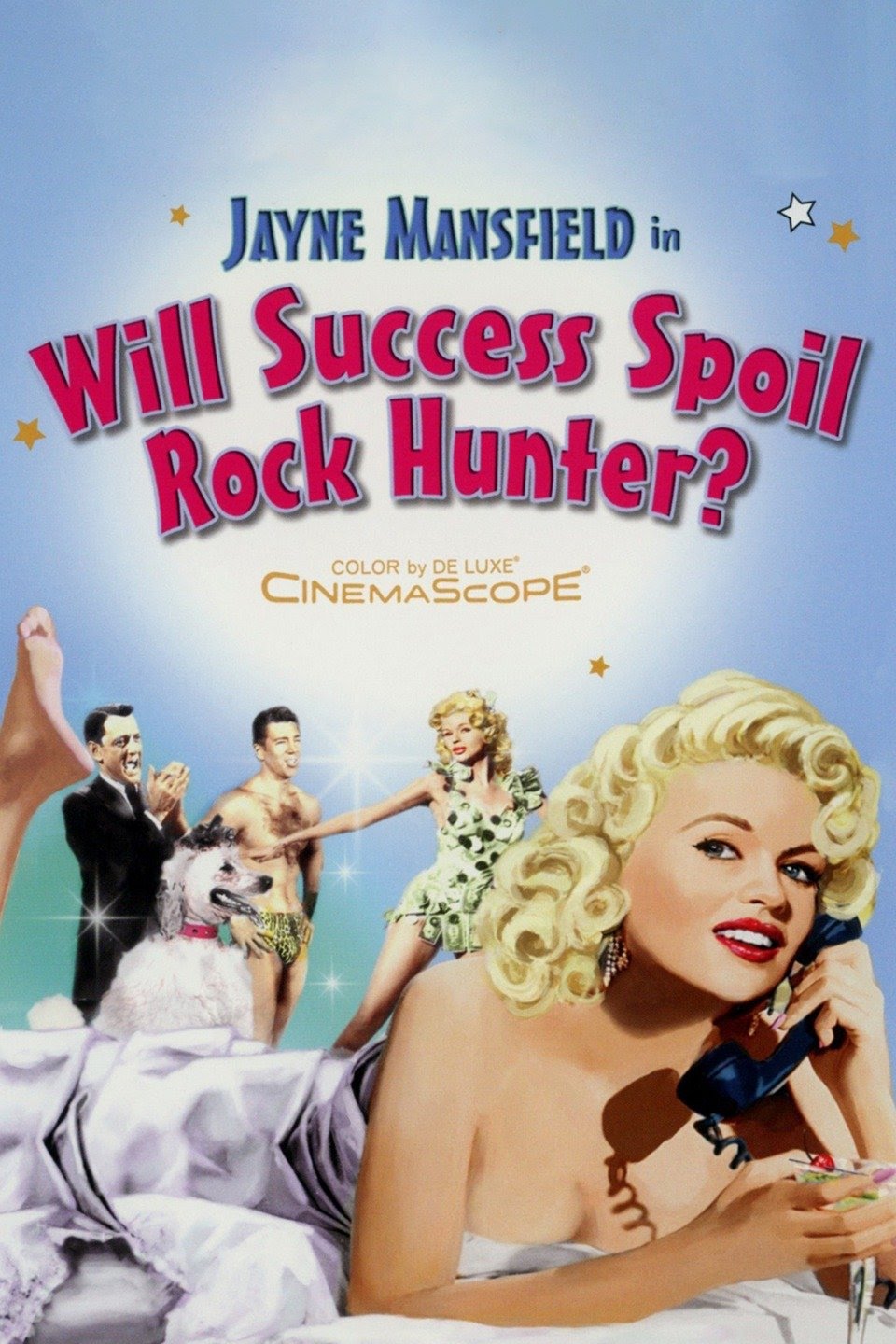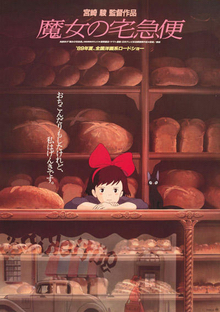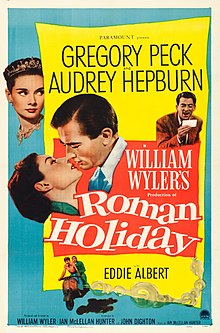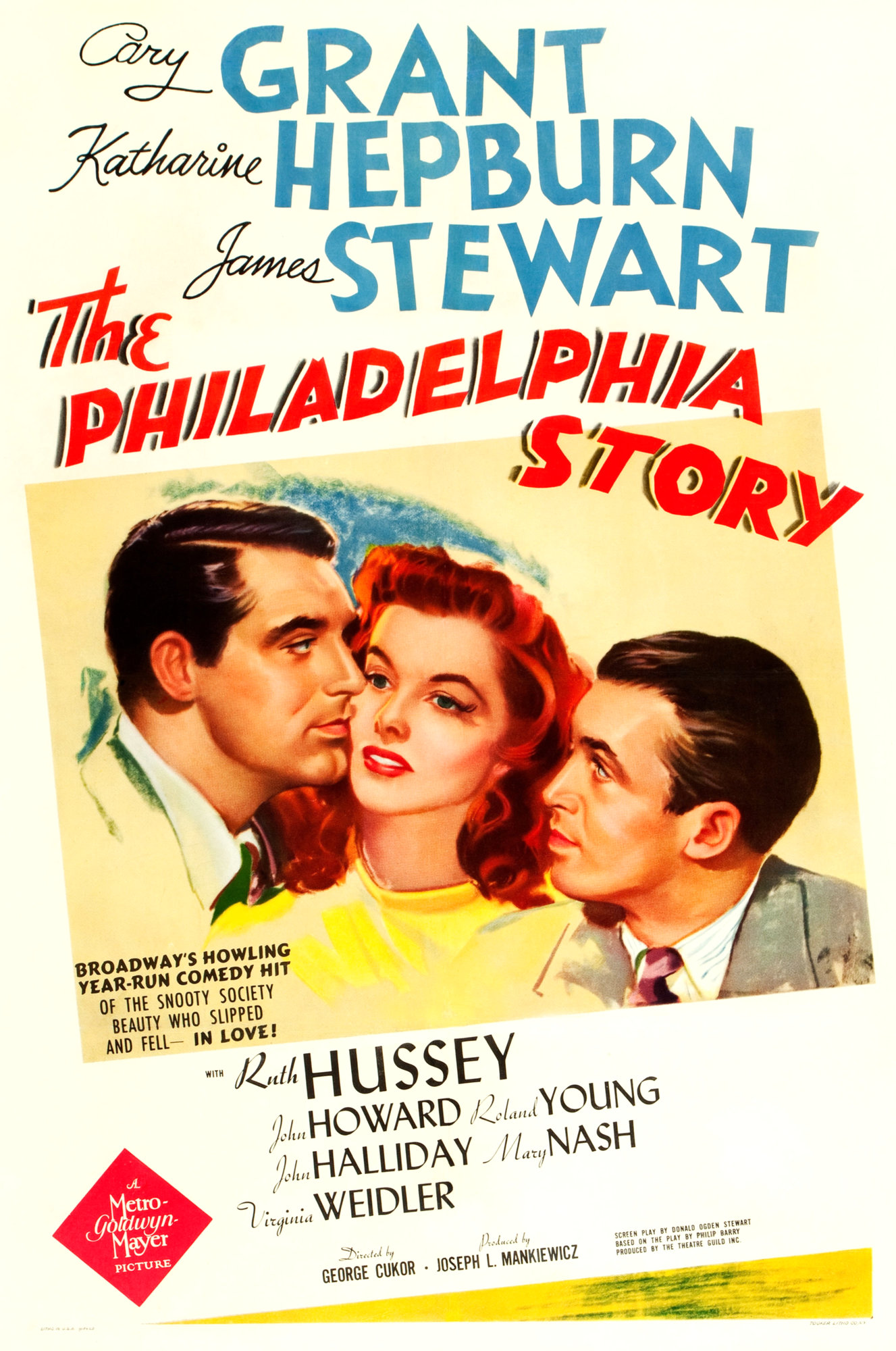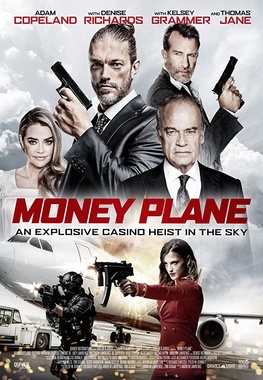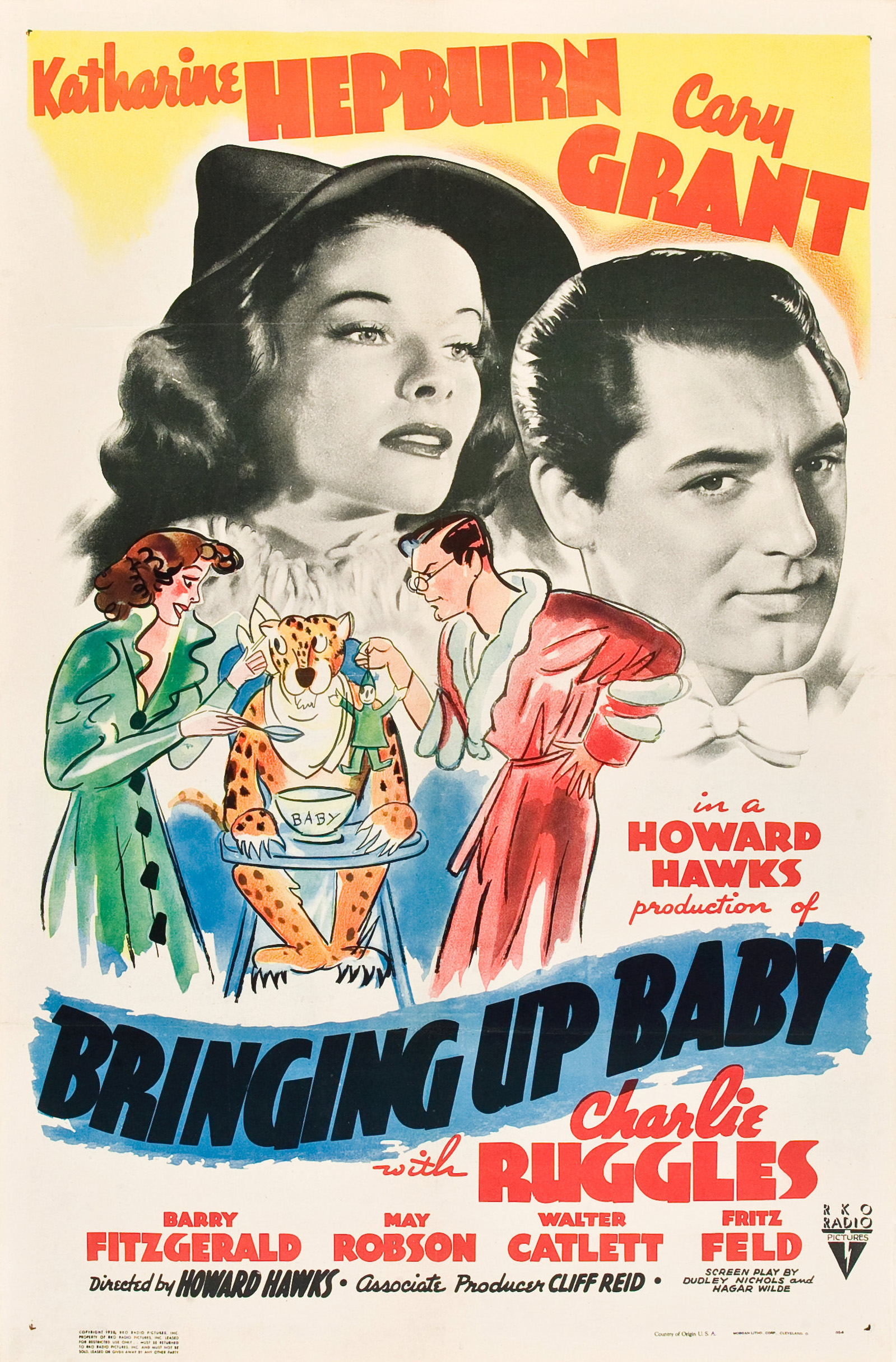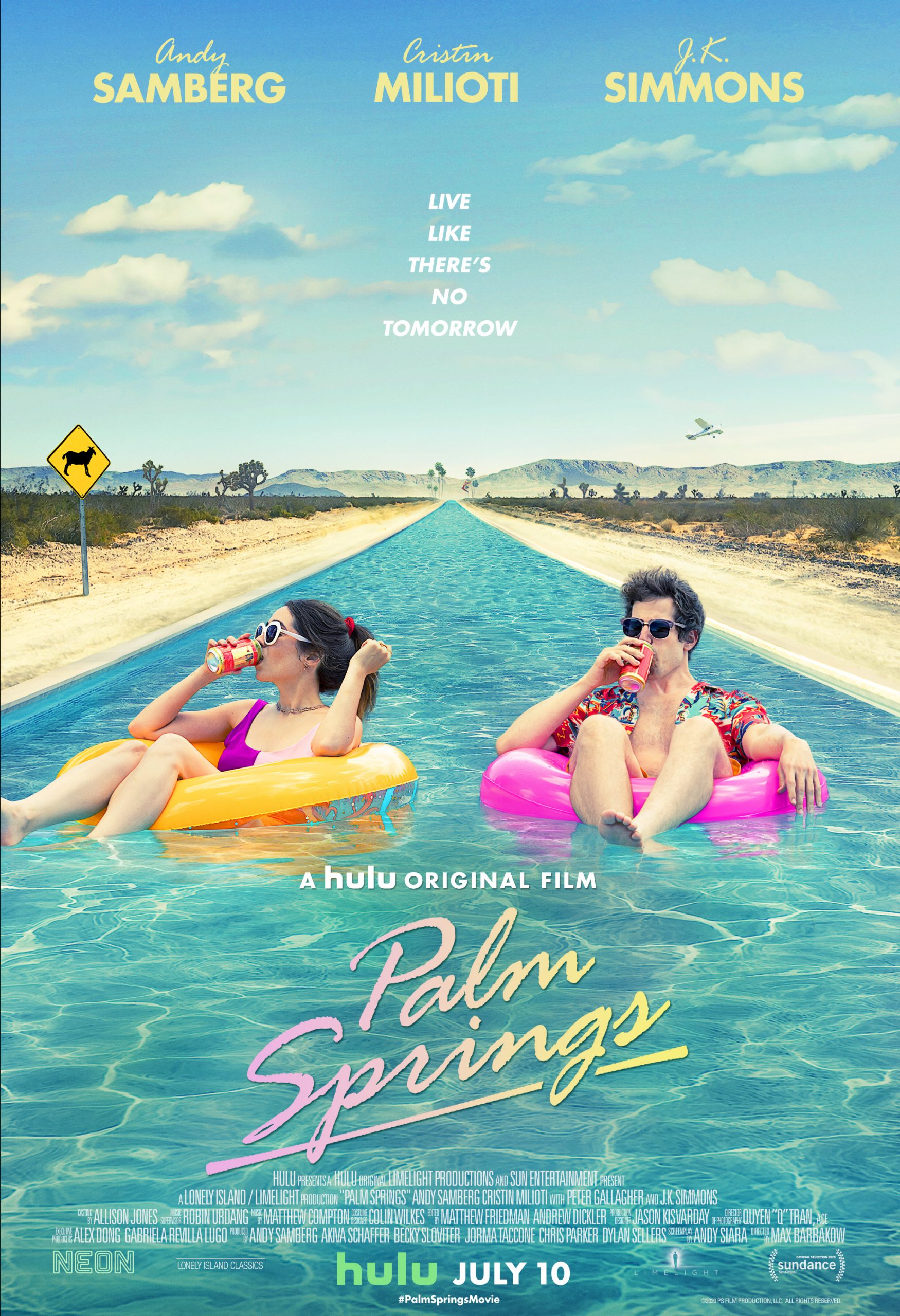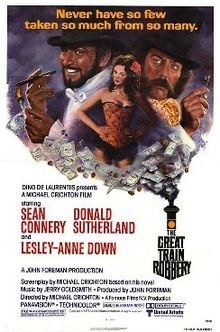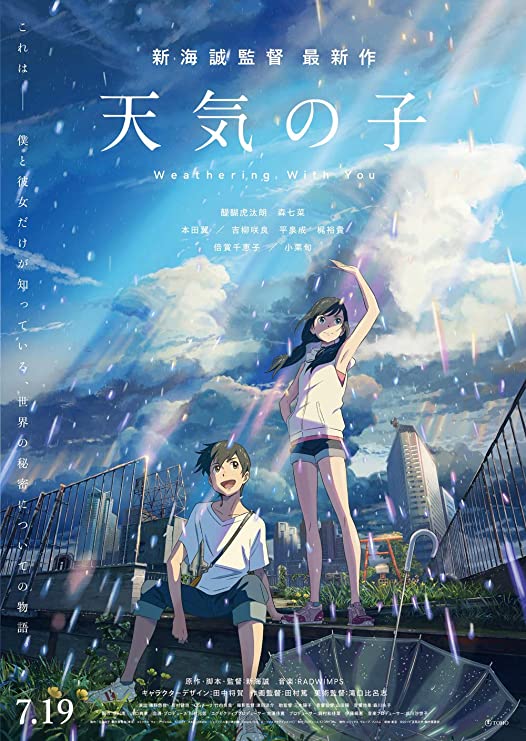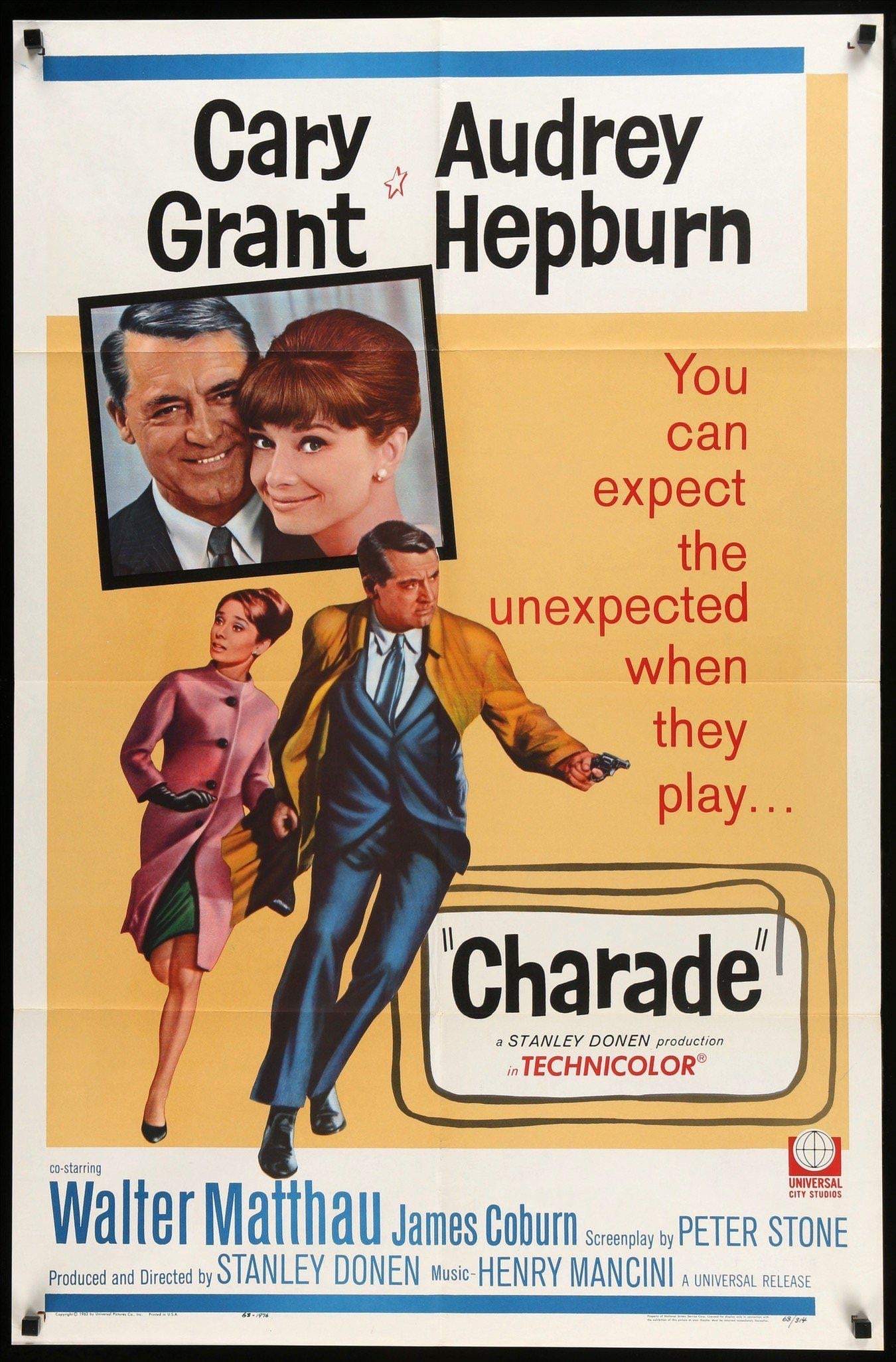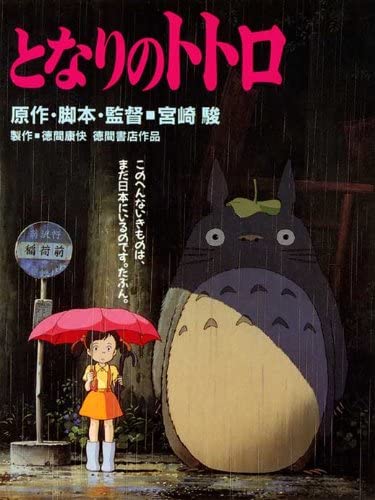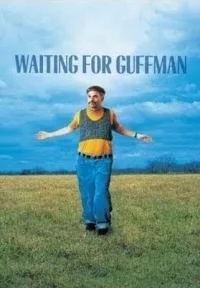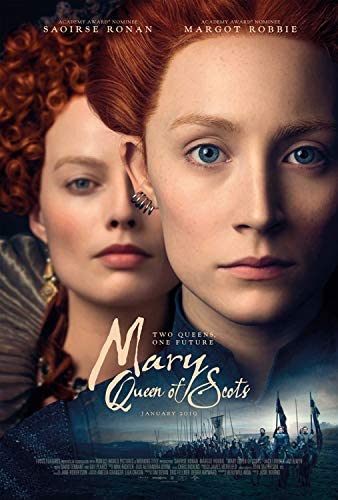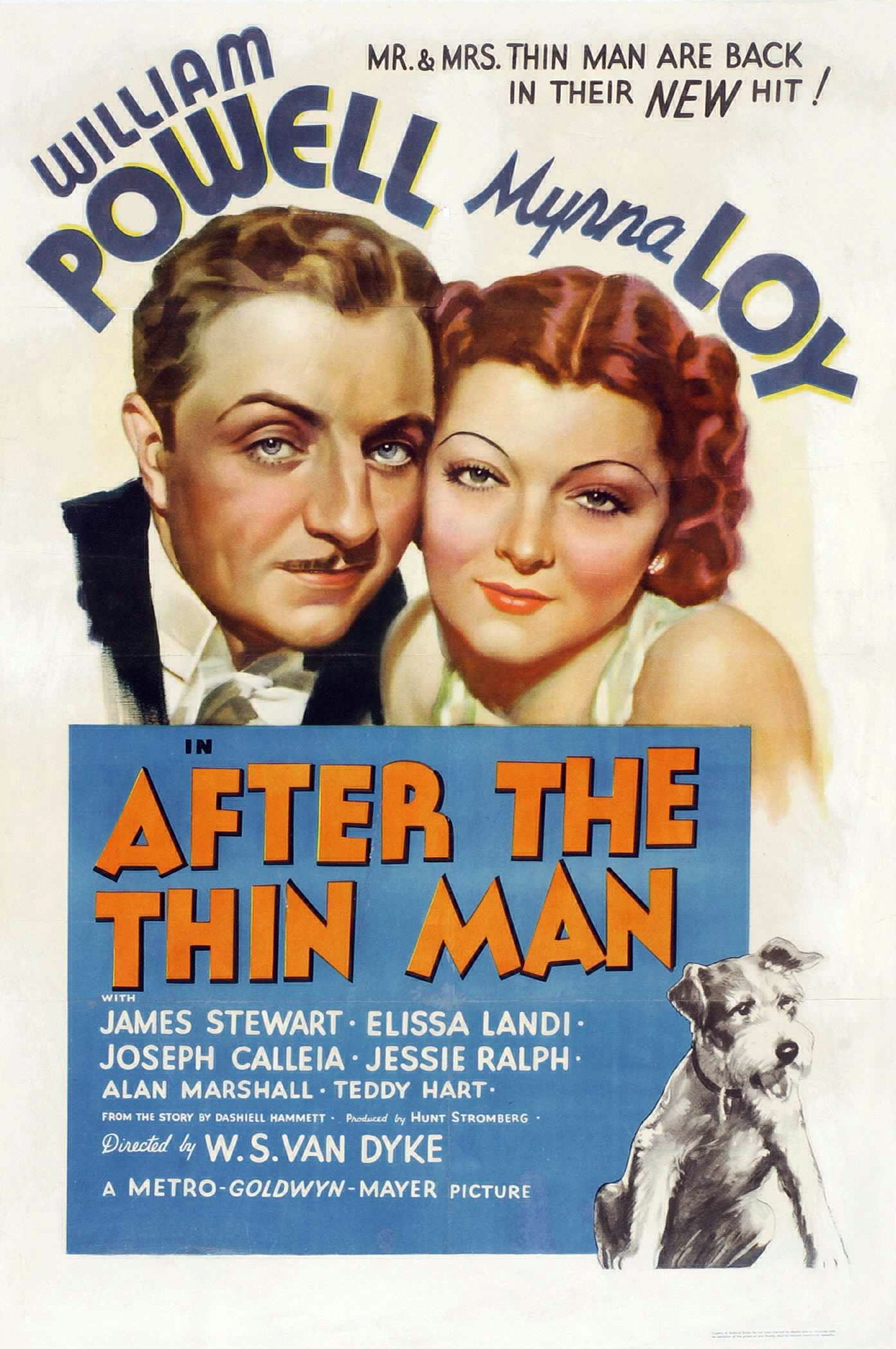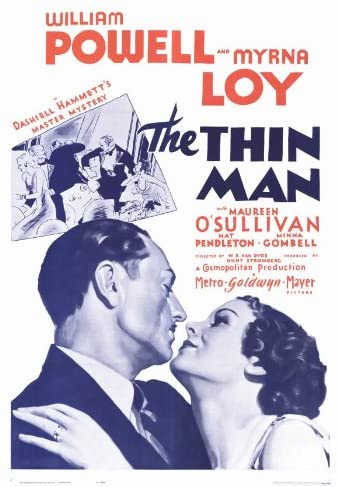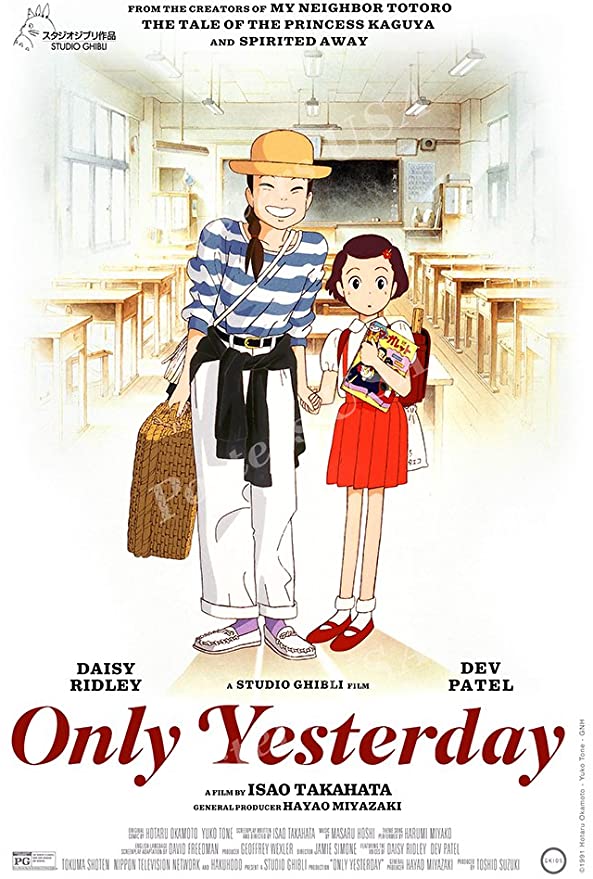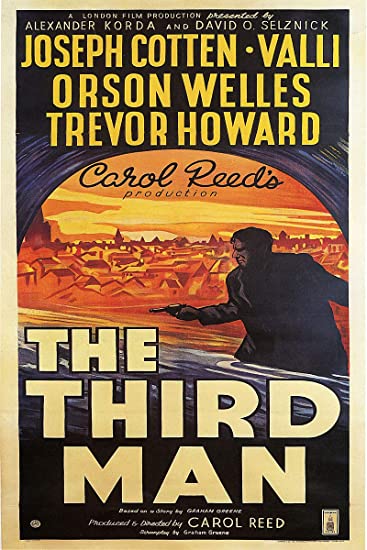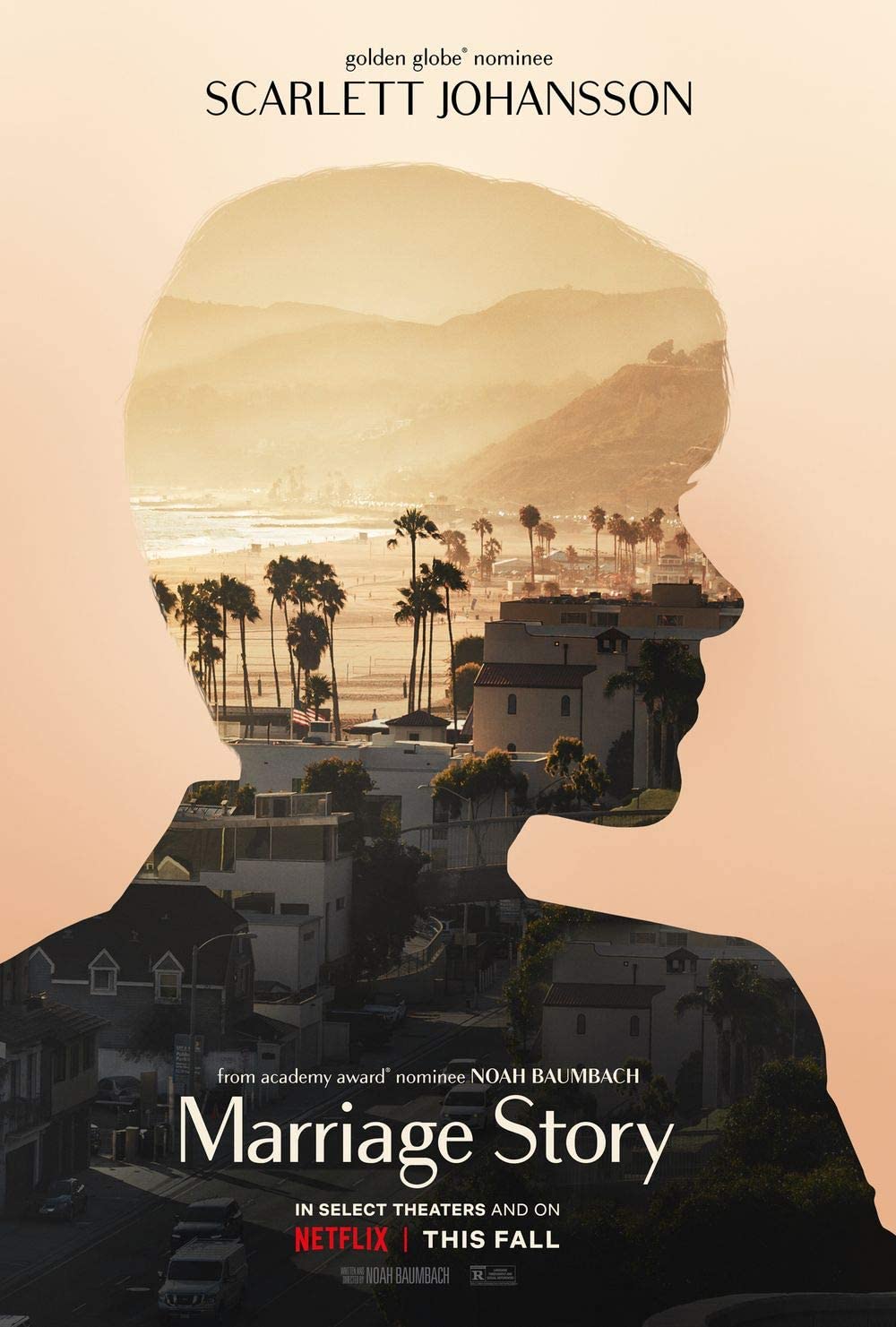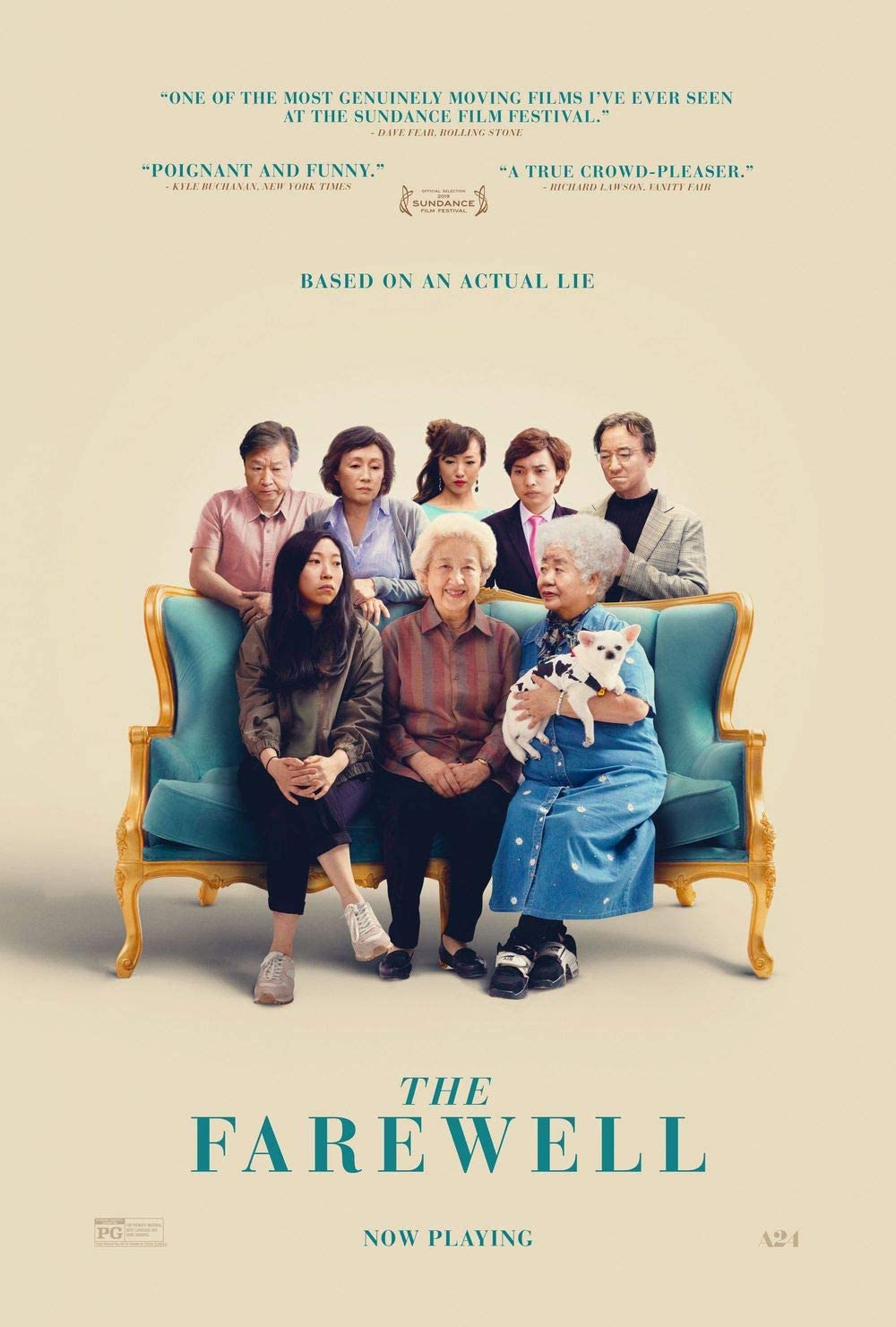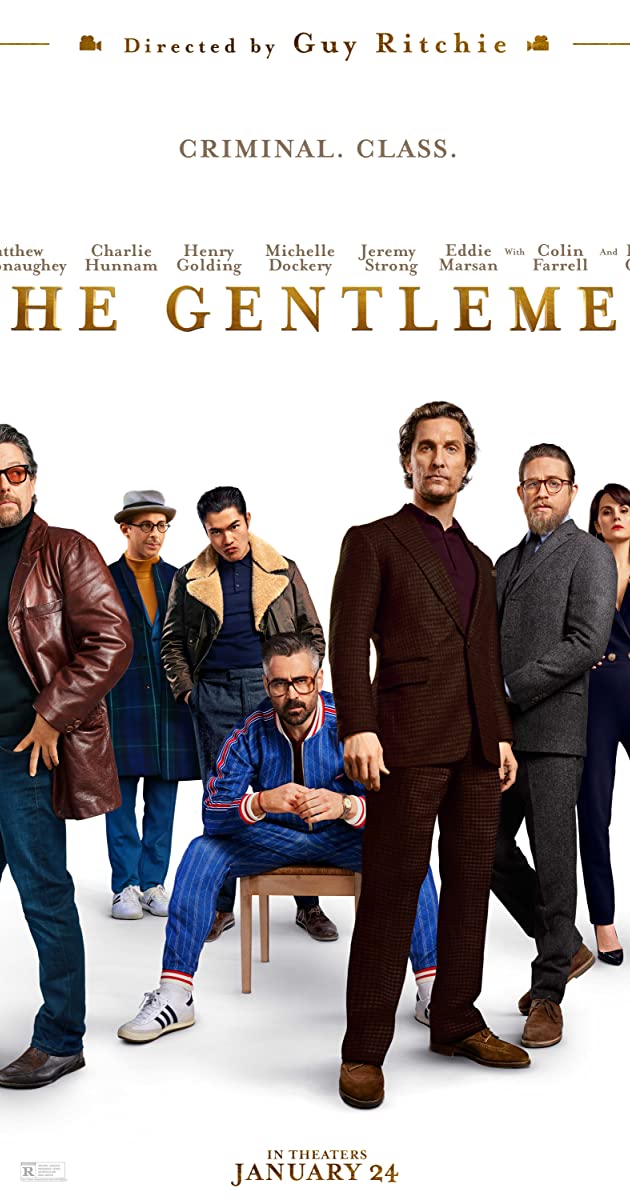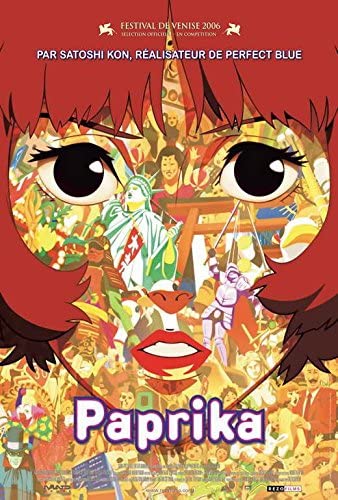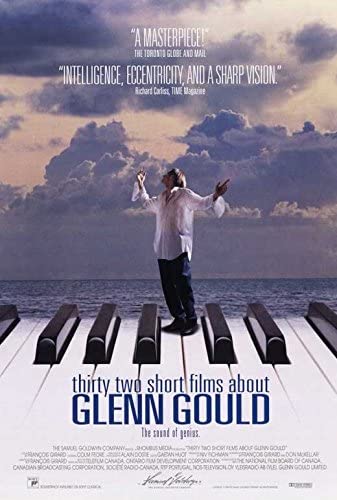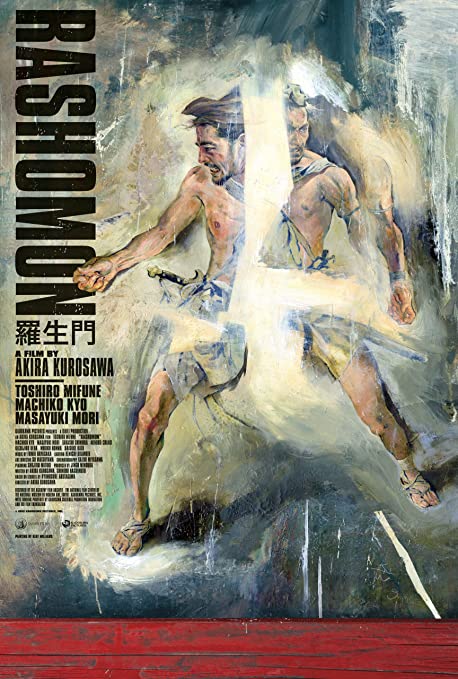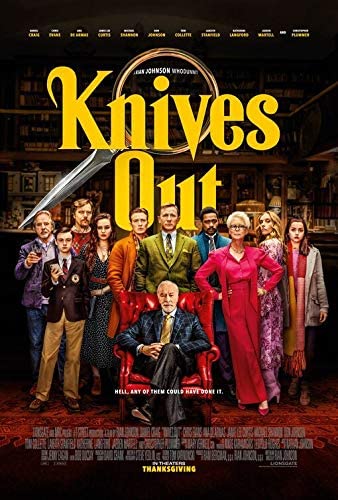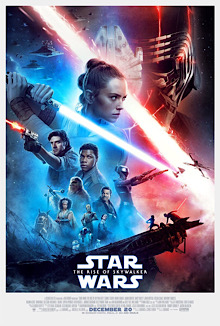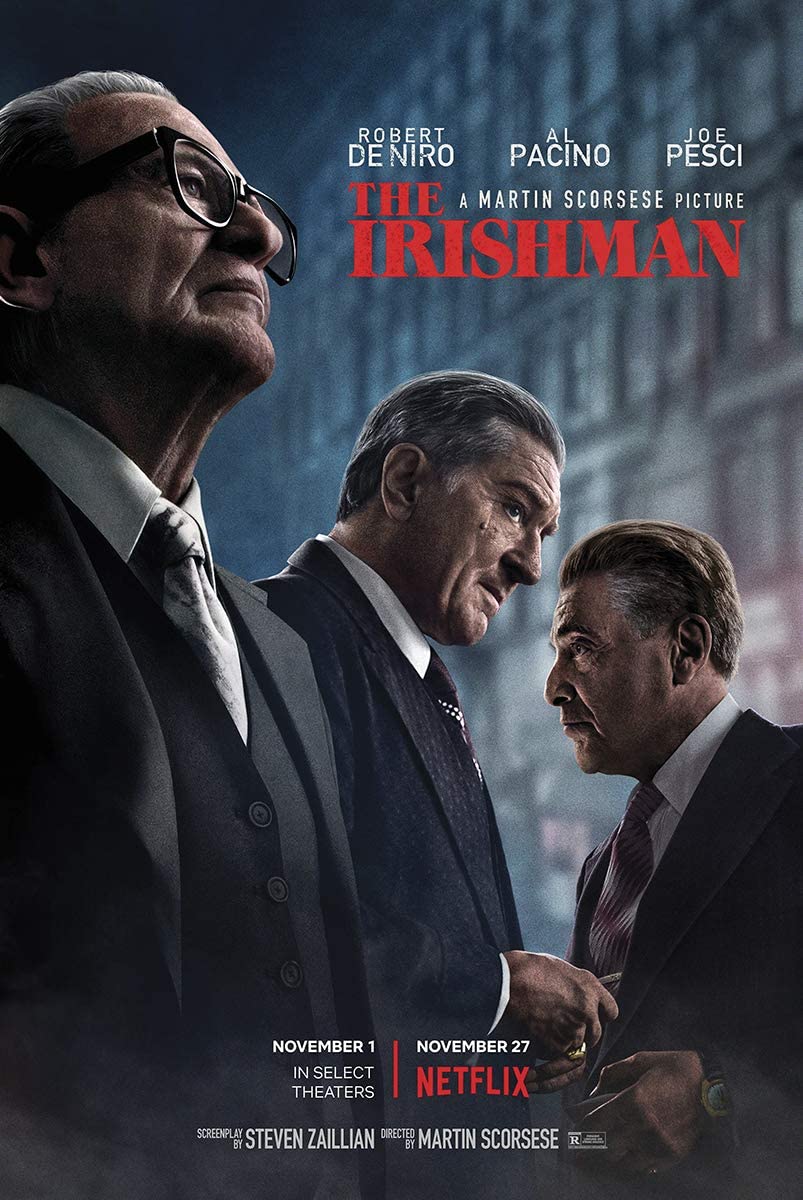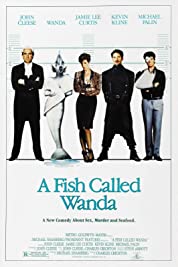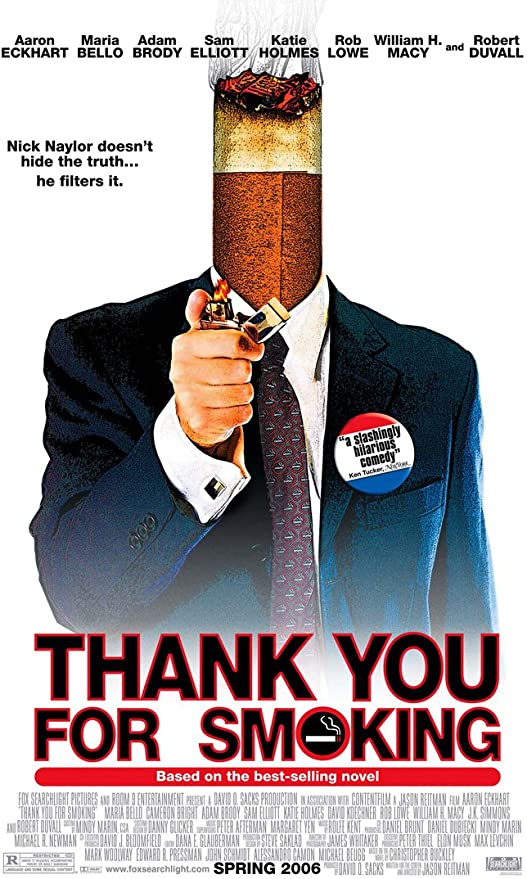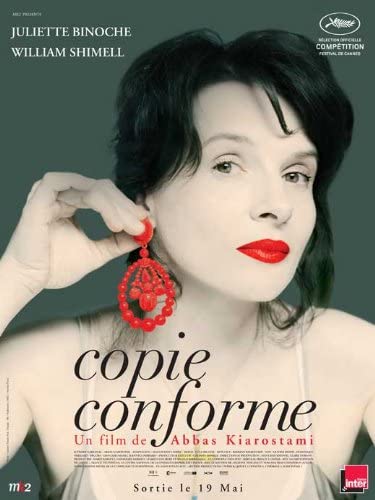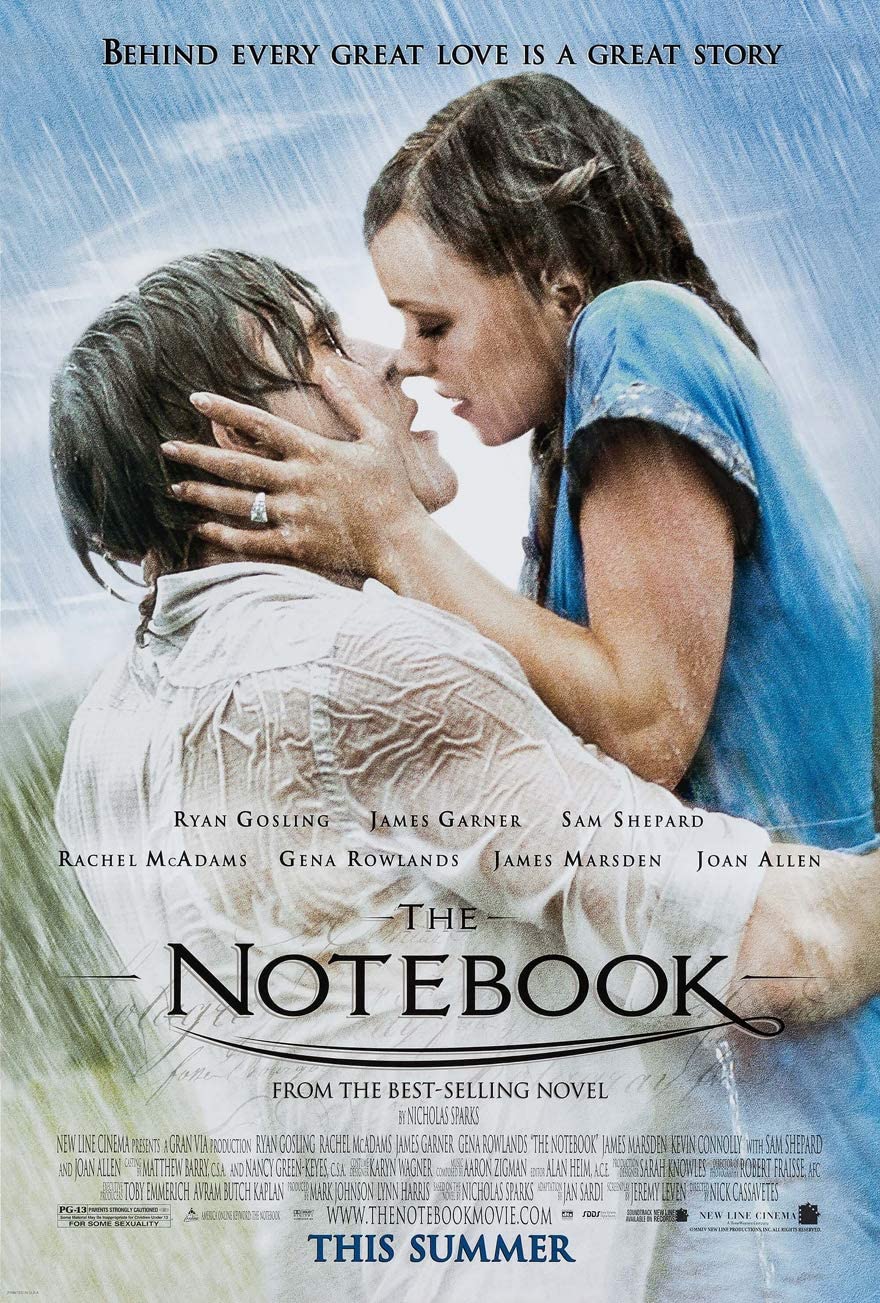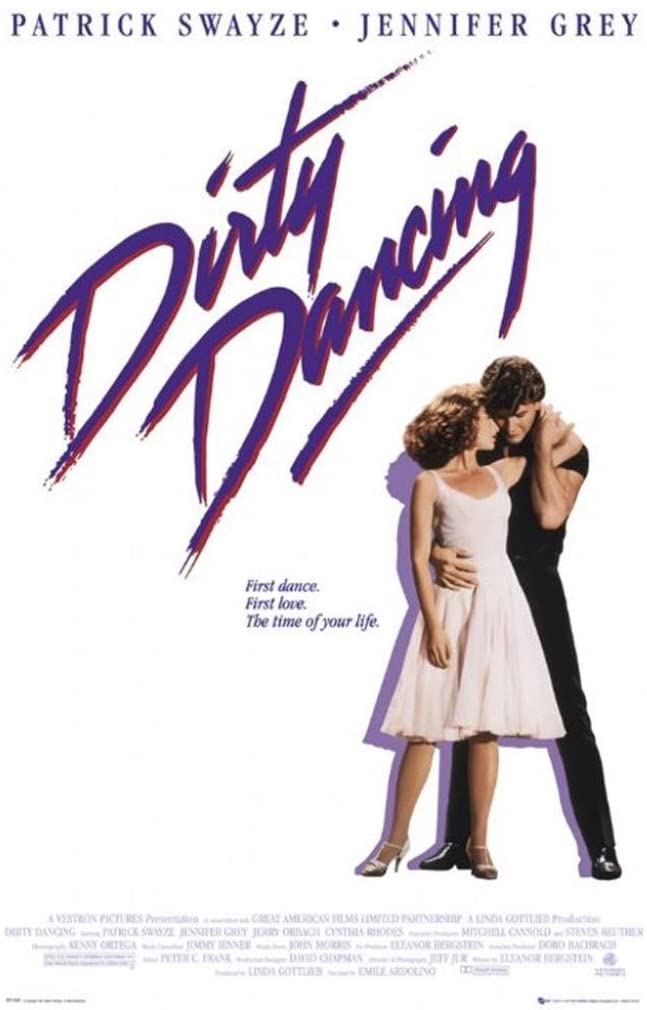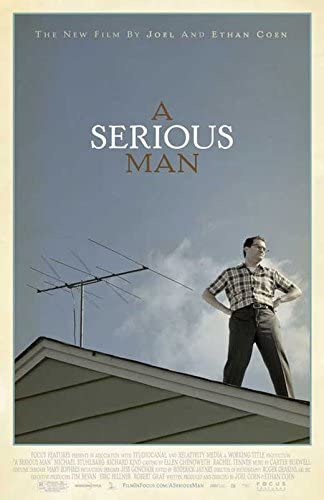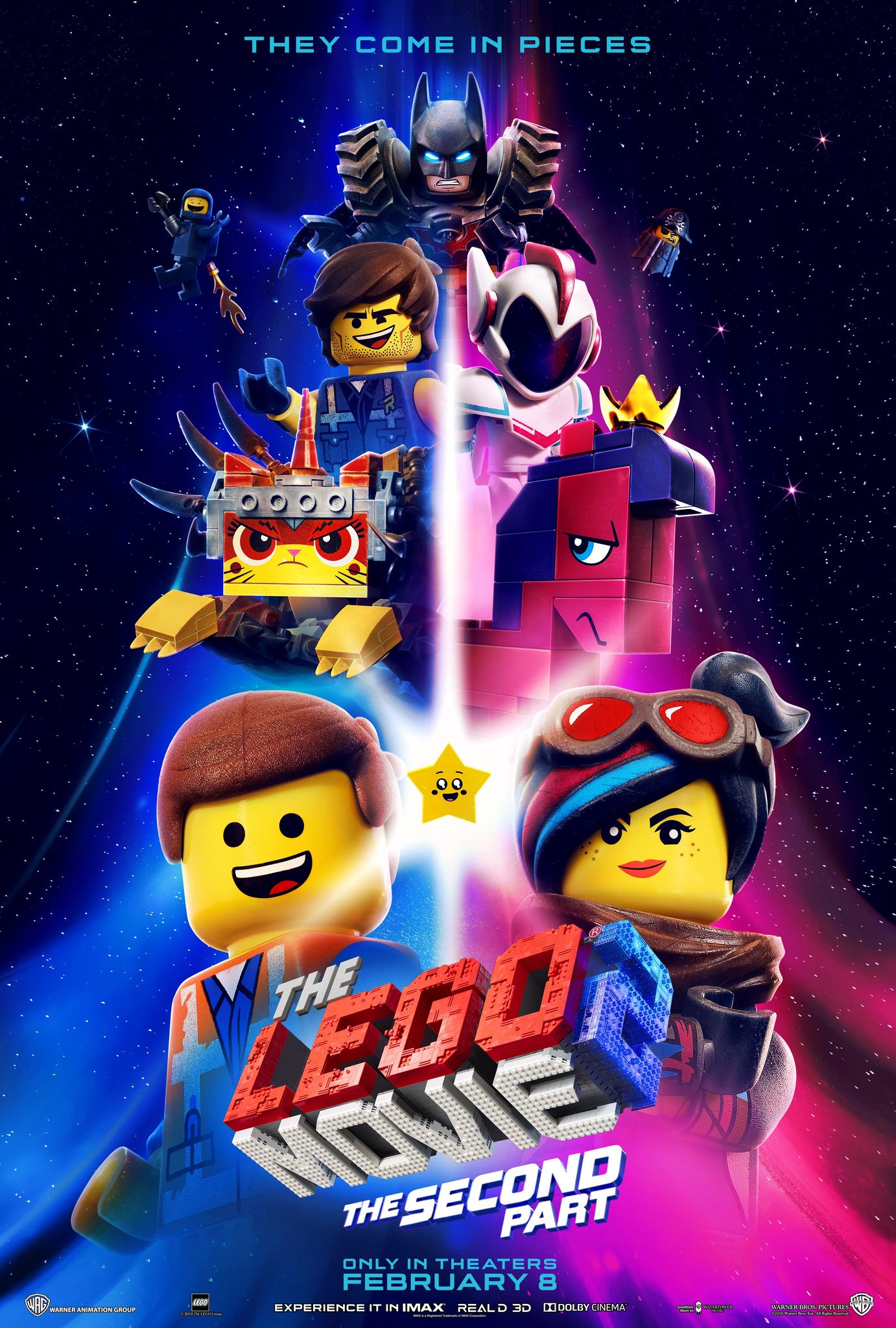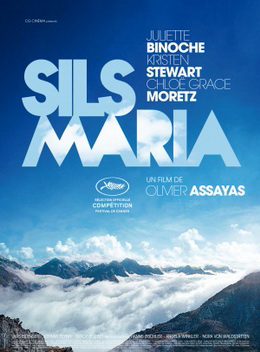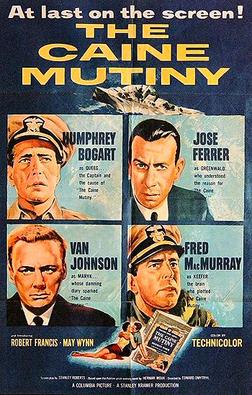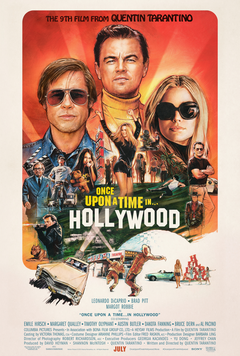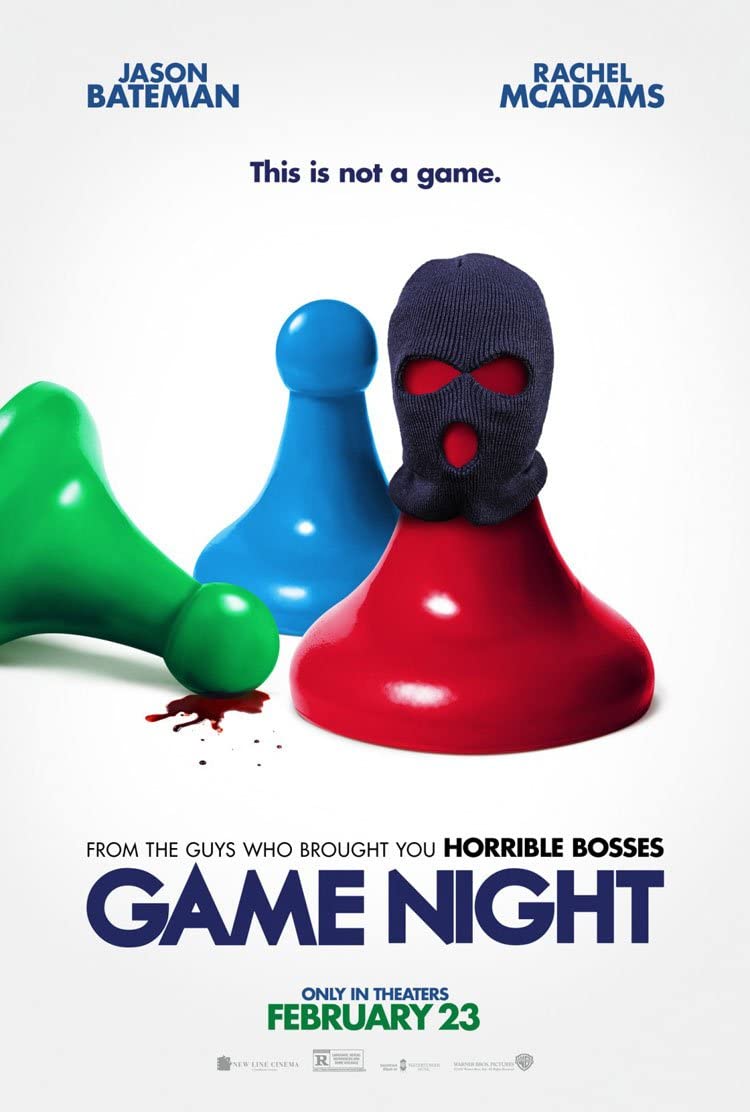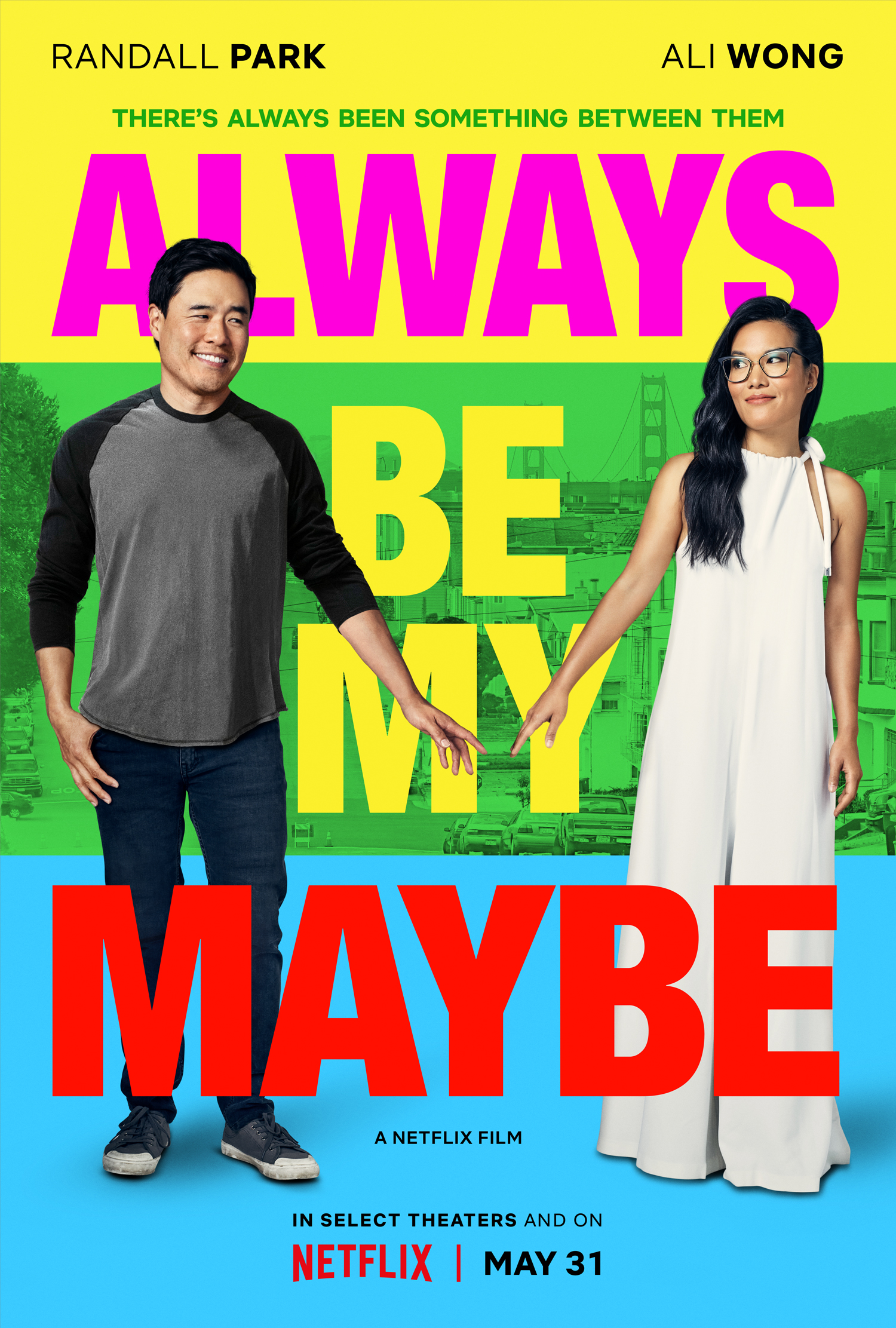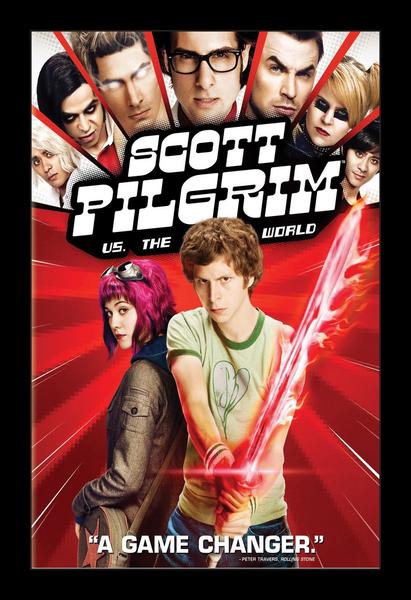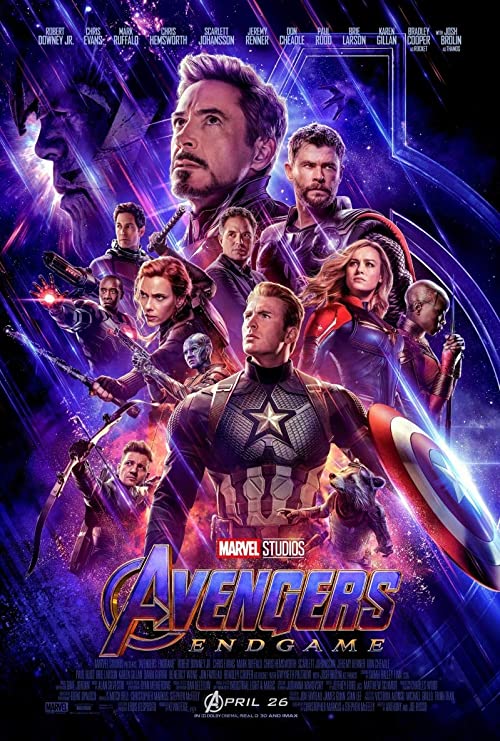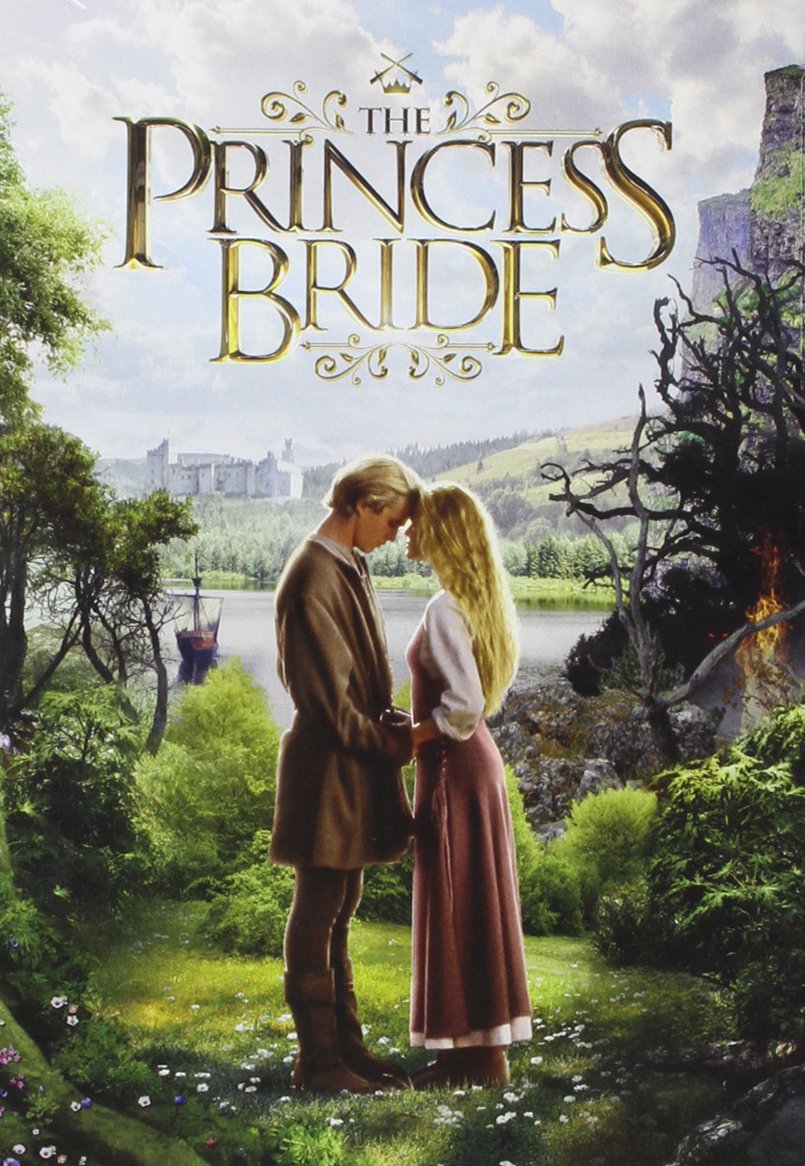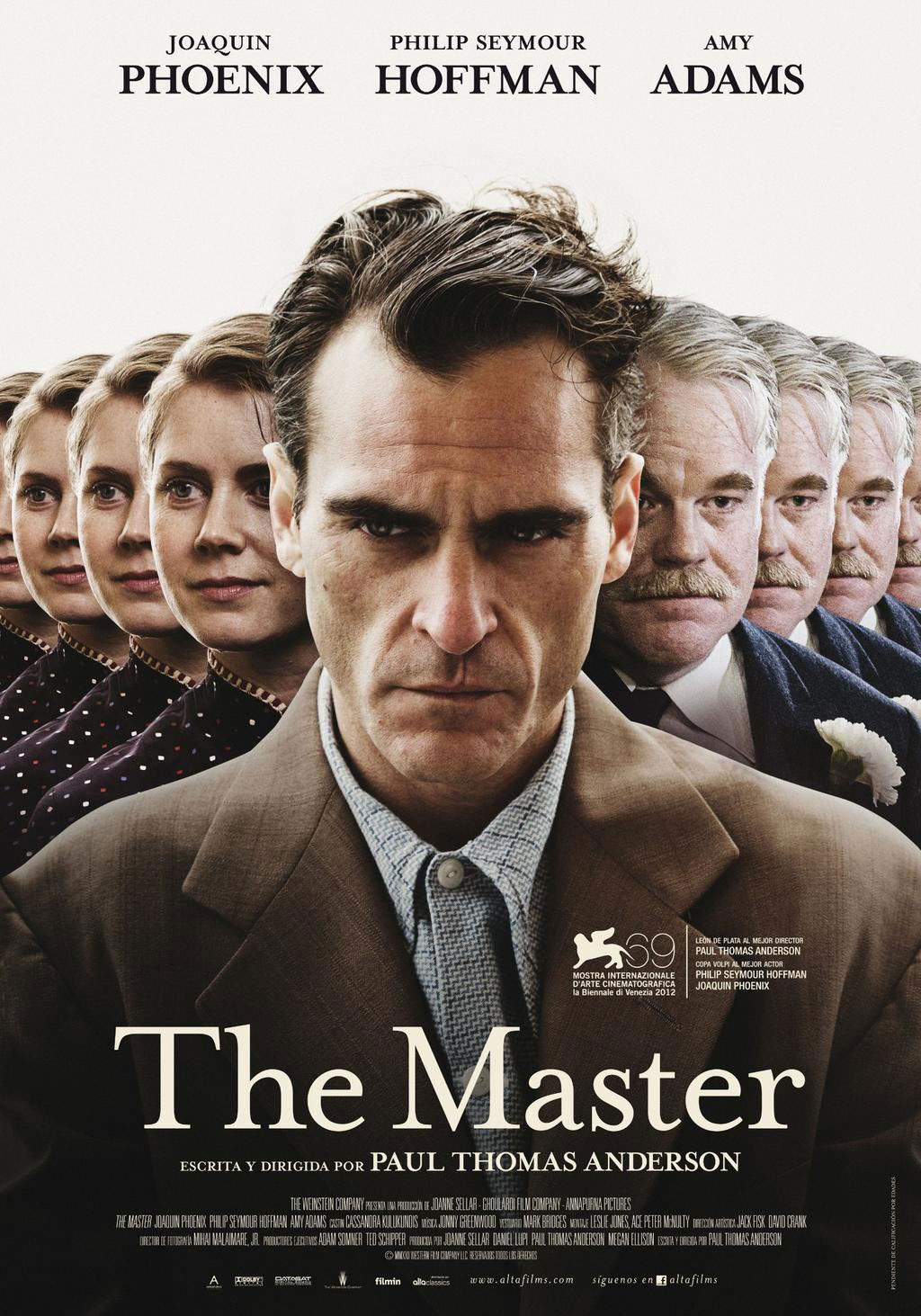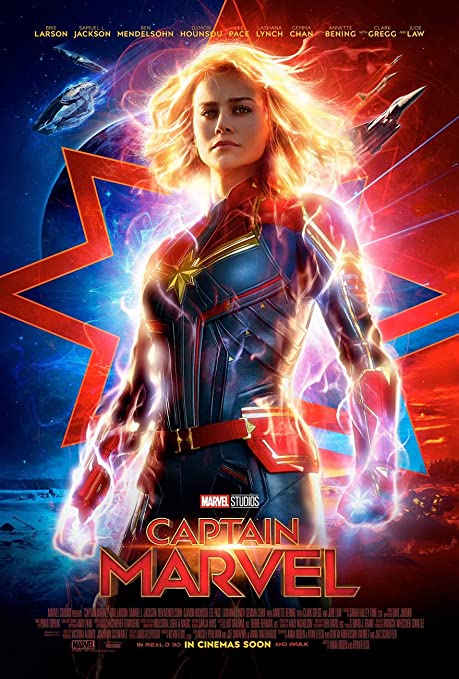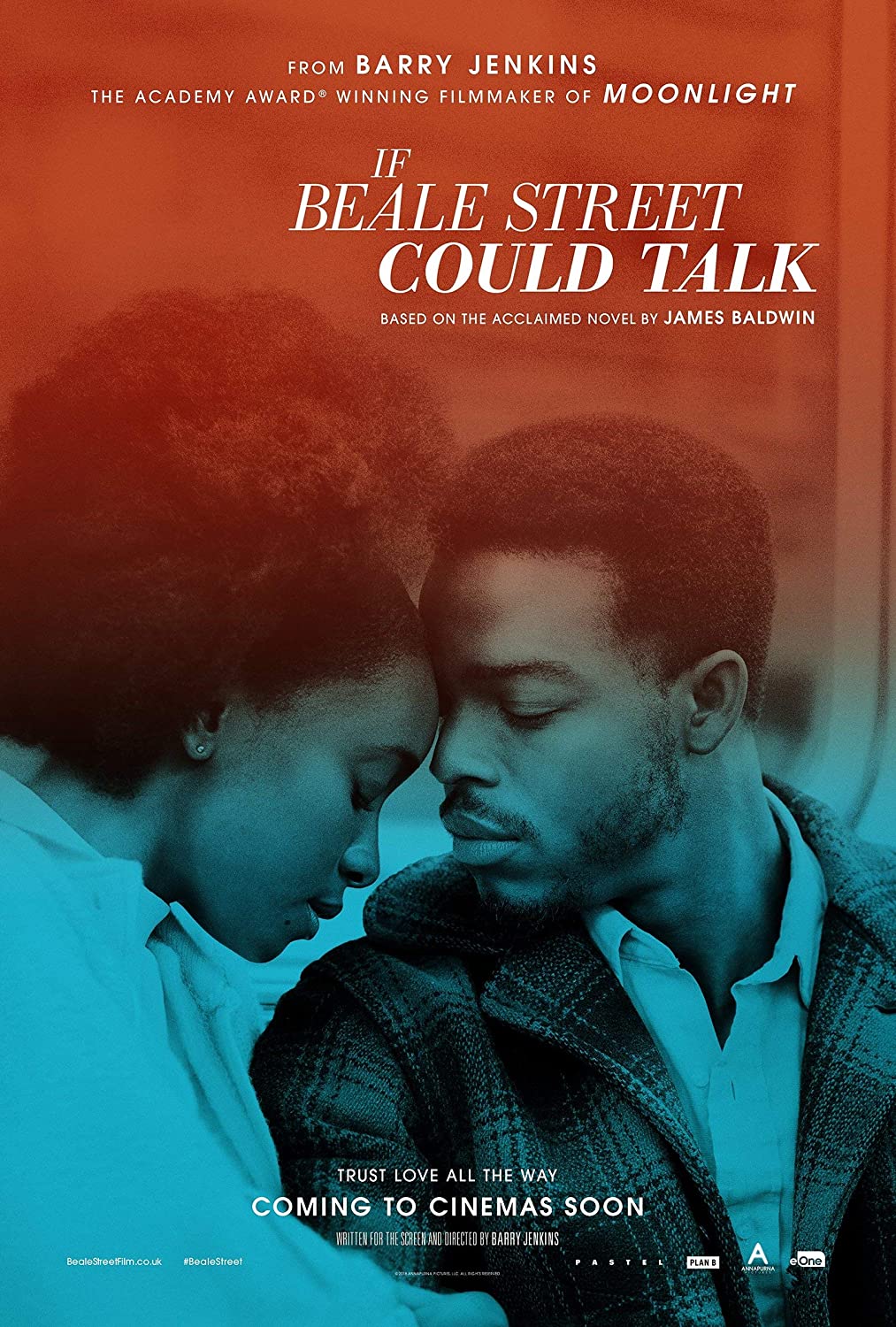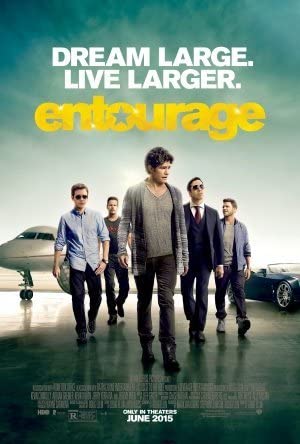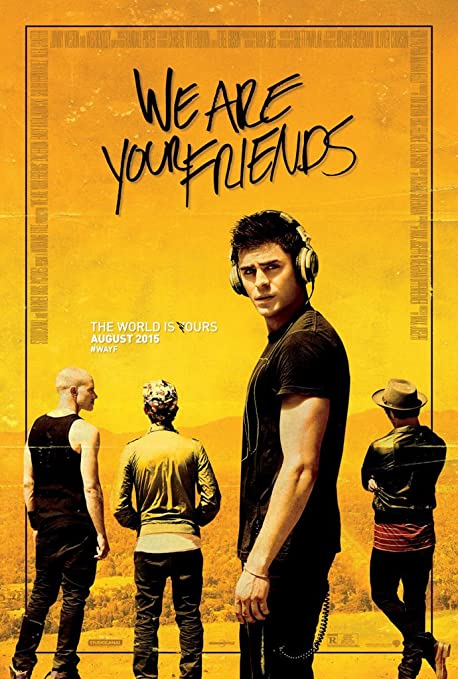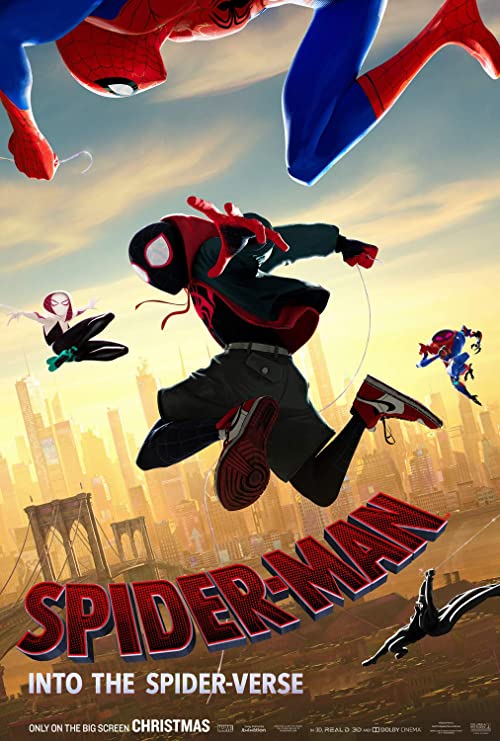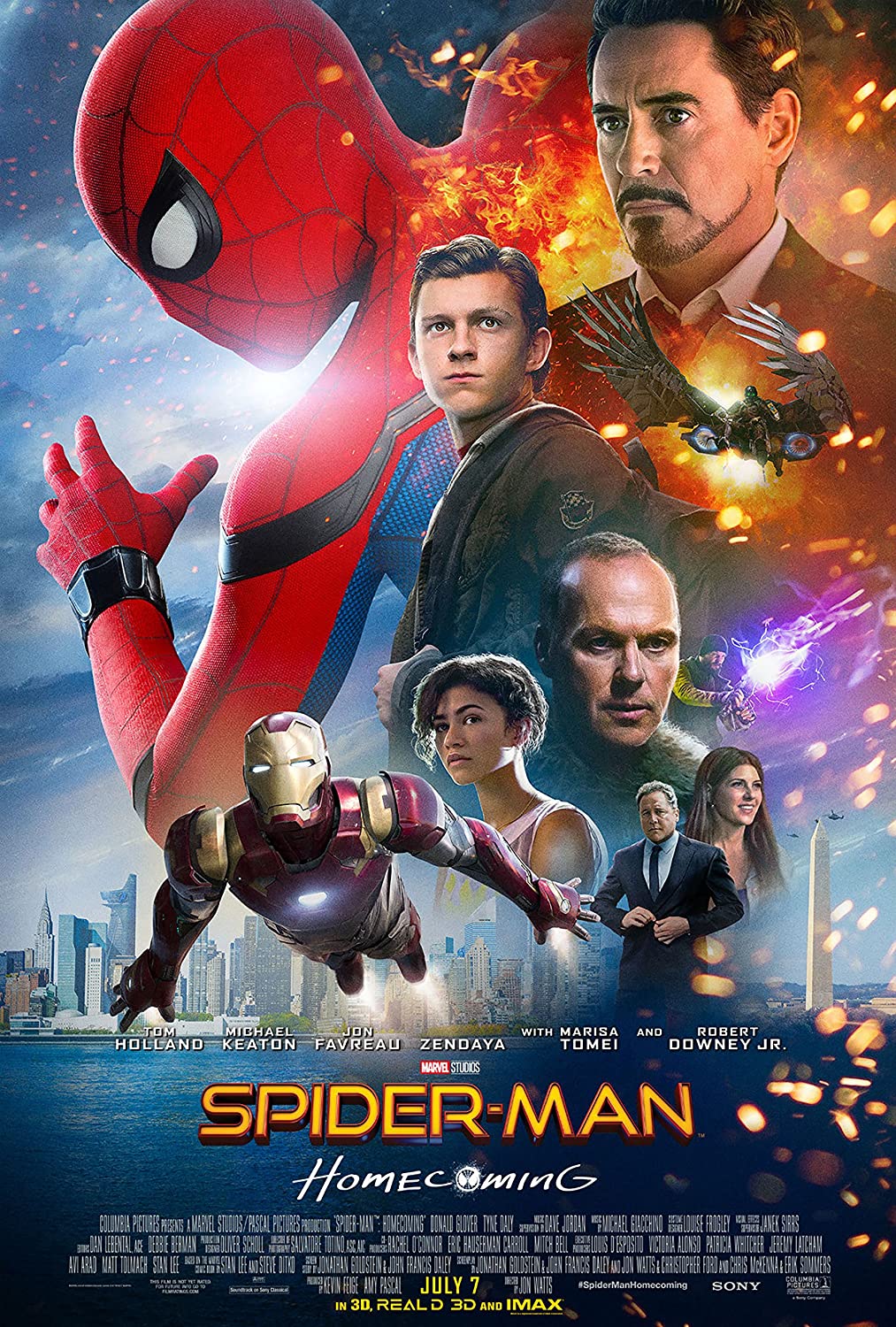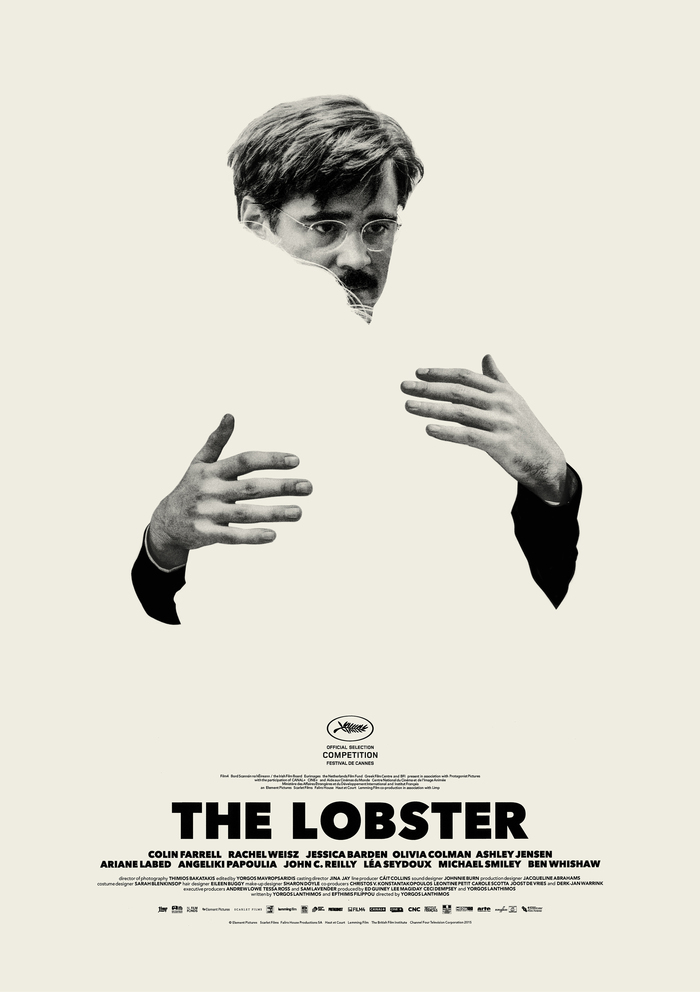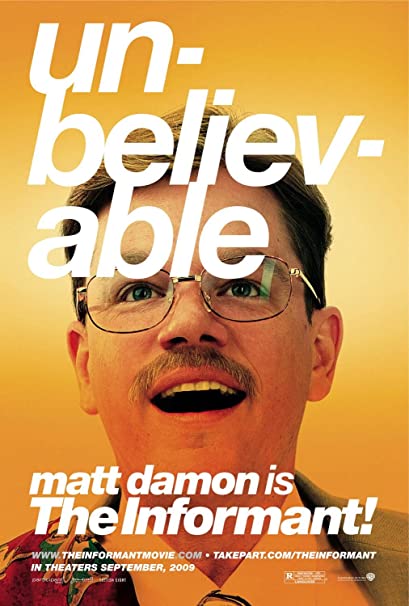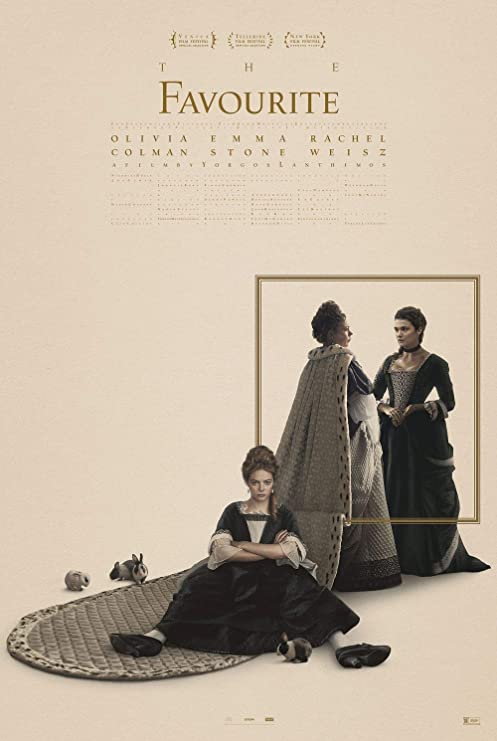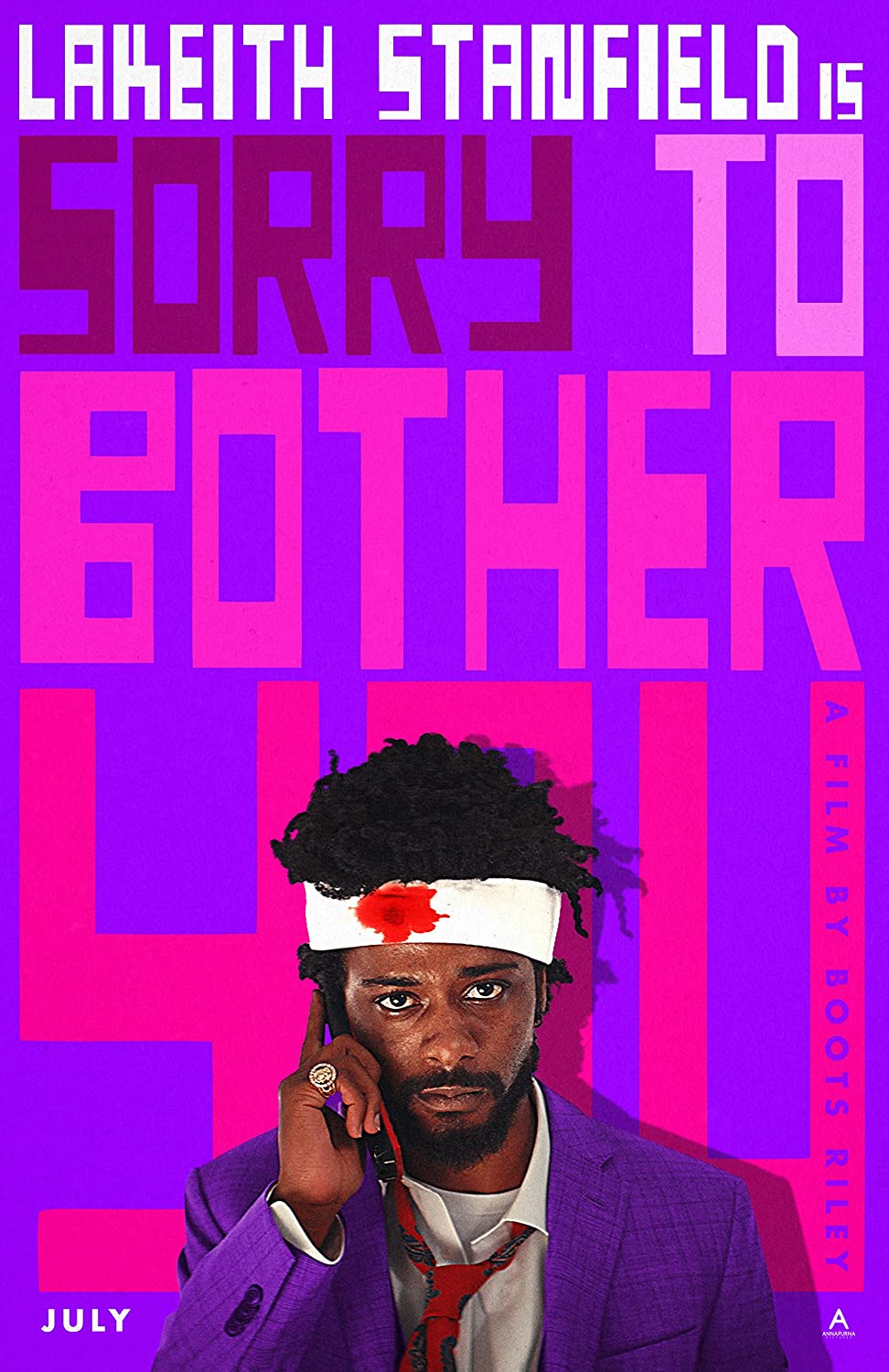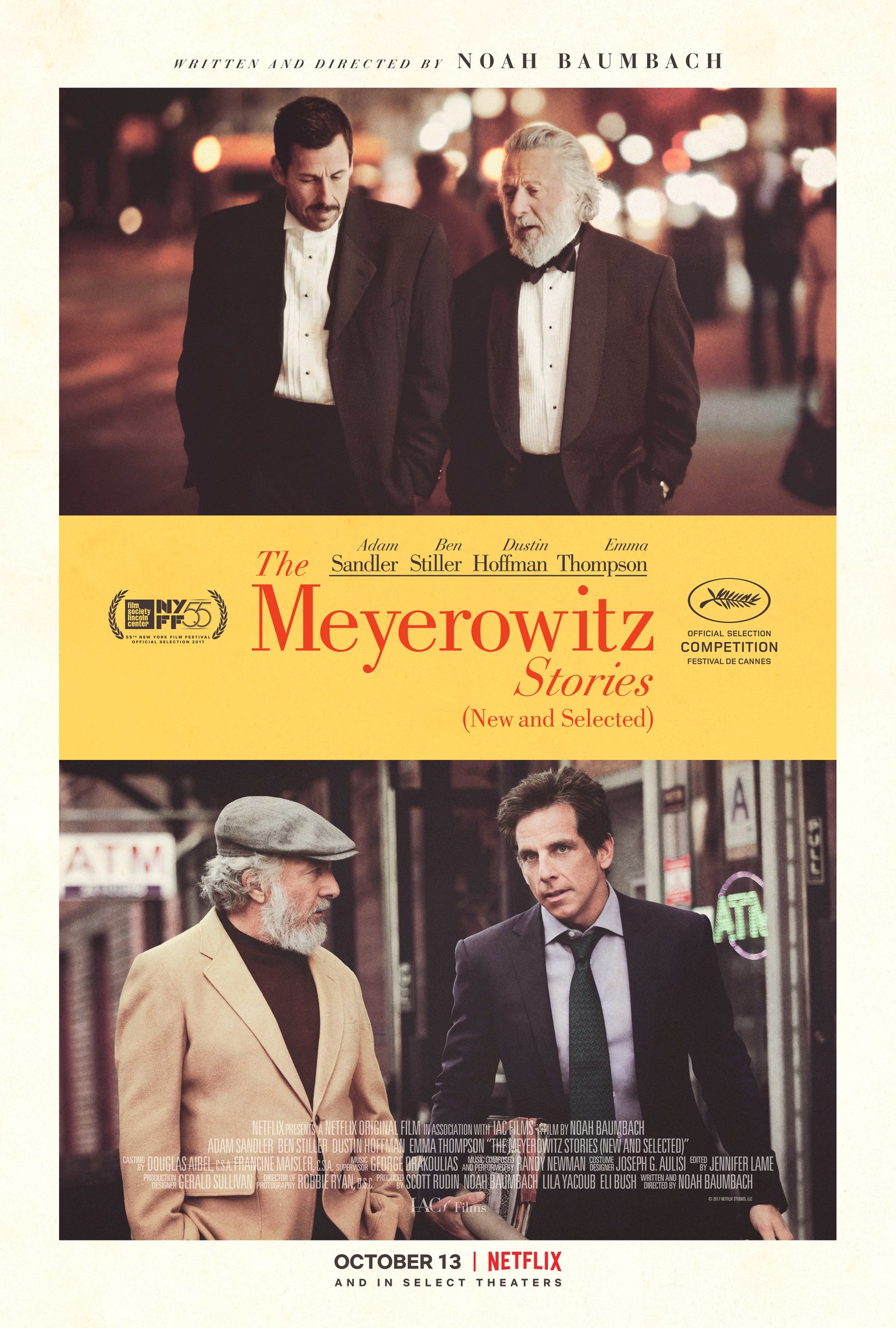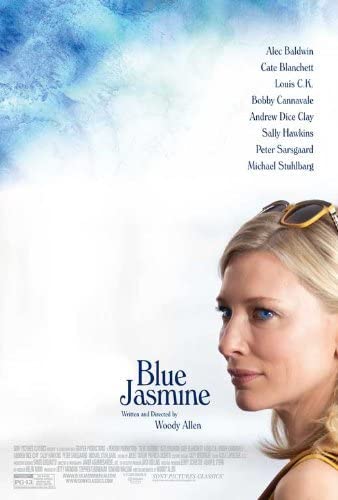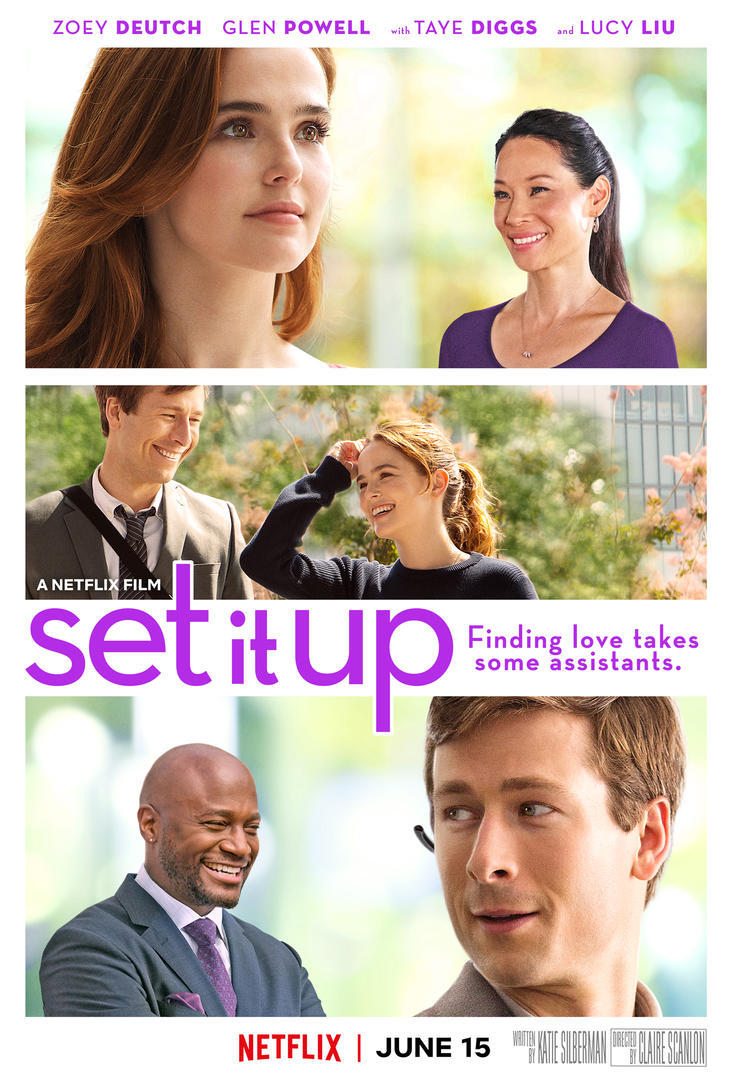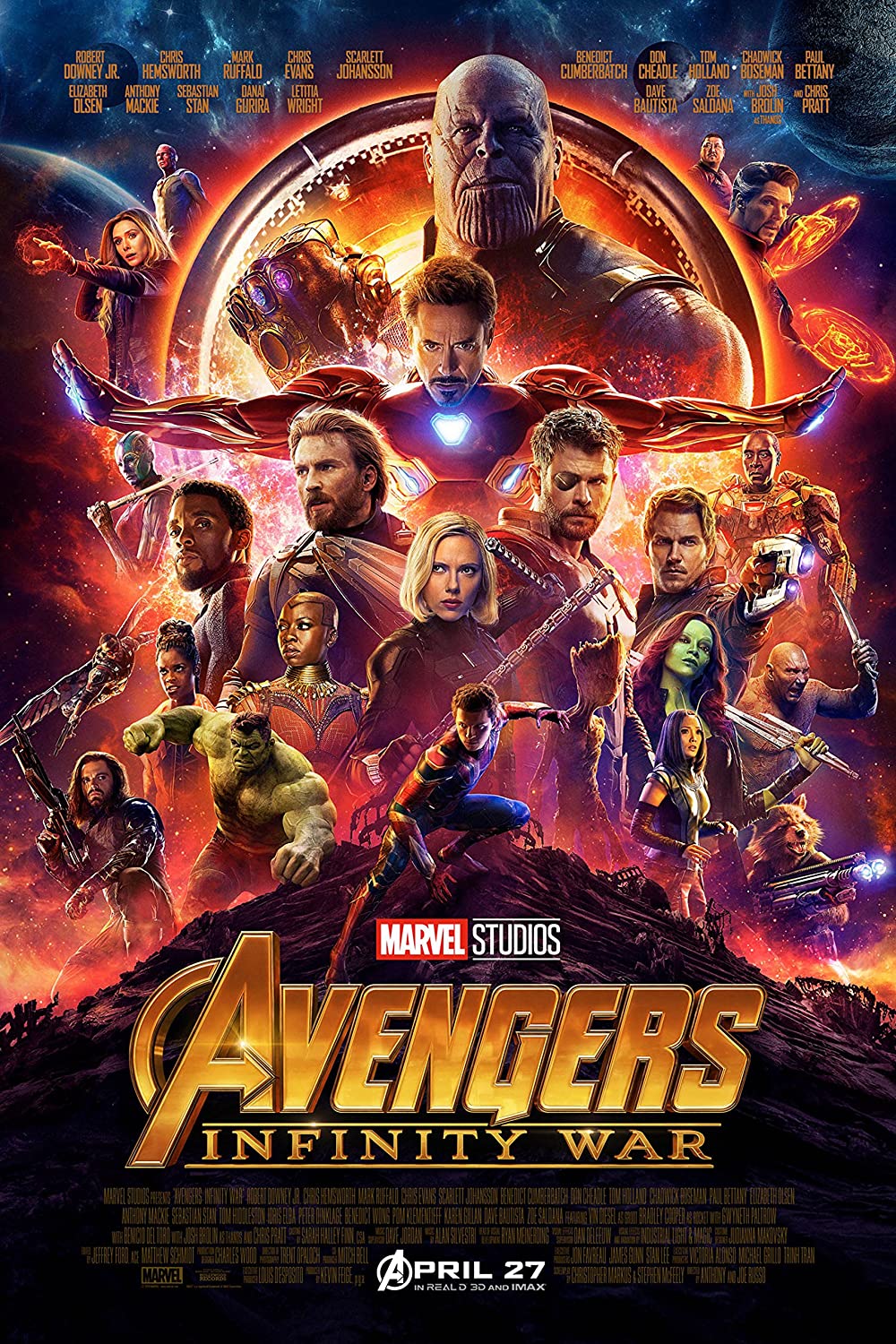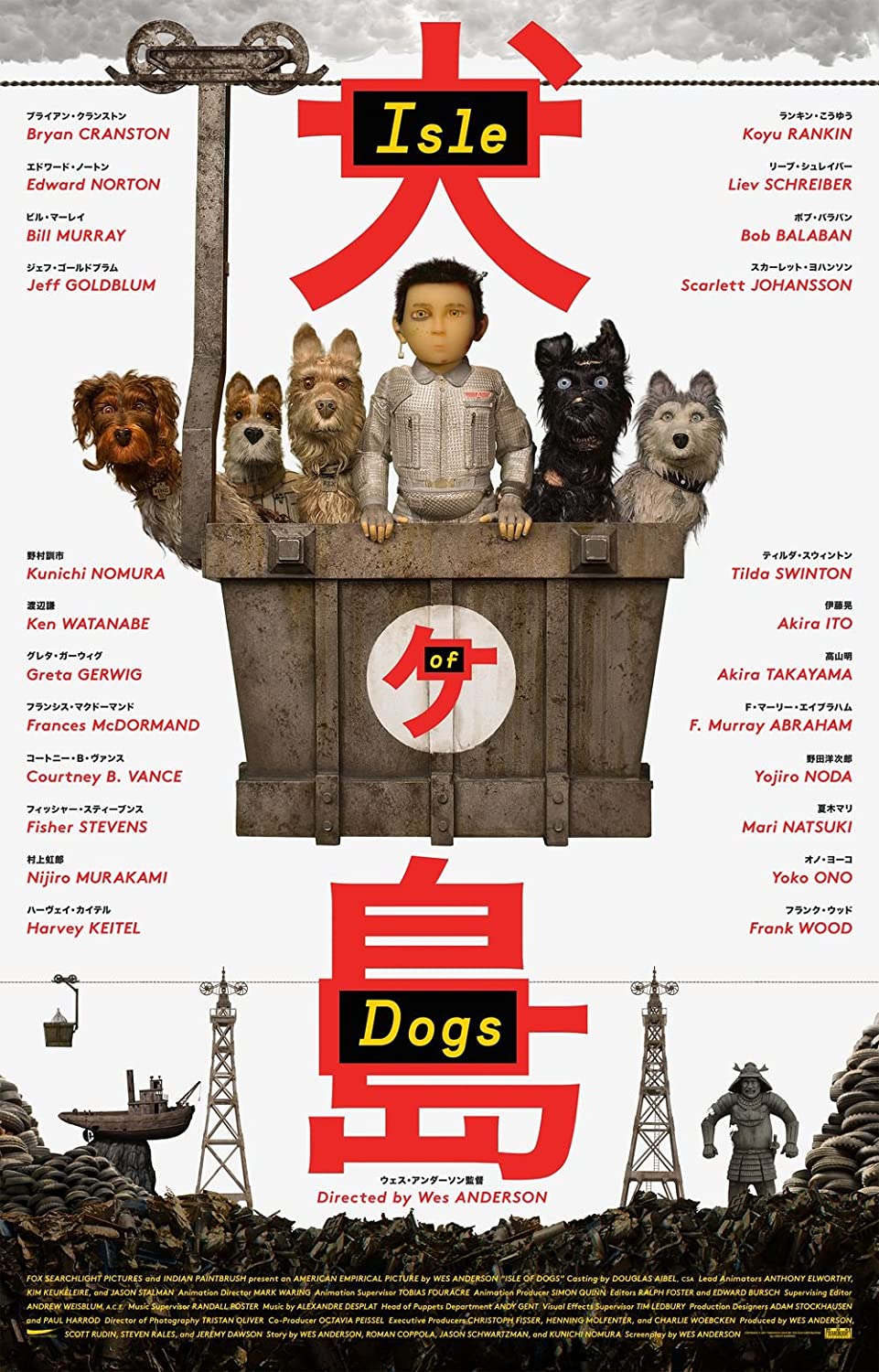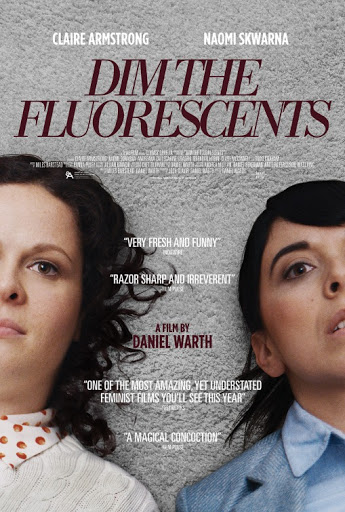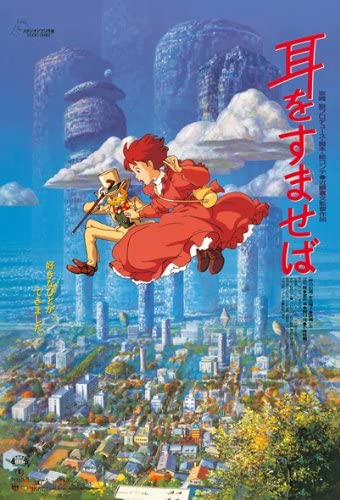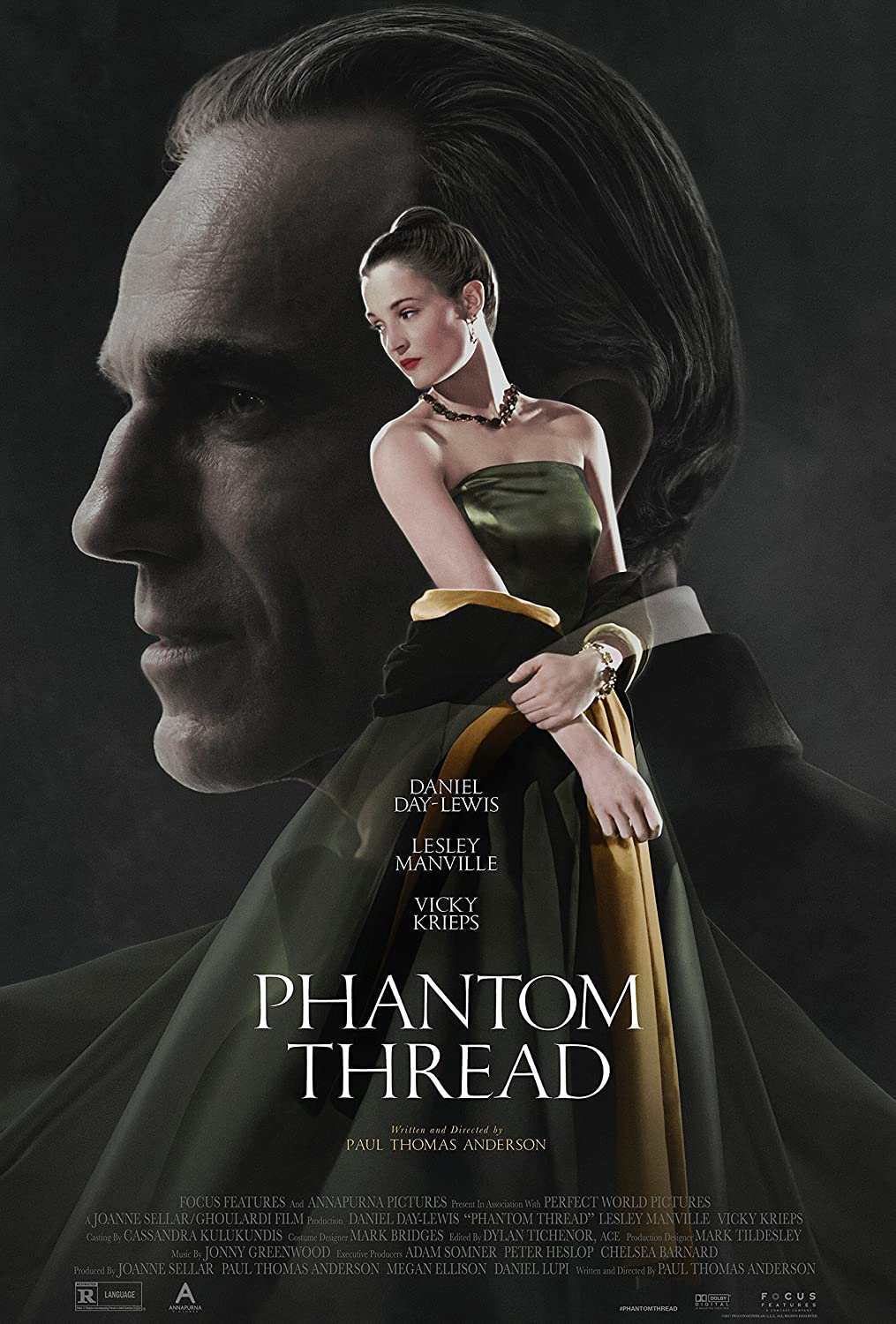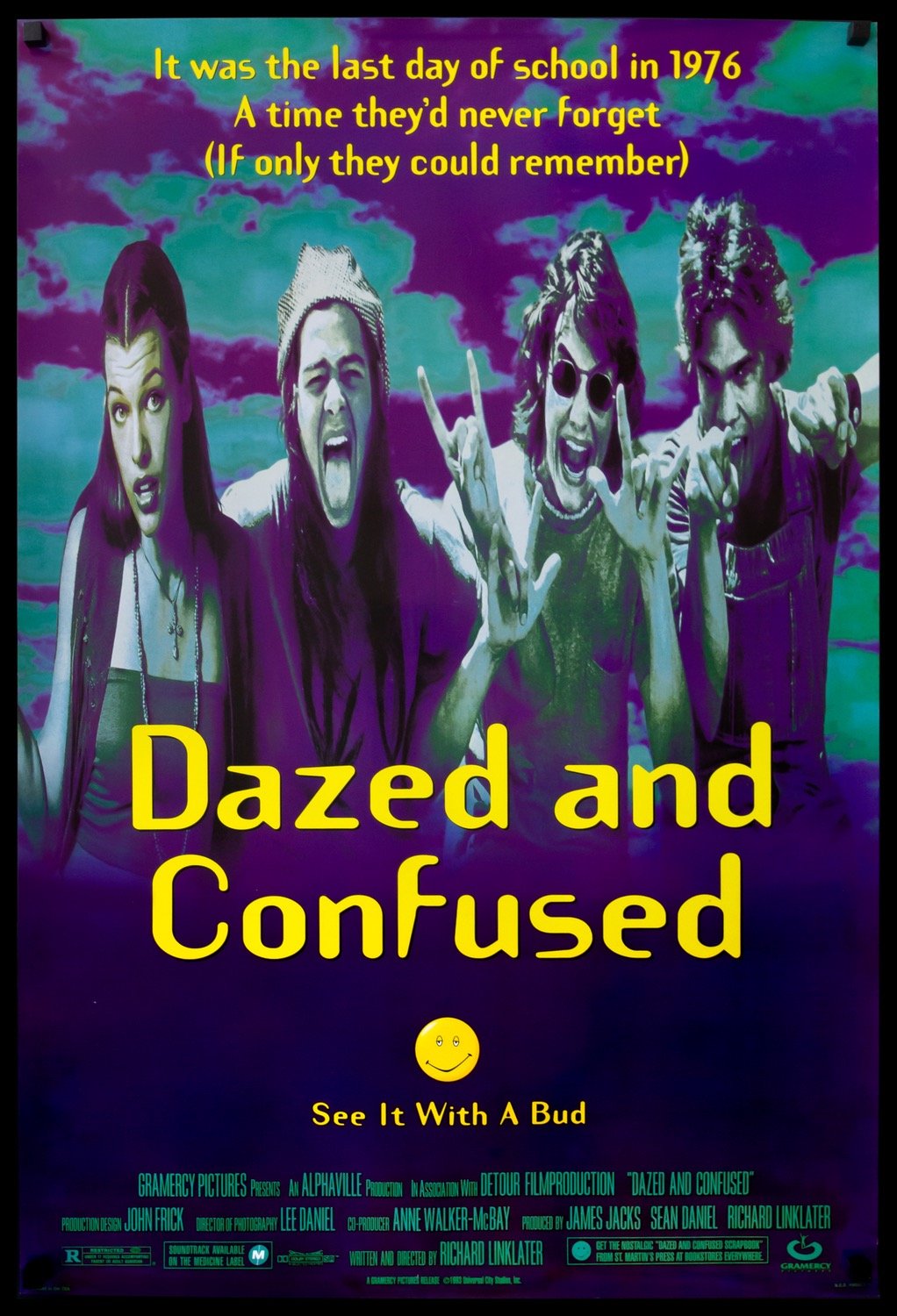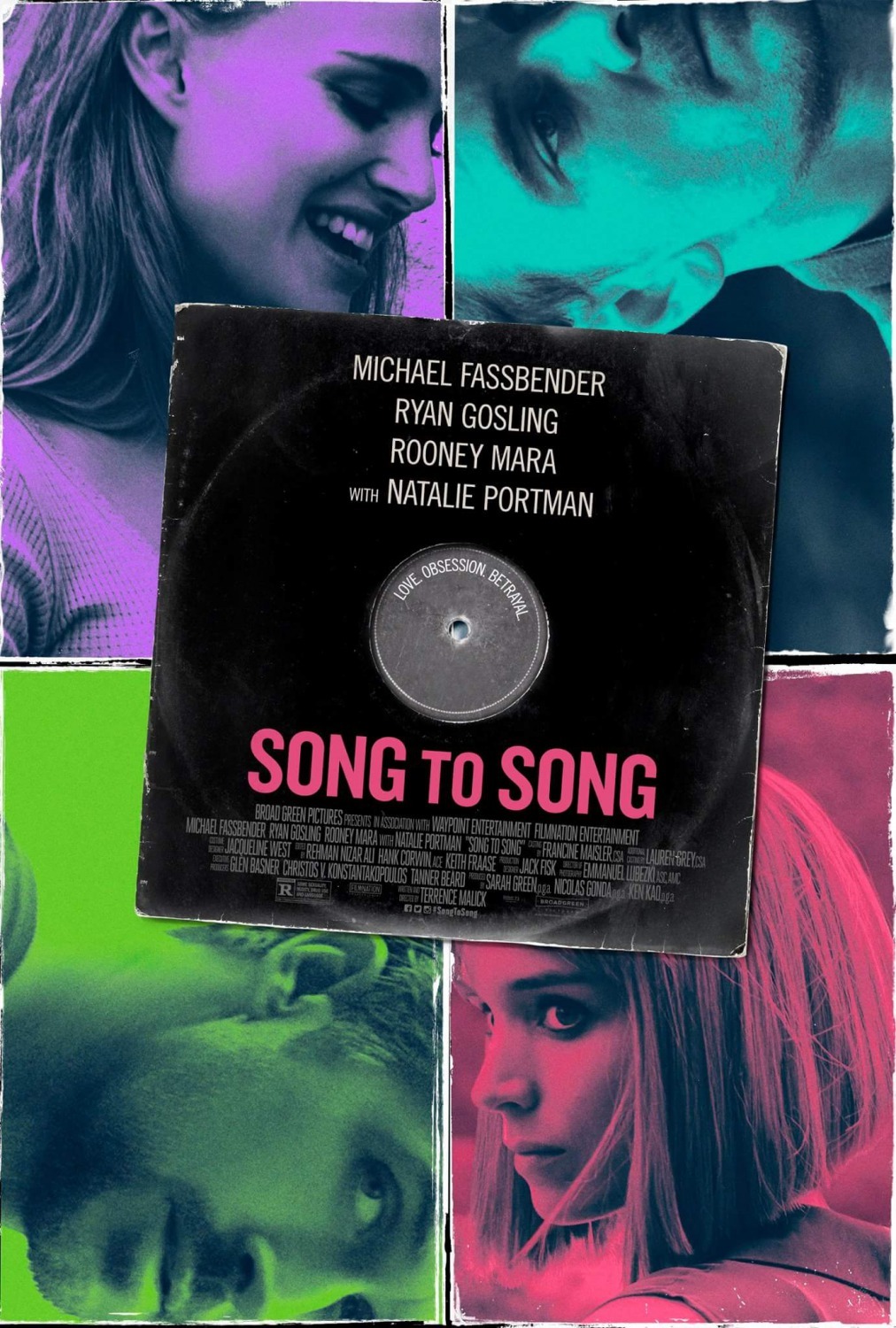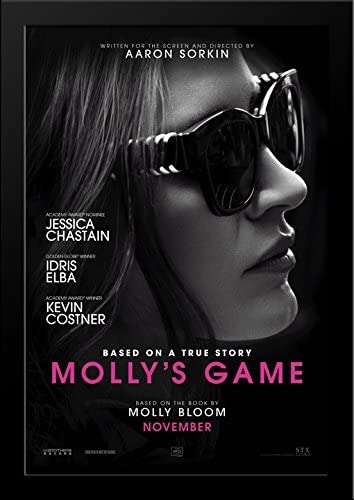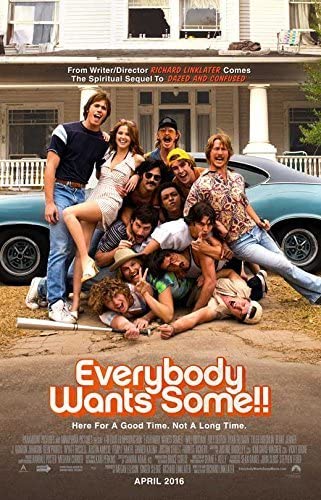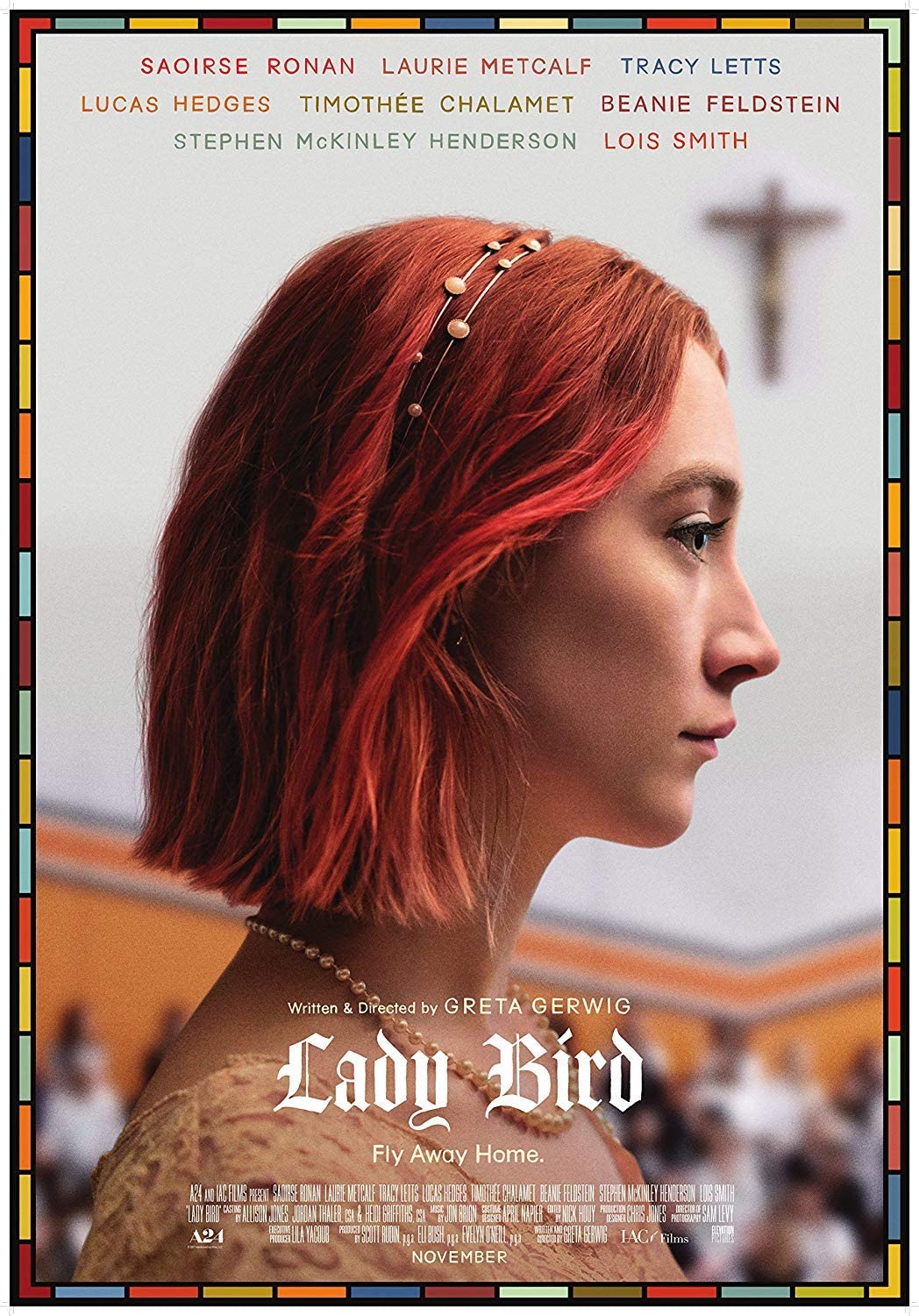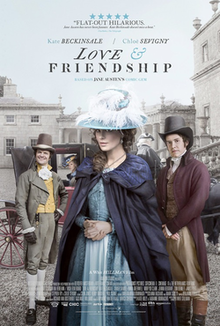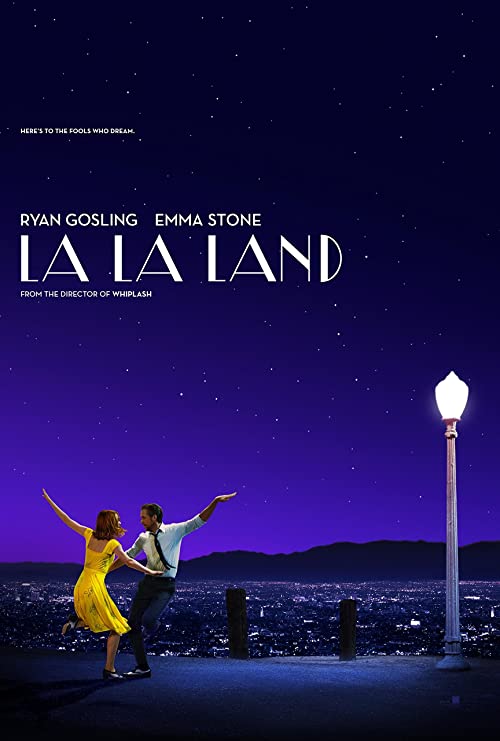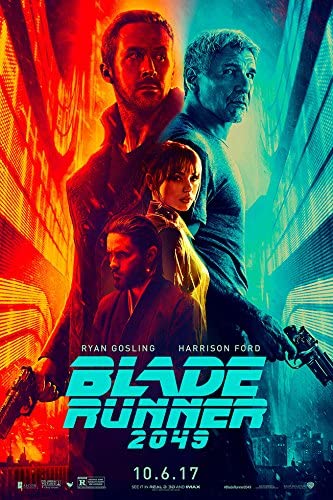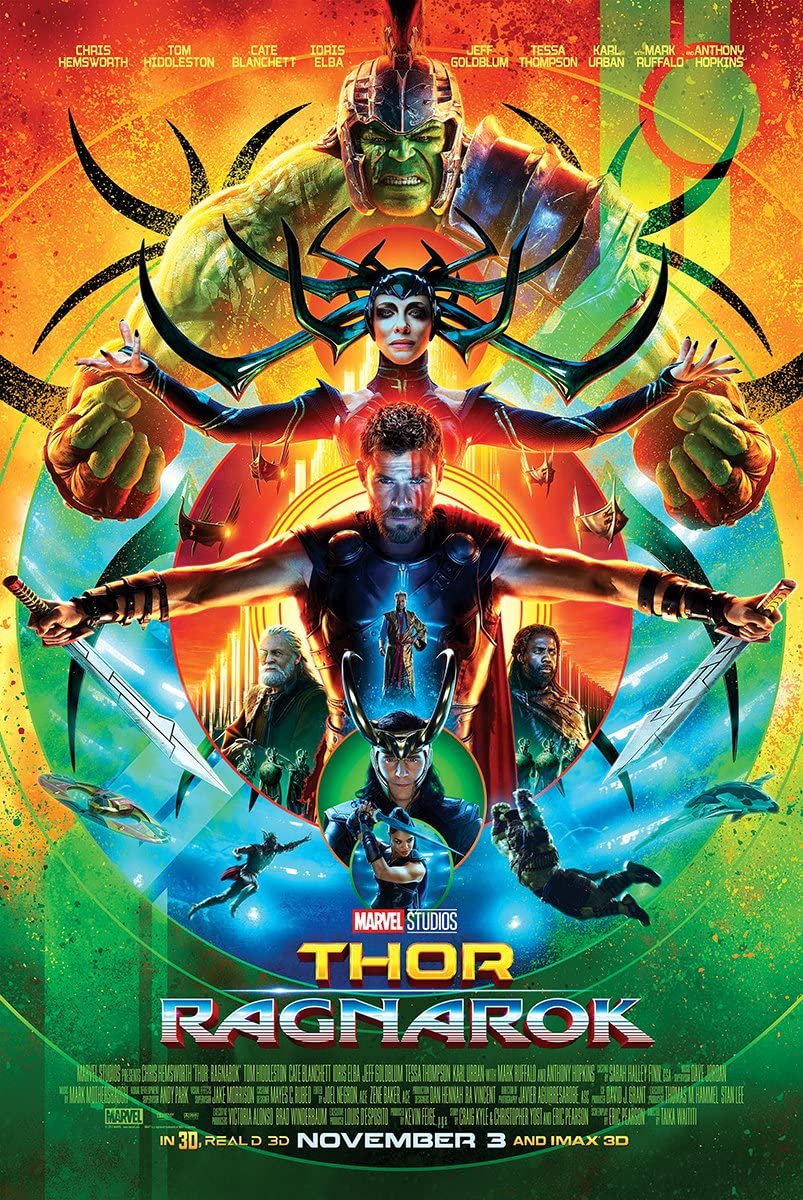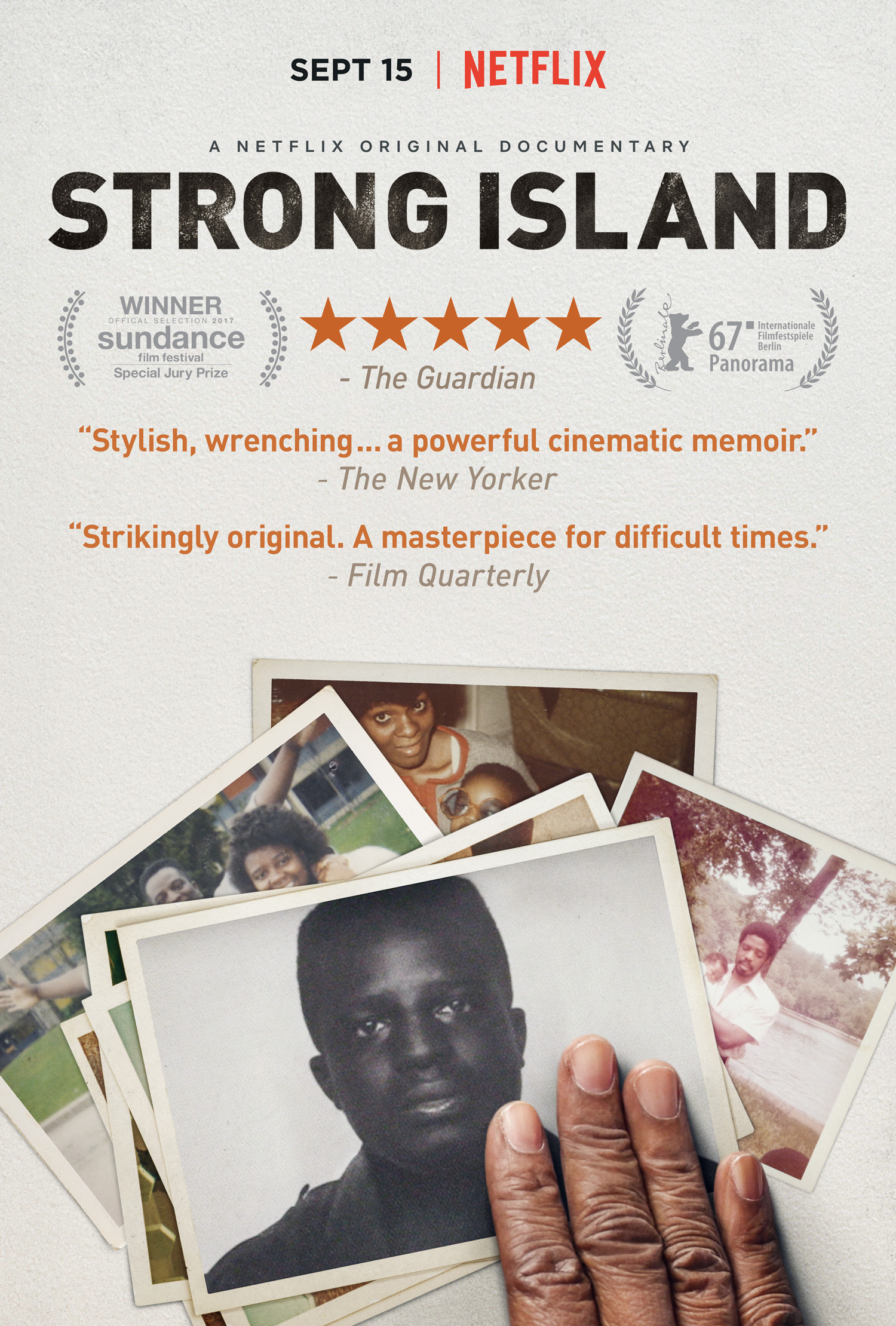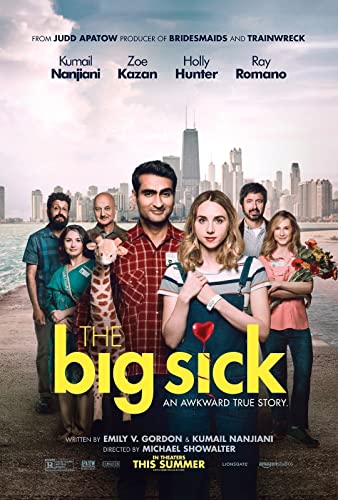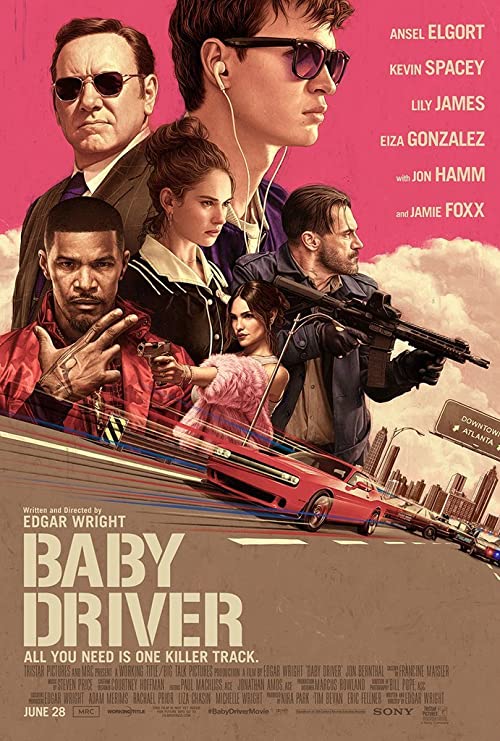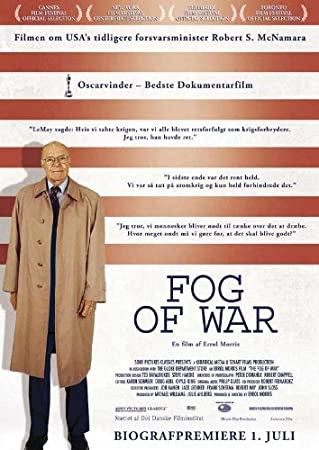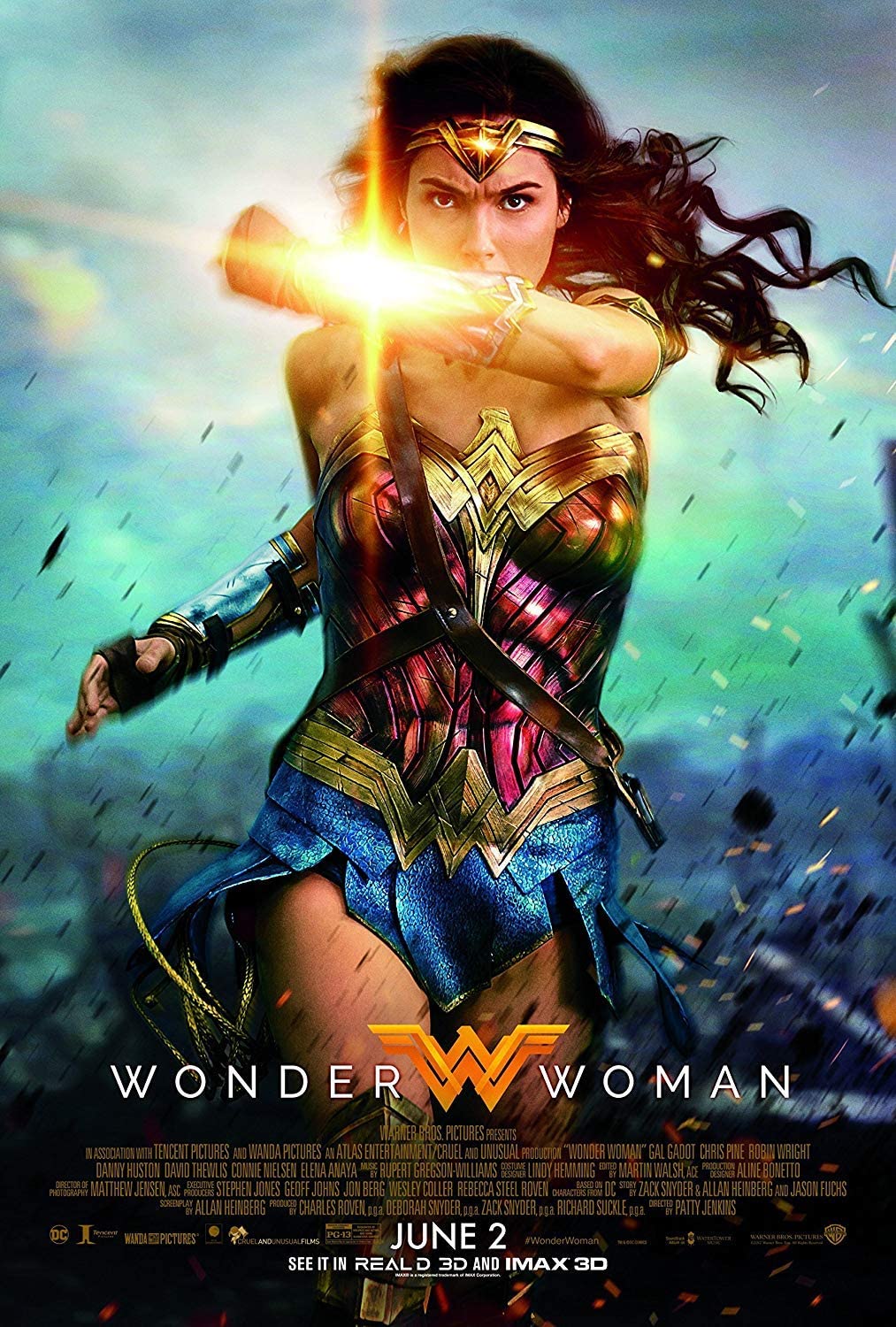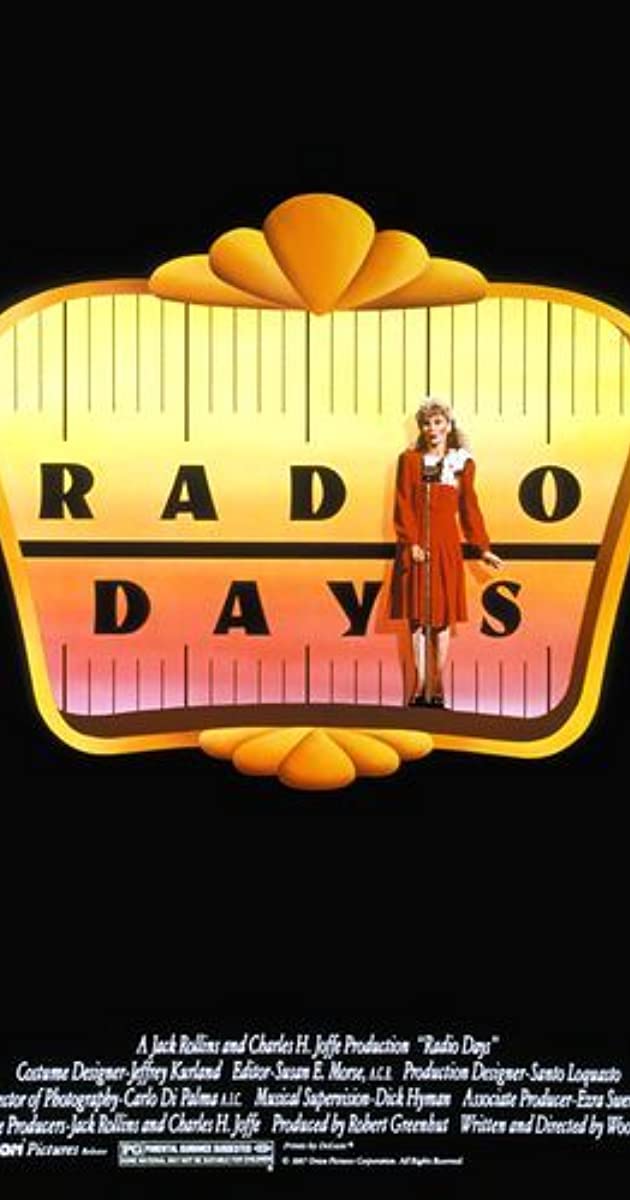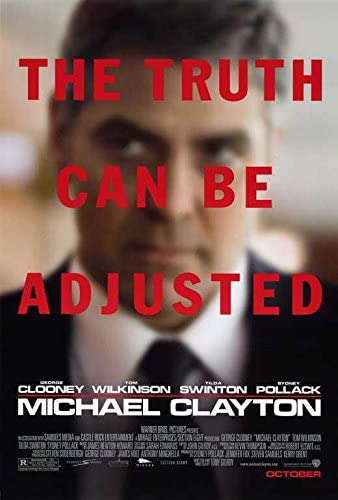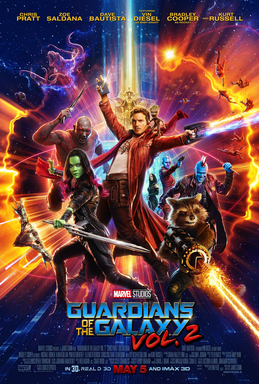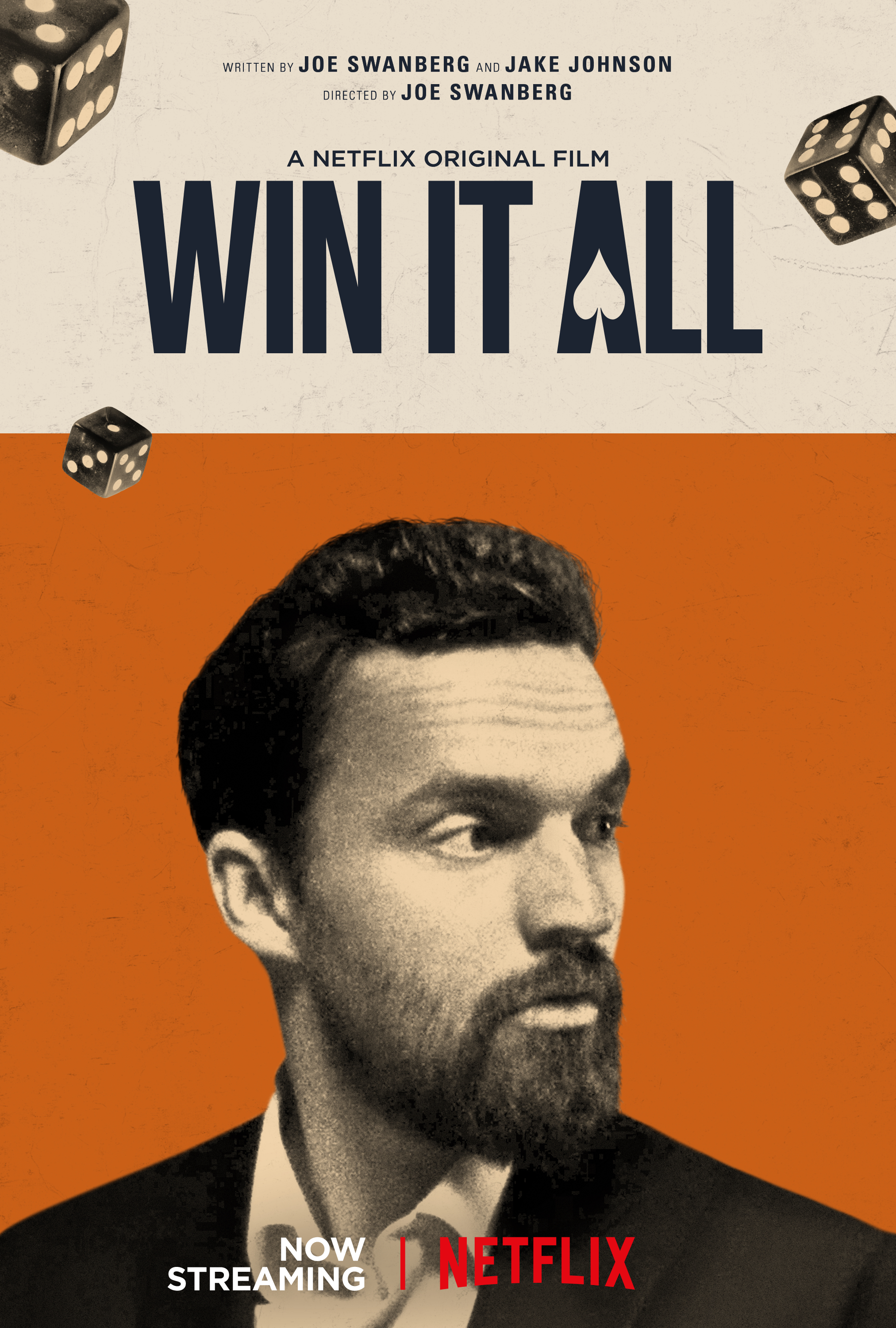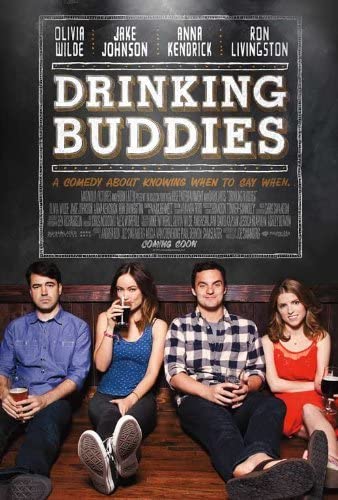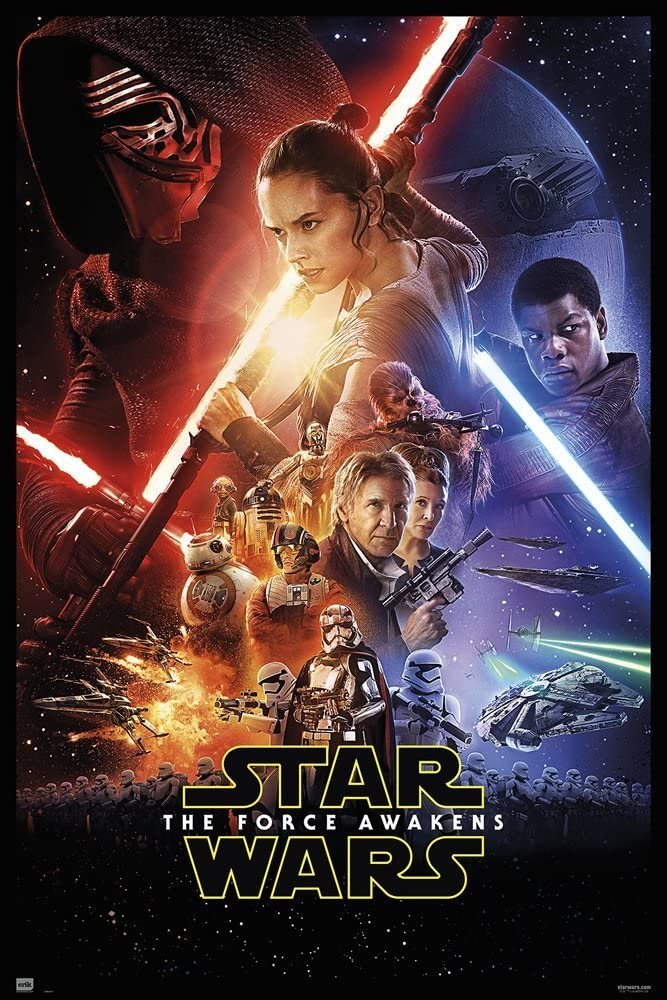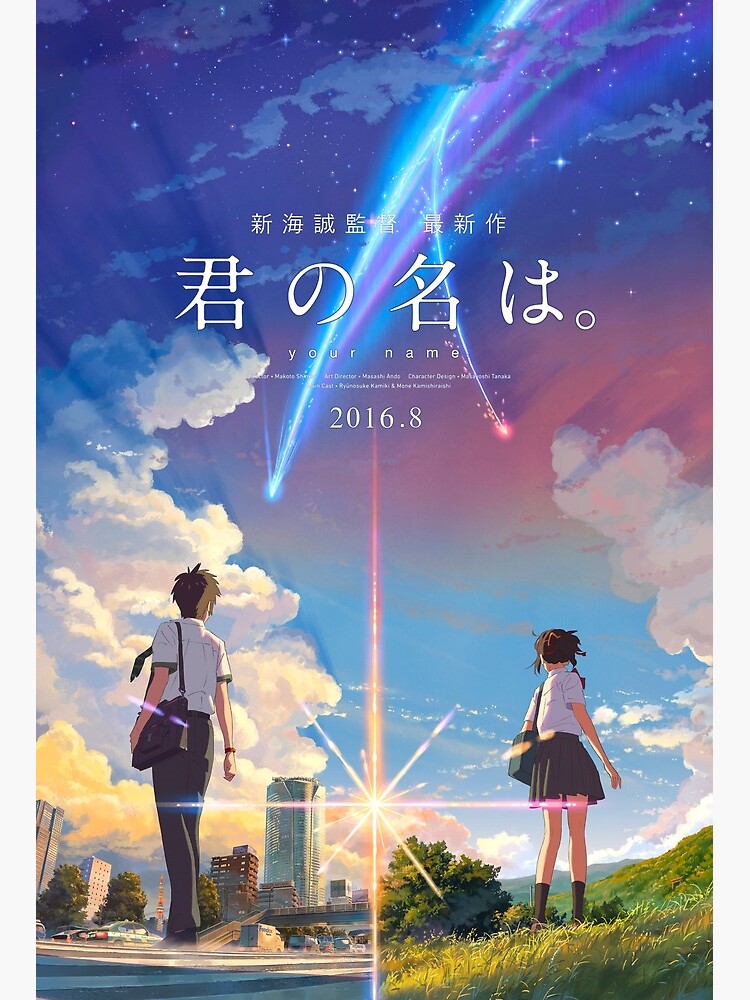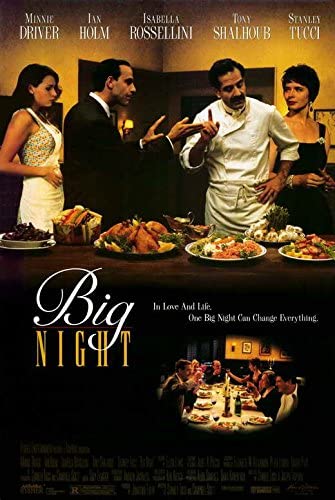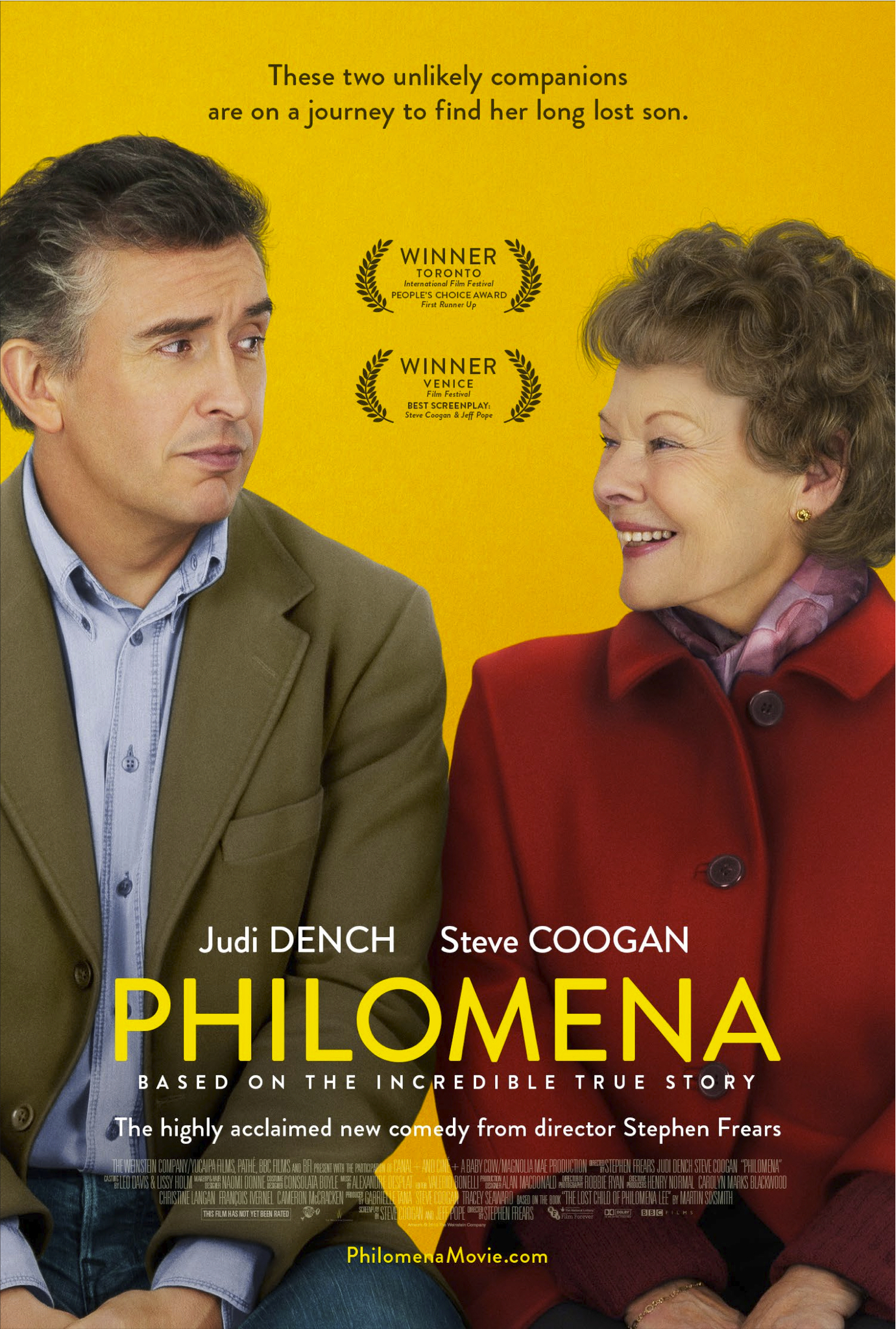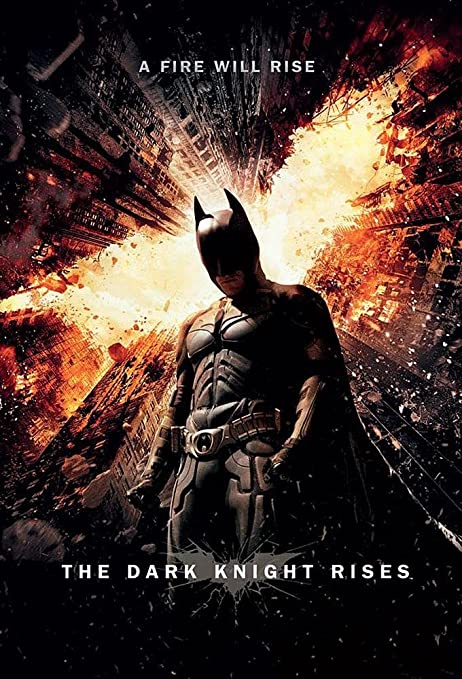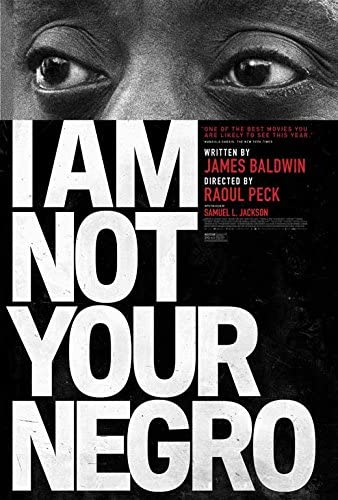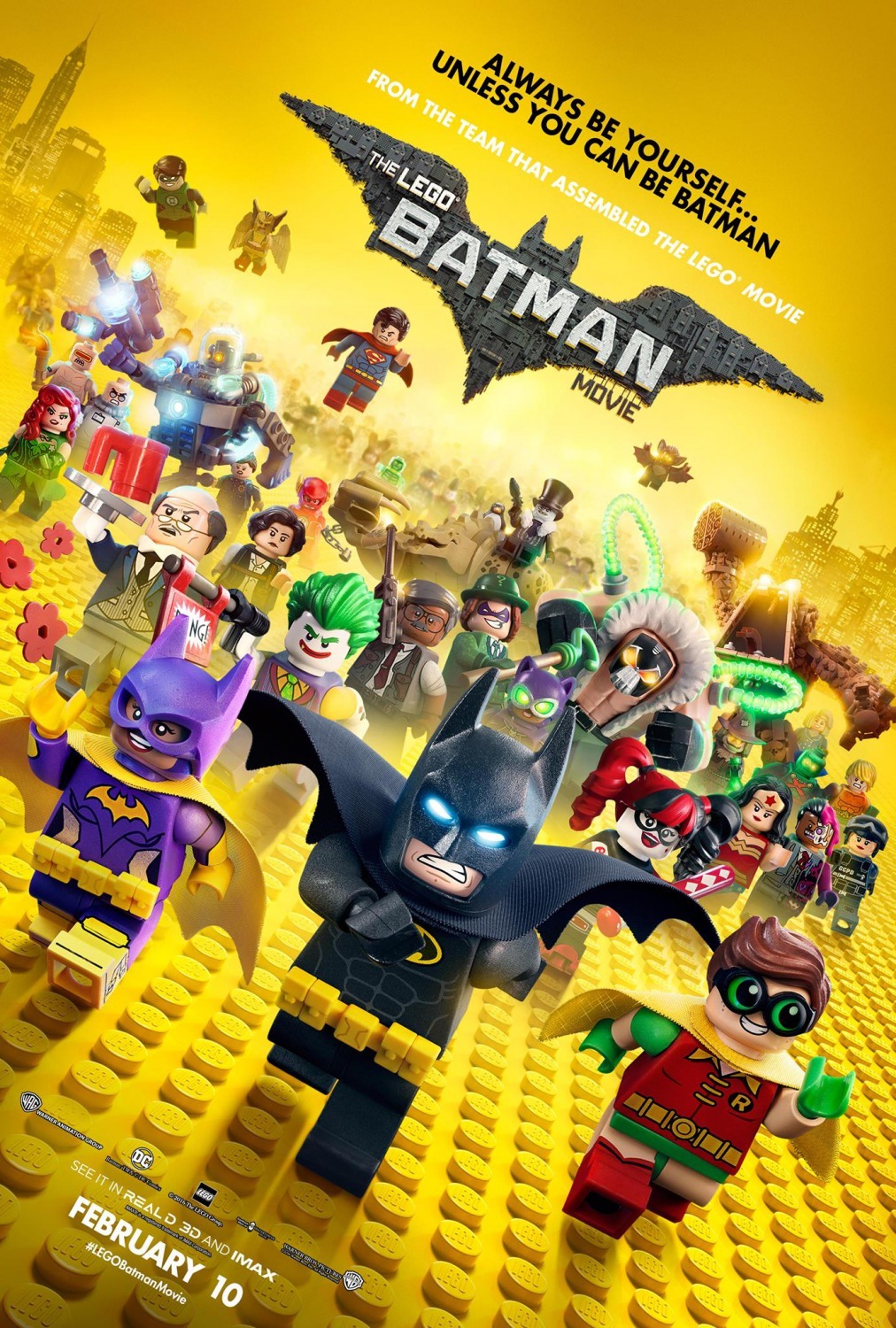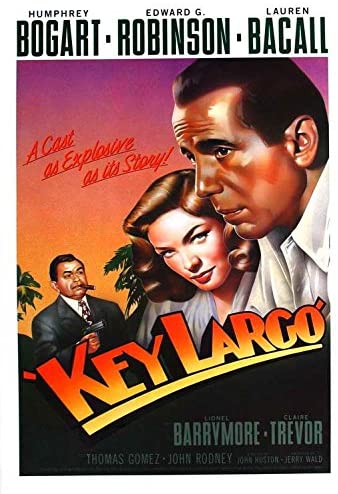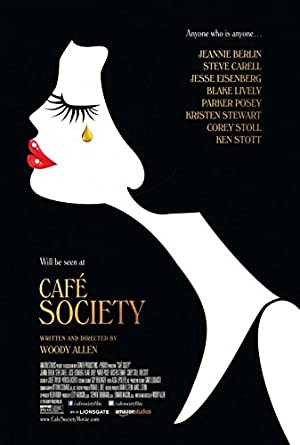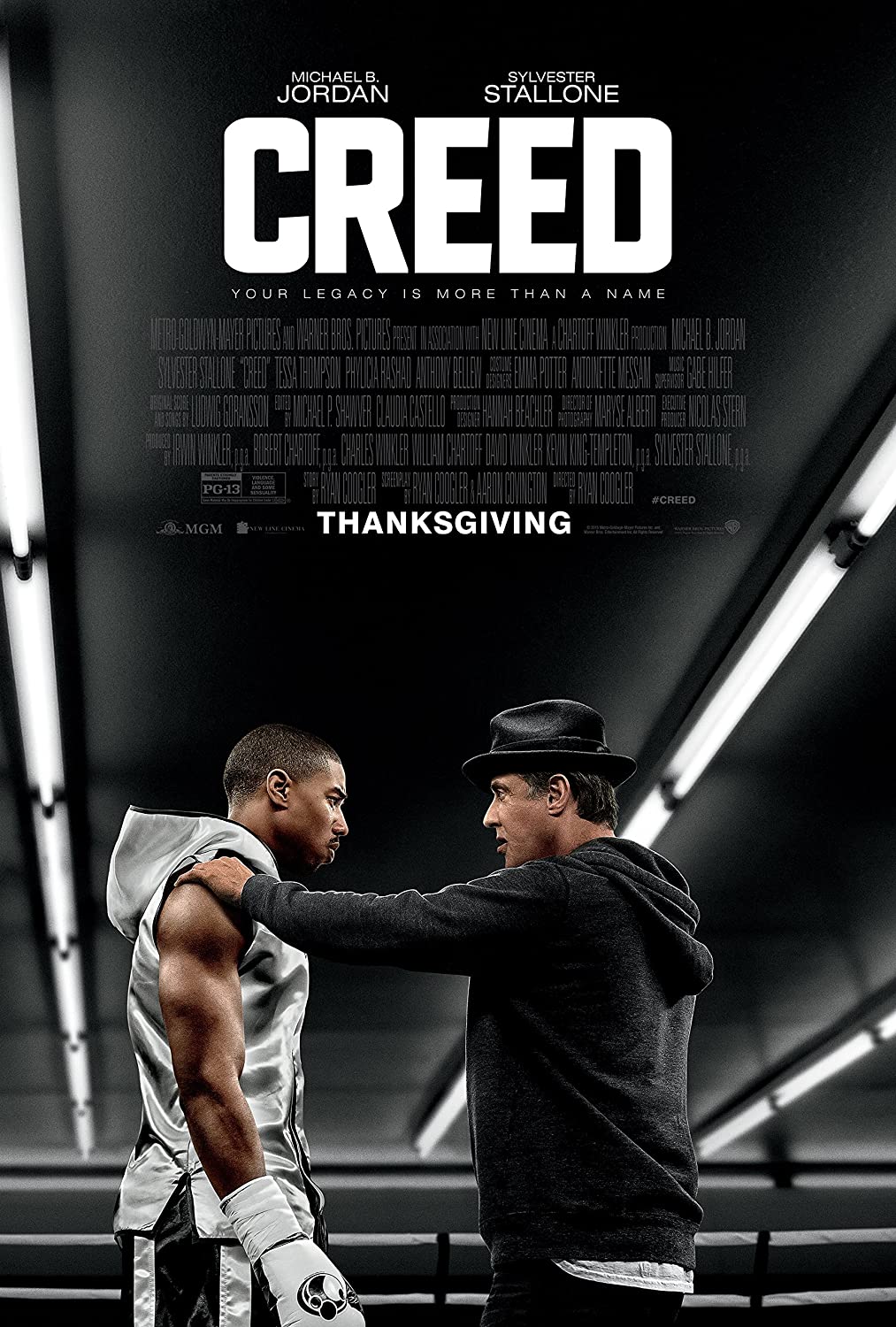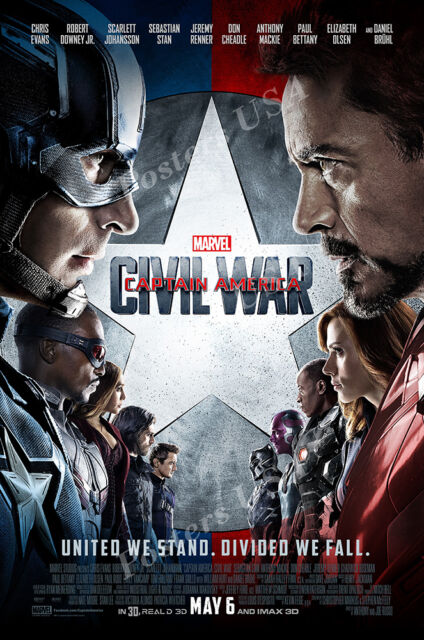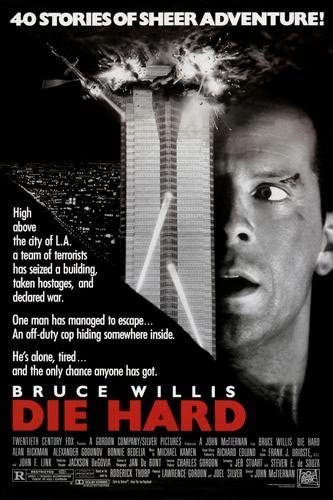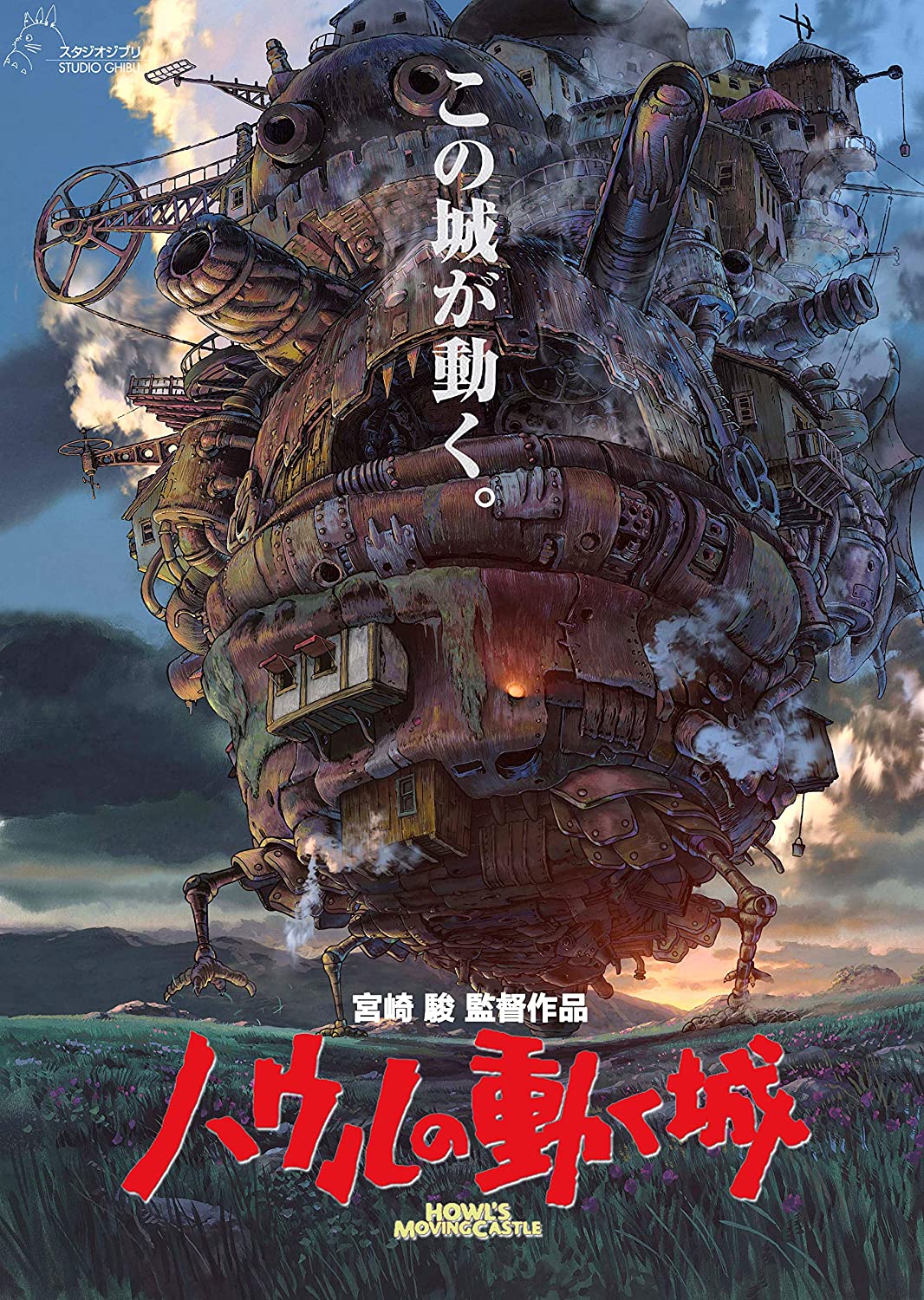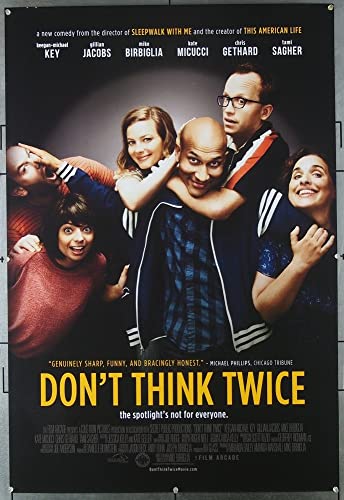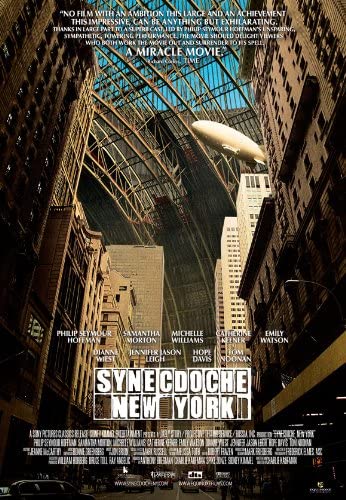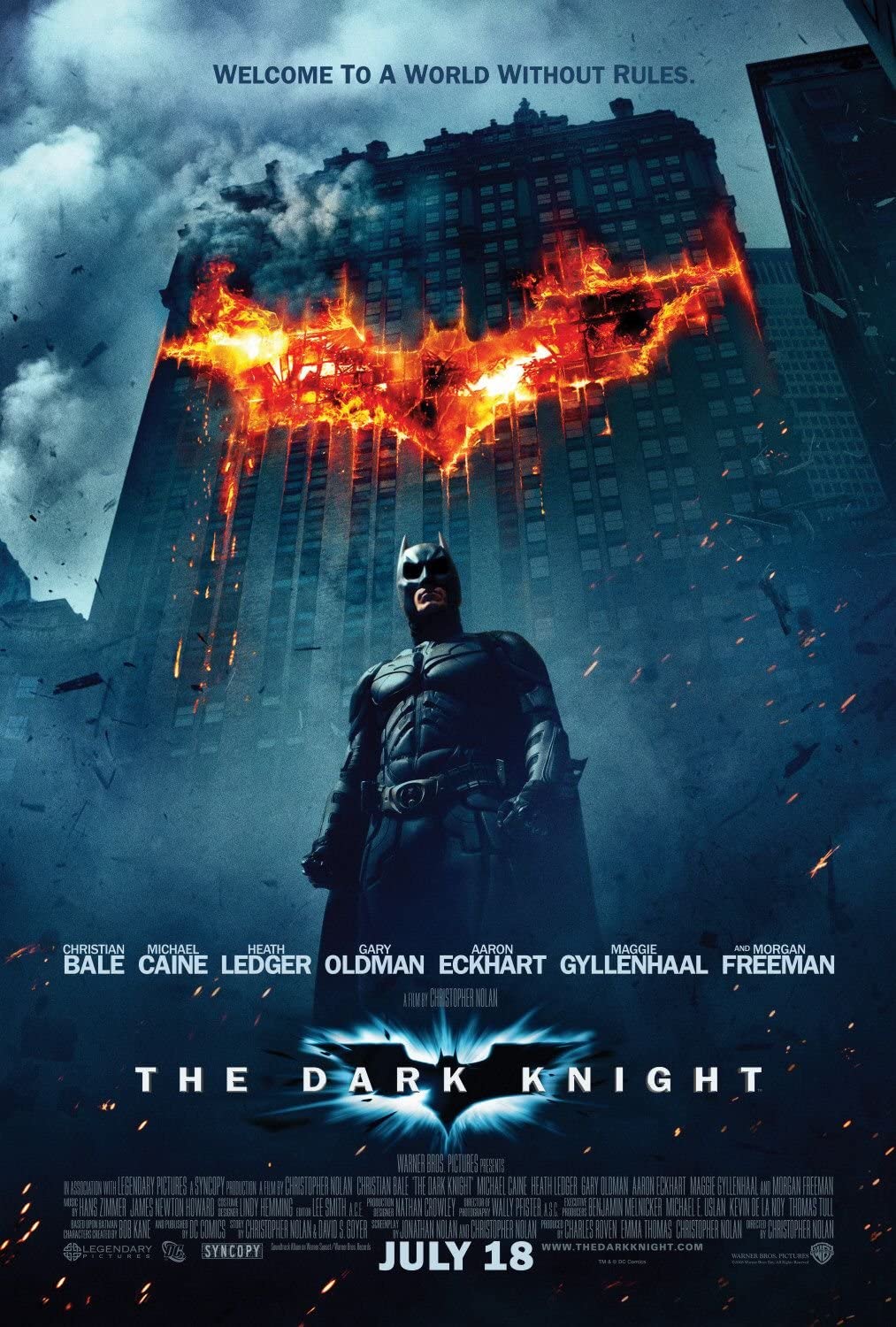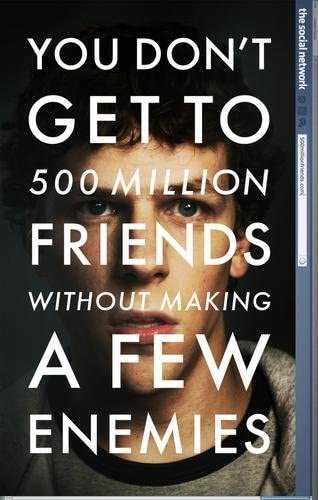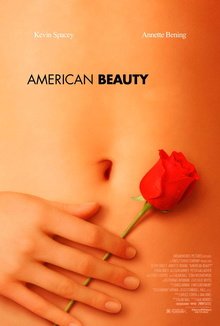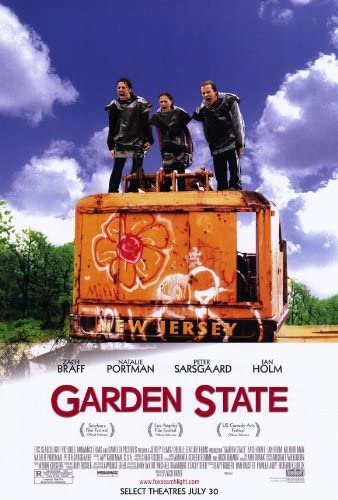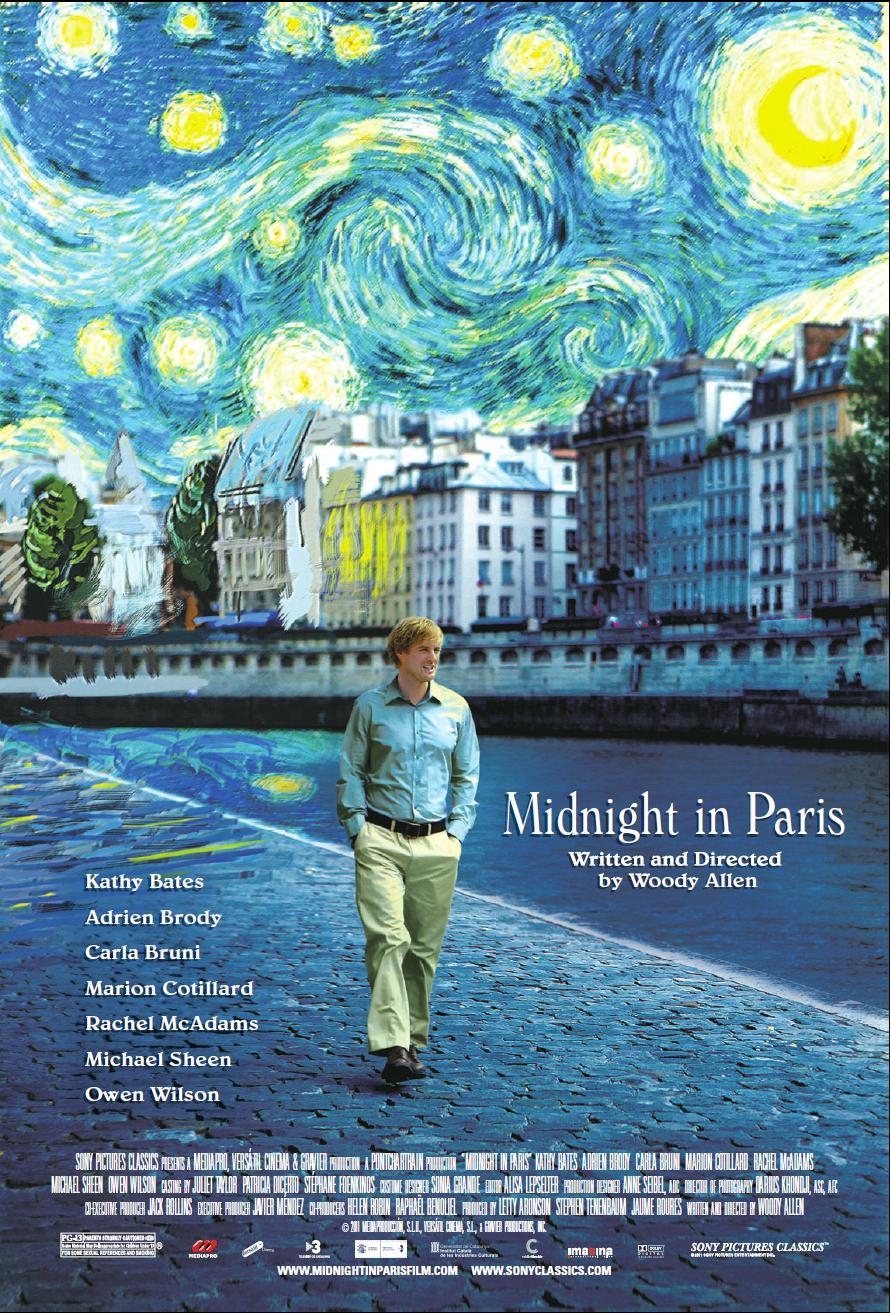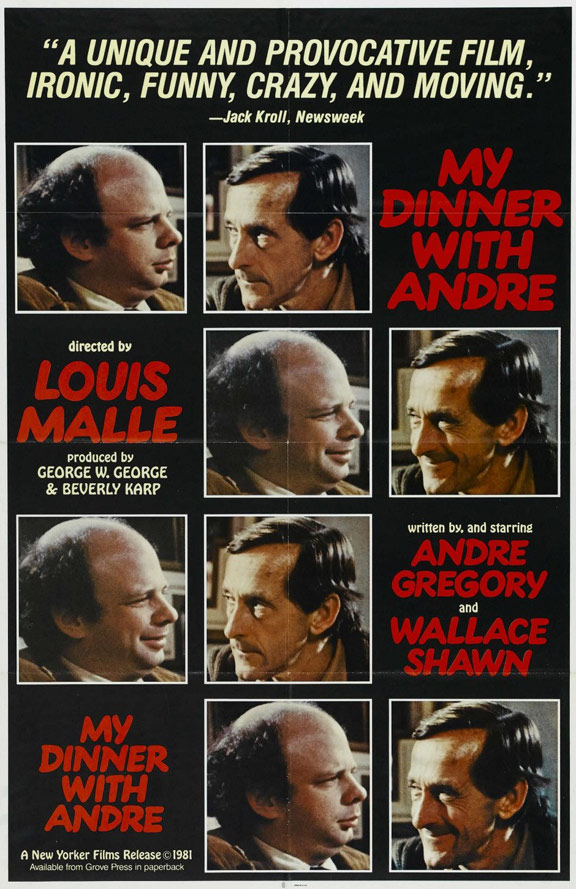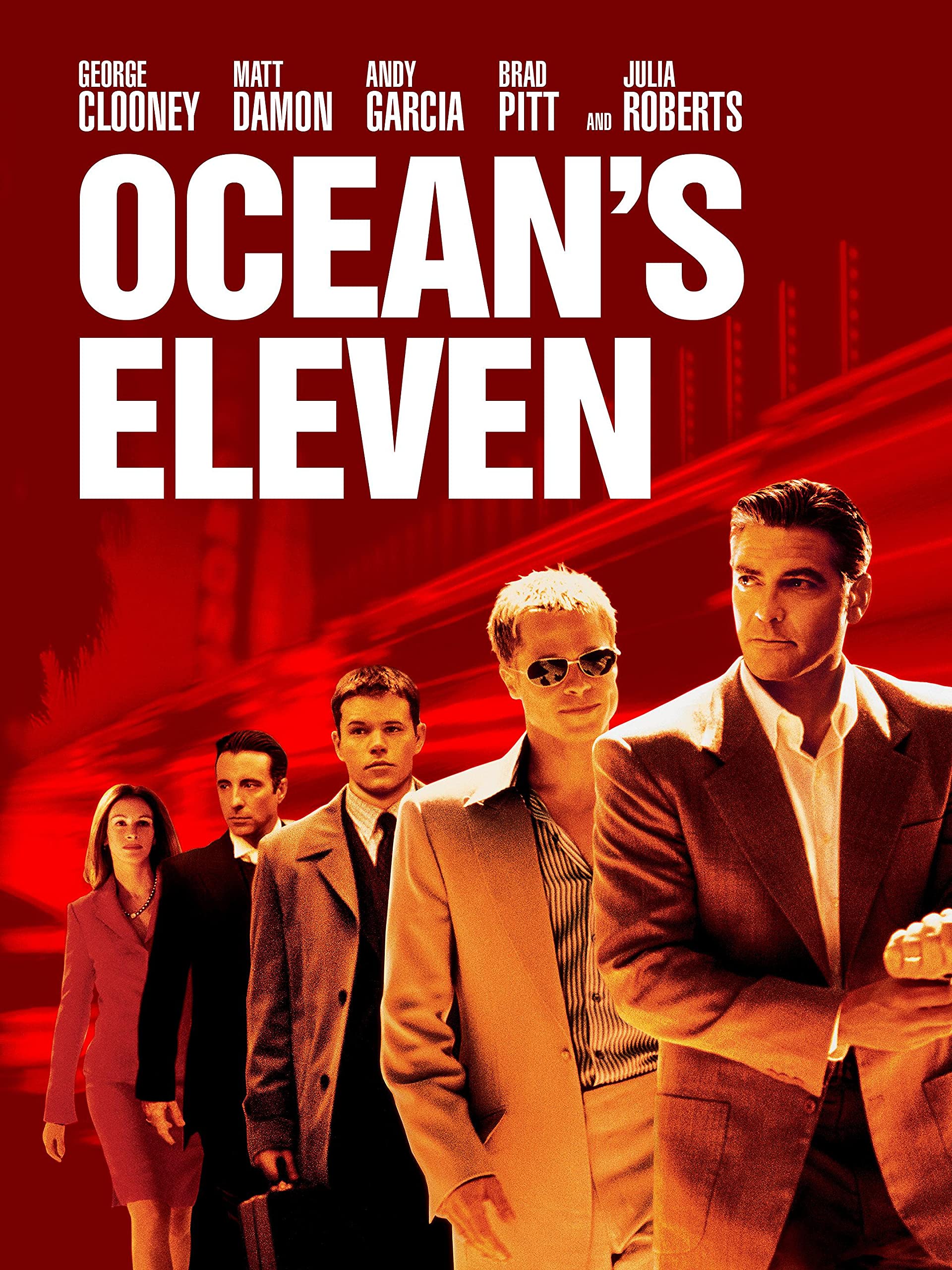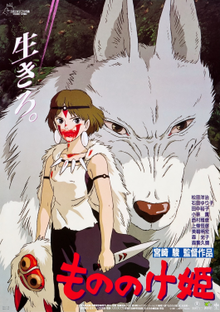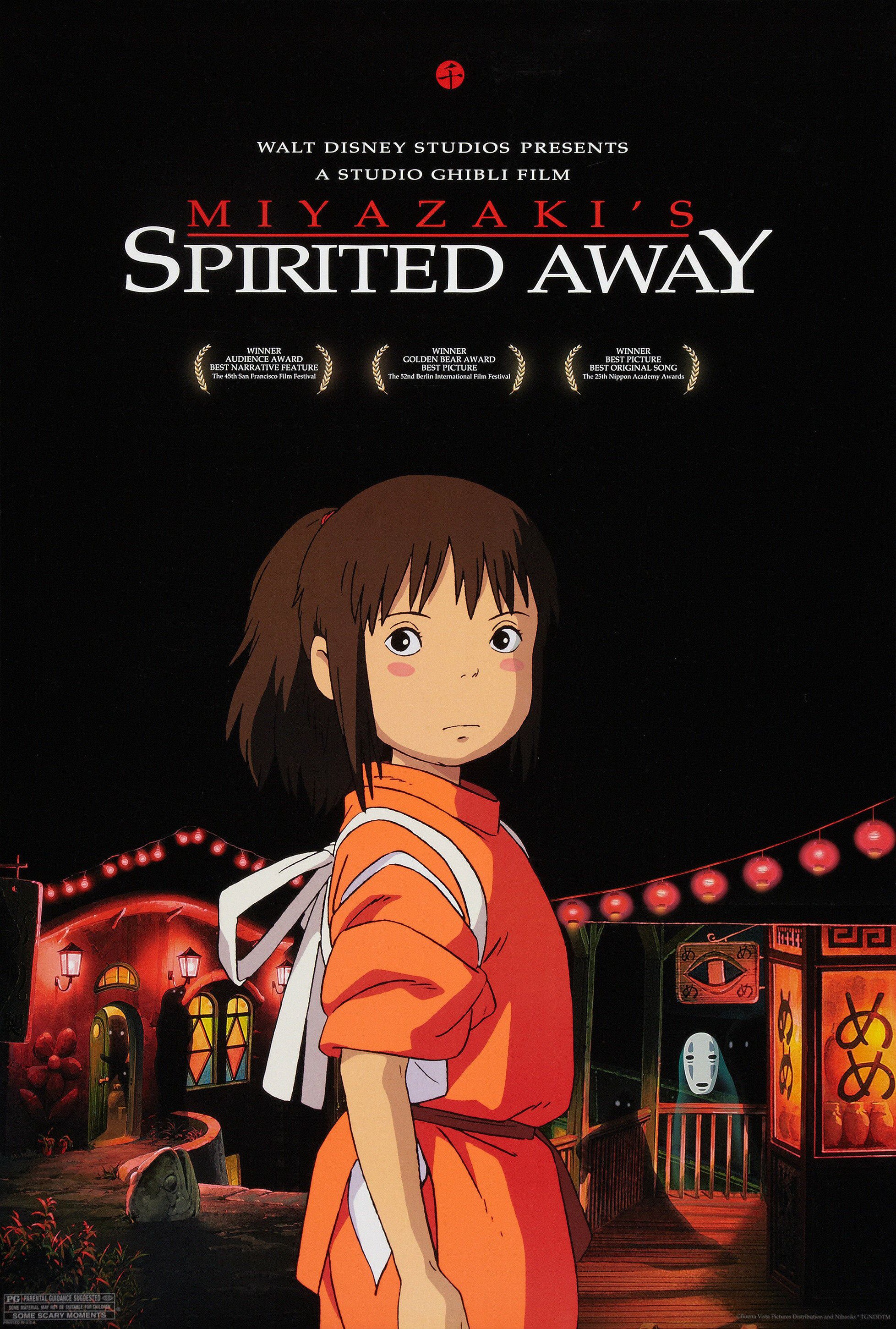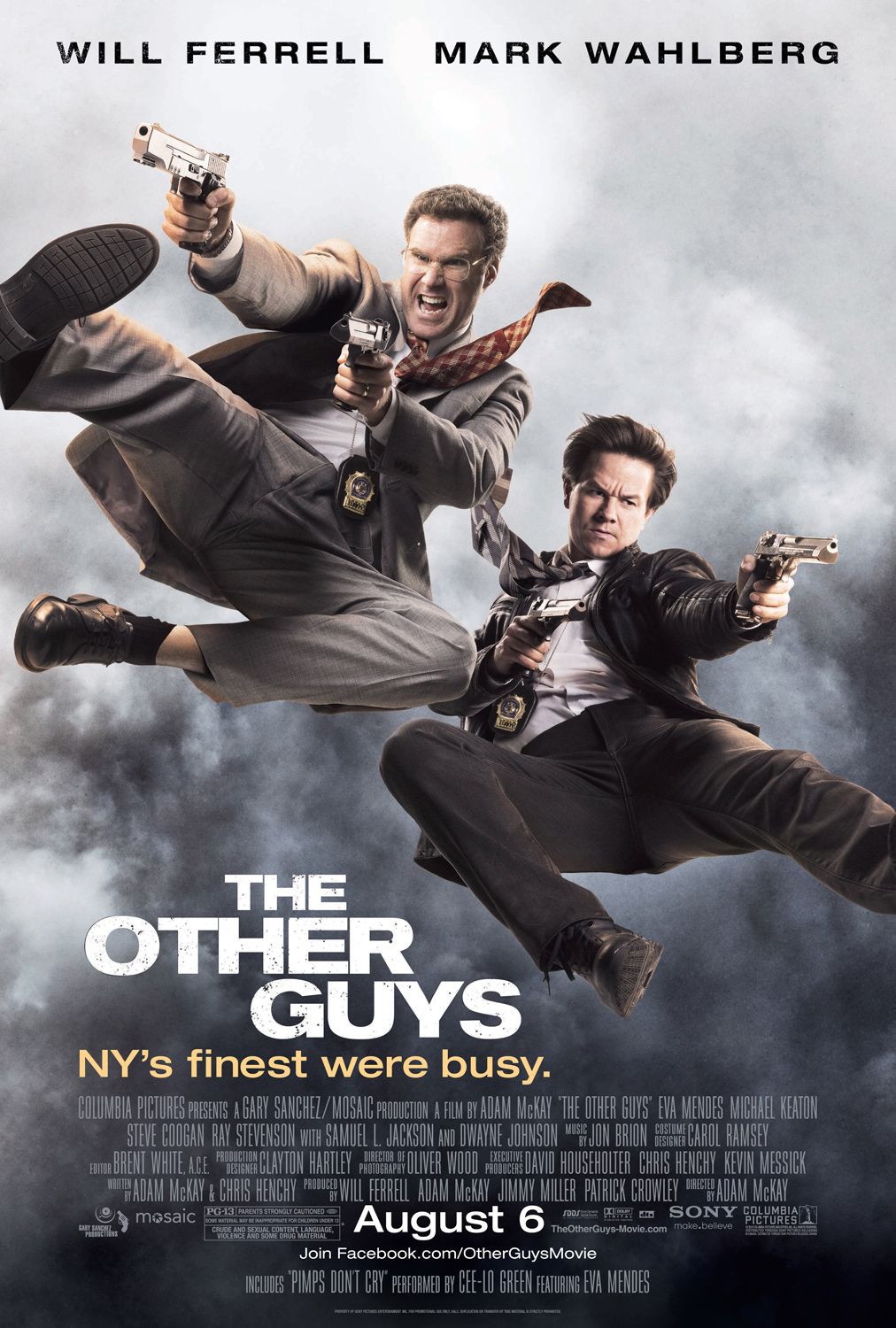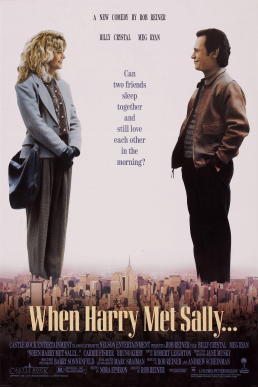Movies
I am not a movie buff, but, uh, here you go. I think I want to be a film person more than I currently am; I certainly have outgrown my television phase 1 but I don't make a particularly strong habit of watching movies.
There is one exception to this, which is that almost every Sunday night for the past year my partner and I have watched a movie together. These come in phases — we had our Miyazaki phase, our pre-code screwball phase, and our Harry Potter phase — but it's been a really nice tradition.
If you're doing a similar thing with your movie reviews, please let me know! The only person I know of doing this is my friend Oliver 2 and I really don't want to have to go through the whole process of creating a Letterboxd account. 3
Footnotes
-
You could find me in the 2012 A.V. Club comment section, vigorously debating the finer points of Mad Men. ↩
-
Though at the time of writing this, he has only reviewed one movie. Come on, Oliver! ↩
-
This isn't meant to denigrate Letterboxd, which frankly strikes me as the best "content cataloging" service that I've ever seen. I just don't want yet another account inevitably designed to the dustbin of history. ↩
The Nice Guys
I will start with a proviso that I did not realize that this was a distinct film from The Other Guys ↗, which in many ways feels like a spiritual predecessor to this film — elevated buddy cop comedy with some feints towards a more serious plot. This was certainly a better film (which is not to say that I didn't enjoy The Other Guys); the trappings of noir, an absolutely hilarious performance from Gosling, and a script that felt less all-caps and more winking. A tremendously fun time that does not leave much of an impression.
(Also, what's the deal with all seventies-based films involving the catalytic converter conspiracy>)
Out of Sight
Very early Soderbergh, and you can see a couple blueprints here: his penchant for crime/heist stories with jump-cutting timelines, his love for Clooney (who I think does a terrific proto-Clooney performance, with all the charisma in the world but not quite the "I am playing myself, George Clooney" swagger that makes it hard to take his later work seriously), a over-willingness to play with color grading and cross-fades. It's a fun movie that I had a good time with even if it doesn't quite commit to being pure style + pomp (see: Ocean's Eleven ↗) or pure grit (see: No Sudden Move).
It does nail a couple things, though: the chemistry between Clooney and Lopez is both well-lampshaded in the trunk scene and delightful in their little hotel bar montage (it's hard to make the romantic elements of these things work, and that was my least favorite part of Three Days of the Condor, but it absolutely worked in that scene), the ending, the surgical deployment of Ving Rhames.
State of Play
What's not to, if not love, at least deeply enjoy? A legitimate political thriller with a strong cast who act competently, sincere and interesting direction, and a twist that is both surprising and satisfying. It is not anyone's favorite film, but I think it is a film that everyone can enjoy.
High Flying Bird
I was very surprised to neither like nor love this movie, given the amount of affection I have for all of its constituent parts: Soderbergh, Zazie Beetz, sports business, and the NBA. But there was a thinness to the entire thing that made me wishing (so rarely!) for a longer run-time; characters felt like avatars than actual people (with the exception of Beetz, who seemed to play a prototype of her Full Circle character), and the final third resolved with the aplomb of an air leak.
Night Moves
Okay, I'm all in on Gene Hackman (now after The Conversation), I'm all in on that closing shot of the boat circling aimlessly, an ending grimmer and more poetic than Chinatown ↗.
Traffic
Klute
A terrific, terrific film, with a great performance by Jane Fonda (insert quip of "the film should be called Bree!" here.) I think some of the noir aspects felt a little more obvious than in The Conversation, but the pair of performances and the deep sense of sonic dread that permeated the film made this one of the greatest films I've seen in a while.
No Hard Feelings
It is hard to find much positive to say about this movie. Jennifer Lawrence performed capably — certainly not to the standard of a true A+-lister, but capably — and there were a couple pretty entertaining set pieces. It is hard to believe this was not a Netflix movie with how heavily it skewed towards paint-by-numbers standards. But it was at least satisfactory in terms of letting Haley and I turn our brains off after an extremely hectic wedding weekend.
Three Billboards Outside Ebbing, Missouri
It is kind of funny to watch this film, six years after its release (and subsequent kerfuffle re: Sam Rockwell's character and what it means to write a redemption arc for a racist cop). Martin McDonagh certainly has a style; I think you can lodge many of the same complaints about this film as you can about The Banshees of Inisherin ↗ (the dissonance between black comedy and deep, human tragedy feels more like whiplash than one might hope). A keen analysis of Aaron Sorkin's work is that his dialogue only really works in settings where you expect everyone involved to be ultra-literate dorks with tremendous egos about what they do (c.f. The West Wing ↗, The Social Network ↗) and in much the same way I think McDonagh's tendency towards violence and shock only works to its full effect in something like In Bruges, where you are meant to feel the distance between the characters' relationship to violence and your own.
But there is so much to enjoy in this film: the terrific score and cinema work, McDormand's battleaxe performance, Harrelson's beautiful monologues. I do not think this was a Best Picture; it was still worth my time.
House of Games
In retrospect, I shouldn't have watched this so quickly after The Spanish Conversation and No Sudden Move; I think this kind of heist/neo-noir is, as much as I love it, subject to a bit of diminishing returns. To that end, I found myself disappointed with this to the extent that the "ploy" quickly became obvious, and once you know to watch for the trick you get more interested in the mechanics of the work than the work itself. This was ameliorated by an ending that I am sure many hated but I found deeply subversive, and revealing of the true nature of both protagonists.
Would definitely recommend, even if my sheer enjoyment was on the lesser side.
The Spanish Prisoner
I really, really, really liked this film, and my only criticism of it is that the cool distance with which it operates makes it hard to love. Steve Martin is terrific, Mamet's dialogue is perfect — arcane and precise and distinct without detracting from your understanding of the events — and the progression of intrigue and revelation is masterful. The only fault I can assign it is that it lacks any sort of emotional resonance, which sounds like a more biting criticism than I mean it to be.
The Conversation
One of my all-time favorites, and one that I'm excited to rewatch in the years to come. Hackman with a terrific, gripping performance and a subject matter that only grows stronger with time, and a truly terrific closing scene.
The Man Who Wasn't There
This was not great cinema, but it was solidly good. The Coens feel a bit like Murakami when you watch a number of their works in succession: you start to recognize all of their characters as archetype (the cheating femme fatale, the powerless man who turns to crime, the bumbler, and so on) but you can find deep appreciation in the repetition and execution. Here in particular there are two things: the cinematography, stark and excellent (the black and white feels earned and not gimmicky), and Thorton's steely performance, in many ways what feels like an ideological prelude to his work in the first season of Fargo.
Intolerable Cruelty
This felt like the Coen brothers trying to do their version of Adam's Rib (and George Clooney doing his version of Spencer Tracy). I certainly liked it more than that film, even if I thought it was weak and diversionary. The script had a requisite number of eccentricities, the cast was pretty and charming, and the whole thing was a lovely time that was neither regrettable not particularly memorable.
No Sudden Move
A Few Good Men
The In-Laws
Oppenheimer
The Green Knight
Barbie
Asteroid City
Hustle
The Killing
Mystery Train
BlackBerry
Across the Spiderverse
It is very gratifying for me to see all the praise for this movie, some of it feeling overdue from the somehow-underappreciated Into the Spiderverse ↗. And, to be sure, the praise is earned: this is "what if the first movie, but more" in the best way possible.
I thought the former, though, was a better movie, mostly because it was fresh, and it set a very high bar that simply meeting does not surpass. So many of perfect moments of this movie (Spider-car! Beautiful camera work! Needle drop moments!) feel like retreads of the original, which is not bad (they were lovely then, and lovely now) so much as they lose some points of originality.
(And, I know this is how "second movies in a trilogy" work, but this movie's cliffhanger ending is deeply unsatisfying. At least the next one is coming out in less than a year!)
The Ipcress File
In retrospect, one of the things that you really have to appreciate about le Carré is his steadfast refusal to keep a character alive longer than is realistic for purely narrative purposes. The same cannot be said for this little Michael Caine vehicle, which spent two thirds as a dry and competent thriller (nothing amazing, but a combination of servicable performances and servicable plot) and then spent the last third as a poor imitation of the James Bond films it tries to surpass: a cartoonish villain with hypnosis, a suddenly Herculean protagonist, and a climax that tries very hard not to answer "wait, why didn't they just kill this guy?"
I try not to let rough endings spoil my enjoyment of a film; it was hard to do that with this one, because the left turn feels so jarring that it spoils your taste of what came before.
Desk Set
We came across this having looked for other Tracy-Hepburn vehicles after being disappointed by Adam’s Rib. What we found was delightful, in no small part because the looming threat of digitization found new resonance in this month’s rapid LLM advances.
Here is a romantic comedy that knows exactly what it is trying to do and spends very little time not doing it. Every pairing (or in the reference desk’s case, a quartet) has a fun and well-worn chemistry; the script is quick and witty and has a couple showcase scenes (the rooftop lunch; the disastrous unveiling of “Emmy”). Hepburn and Tracy are old here, and their casual charm is intoxicating.
(Also, TIL — Nora Ephron was a nepo baby, and her father wrote the script. She inherited the spirit of her father’s repartee; the dialogue and plot beats feel, and I mean this in a sincerely positive way; right at home in the nineties.)
Adam's Rib
I was surprised to discover how, upon completing this movie, how much I disliked it given how obvious it should have been a personal hit — Spencer Tracy and Katharine Hepburn (I am not the world's biggest Spencer Tracy fan, considering him a sort of Paul Pierce figure 1, but their chemistry alone is a draw), George Cukor behind the camera, mid-century sexual and relationship dynamics, and a svelte runtime.
But I am left with a feeling of something, a cocktail that sits between sour cynicism and a certain disappointment. It is almost entirely ascribable to the gulf between what was on the edge of women's liberalism in 1949 and, well, today — or perhaps to Cukor's unwillingness to commit to either earnestness or slapstick 2. There were two scenes that struck me as real in a way the star vehicles of this era never really do:
- Judy Holliday (delightful, but underused)'s character monologue of her abuse and descent;
- Tracy's character hitting the breaking point, and the ensuing argument with Hepburn — a confrontation that feels real in its flitting between loud and quiet, between anger and sadness.
But the rest — the series of testimonies, the whole David Wayne experience, the Vive la difference — it felt a bit too much like caricature.
Footnotes
The Godfather
It has taken me far too long to watch The Godfather, and having finished it I find myself slightly deflated — because it is a tremendous movie, worthy of its status in both the American and cinematic anons, and every line and meme which has etched itself into the collective zeitgeist is delightful to hear and see in the flesh. I don't think I have much to say about it: it was a grip and a triumph and, while I often rant and whine about overlong runtimes, this one earned every minute of its three-hour runtime.
Perhaps what I would draw attention to (as if nobody has done it before) was the masterclass work by Pacino and Brando, who both in the space of a single movie gave me two of the best ten performances I've ever seen.
I will be thinking about what this movie has to say about xenia, about honor, about justice for a long time. It instructs; it does not teach. It draws more than it spells. It leaves a taste in your mouth.
Do Revenge
Half-Mean Girls, half-Strangers on a Train, all loving homage to as many teen comedies as you can think of, with a pair of passable lead performances (Maya Hawke did not do much, but Camilla Mendes amped up her soap tendencies from Riverdale to delightful effect) and a script that (to my rapidly aging ears, at least) nailed the transformation both of dialect and dynamic over the past ten years: the villain is not a turbo-jock but "fake-woke", and the quips were delivered with a solid level of panache.
The twist (which Haley and I guessed, but I don't think it's a film that was meant to leave you agog) was fun: there is no better trope in film than the "here's a replay of seven different scenes with a different implication and tempo now that you know The Twist", after all.
The final act was — a bit messy, a bit rushed. The script really leans into the deep sociopathy of the two leads, and then abruptly leans out of it in a way that defies logic even more than the preceeding convolutions. (I also thought the more earnest ending — the leads ending up as friends, sans their romantic entanglements — was betrayed by the mid-credits romantic sparks reigniting in both couples, but alas!)
(Also, Sophie Turner in a bit role yelling about coke — comedic gold! Was not expecting that.)
Trouble in Paradise
Haley wanted an "old-timey comedy", and we have run low on them, so I had to do some crate-digging for this one. And I'm glad I did!
This movie — a svelte 82 minutes which it manages to wring every minute out of, while leaving some time for breath and downbeat — is really fun. Herbert Marshall (whom I haven't seen before this film, but gives a lovely performance of Jack Lemmon playing Cary Grant) and Miriam Hopkins are delightful, a sort of proto-The Thin Man ↗ pairing.
The plot feels every inch the three-act play from which it is adapted, and that economy works in its favor: every scene advances and entertains. (I did not much buy the third-act romance, but those things happen.)
Lupin III: The Castle of Cagliostro
I don't have anything profound to say about this movie:
- It is a rollocking good time, a classic family-friendly adventure story that feels nostalgic and (pleasantly) predictable if you've seen anything in its lineage
- It is absolutely gorgeous: the animation is rich and detailed, the color palette is vibrant and varied, and the background work is second to none.
- It is funny!
I'm not sure what else to say. It's a great movie; it warms you. I was surprised to discover just how much the character design of Cowboy Bebop was modeled on the Lupin folks, which is an insight that I'm sure I could have gleaned from any other piece of Lupin media, but still.
No notes; watch it, you're in for a terrific time.
Much Ado About Nothing
It is always fun to watch older films like this, that seem sort of like a cinematic supergroup in retrospect: Denzel, Emma Thompson, Robert Sean Leonard, Keanu Reeves, Kate Beckinsale (in her debut role, looking quite literally like a fourteen-year-old despite Wikipedia insisting otherwise!). It has most of it's merit in watching on those grounds alone: a fun rom-com with a bunch of stars that you've grown to love. (And also Michael Keaton playing some sort of faux-Beetlejuice trope which is bizarre and oddly endearing.)
The film runs for under two hours. The script is Shakespeare, expertly adapted and delivered. It is riotously funny; the utter lack of chemistry between RSL and the nubile Beckinsale is compensated for by the chemistry between Denzel and Thompson (and, of course, Branagh and Thompson).
It is an extremely good time, if never a revelation or a masterpiece. I cannot get the idea of a double feature — this and The Tragedy of Macbeth ↗, Denzel and Denzel, thirty years later — out of my head.
Fletch
I watched this three months after Confess, Fletch ↗ and am shocked to discover that I like the original more! Shocked is perhaps overkill — mildly surprised, perhaps, because I am such a sucker for Jon Hamm compared to Chevy Chase and because it kicked off what felt like a three-month microrenaissance in "light, breezy murder mystery."
This movie had a self-assured nature and agency that I think the reboot lacked. Chase's quips felt lighter and more in keeping with the tone of the film; it was able to take advantage of (and subvert to great comedic effect) the trappings and narrative arc of a more traditional detective film, whereas Jon Hamm's vehicle felt a little like being shuttled from mid-budget silly setpiece to mid-budget silly setpiece. The supporting cast (Otter! Norm!) was just the right level of competent, and I was actually pretty well-drawn into the central mystery.
Perhaps that last point is what really turned the scales for me: Confess, Fletch never really felt like a serious mystery in any sense, and it was mostly hanging out with some folks who were funny. This movie feels like a bonafide (if not generic) mystery, and your lead detective is, well, Chevy Chase. It's a more digestible value proposition.
See How They Run
I am not sure what made 2022 the year of the lighthearted whodunit, but between this film, Confess, Fletch ↗, and Glass Onion ↗ we clearly have ourselves the making of a miniature renaissance. I certainly am not complaining!
In much the same way Confess, Fletch was first and foremost a vehicle for Jon Hamm to walk around and wisecrack, See How They Run is a vehicle for Sam Rockwell and Saoirse Ronan to do the same. The two of them are a delight to watch, and the film is at its best when it is just letting them riff off each other.
The film does not do itself any favors with its figurative (and later literal) deputizing of Agatha Christie 1 — the mystery is not particularly interesting, and the coterie of potential subjects are more used as comic relief than as actual suspects. (You are invited — and rewarded — to guess the subject, which we of course loved, even if the killer's identity is not quite the point.)
This is not high cinema: this is B-tier entertainment, and a good time at that. Come in for ninety minutes of solid performances and a few good laughs, and you will not be disappointed.
Footnotes
-
I was unaware until after finishing the film that The Mousetrap is such a successful and long-running play, which of course recontextualizes a lot of the meta-y parts of the film! ↩
Avatar: The Way of Water
Can a movie's sheer visual spectacle outweigh three otherwise glaring flaws: its runtime, its paint-by-numbers plot, and its sheer lack of characterization + script? I think the answer is yes, but Avatar: The Way of Water is not a movie that passes that test. It is a gorgeous movie, and follows up on its predecessors' value proposition ("yeah, the plot is hardly there, but it looks great!") with more of the same. Much more.
I think the most interesting thing you can talk about with Avatar is the tension and conversation between its plot and the film machinery itself. It is interesting and noteworthy that a movie can be so quite directly and literally anti-imperialist and anti-technological while also being a movie famous for its sheer technological prowess. It is interesting that Avatar is by all means an anti-capitalist plot that happens to be one of the top-grossing movies of all time. The most generous possible reading of Avatar is that James Cameron is trying to make this argument as loudly as possible — that Avatar is an argument for the use of technology as an act of creation rather than one of destruction.
I think that's a generous reading, but I like to err on the side of generosity.
The movie spends too much time dwelling on a lot of things that look nice and matter little. One such case that does not apply is the whale-hunting scene, a worthy use of fifteen minutes that manages to impress you with its deployment of science fiction and horrify you with its cruelty. I find myself thinking that the movie was at its best with that scene: visually stunning, emotionally haunting, and with nary a blue-skinned alien in sight.
There is a director's cut of this movie that is one hundred and five minutes and is much better. I would recommend that movie, but I would not recommend this one unless you are looking to shut your brain off for a little — and trust me, with its interminable final act, you will need to shut your brain off for a little.
Glass Onion
Glass Onion is not a particularly good murder mystery, but is an extremely fun broad comedy. In that sense, I think it's a natural sequel to Knives Out ↗, which was slightly better of a murder mystery 1 but slightly worse of a comedy. I found it remarkable how prescient the script was (you can accuse it of being broad and too of-its-moment, but leveling that criticism in 2022 at a script written in 2020 is revealing in its own way!)
I think the only sincere critique I would level (besides the bluntness of its social barbs, which is more of a critique of Rian Johnson than his craft) is that the final act fell a little...flat? Pat? It felt very Netflix. The subtext (destroy the things until you find the thing you can't destroy!) turned text was nice, but the CGI explosions and lack of actual long-term consequence or pay-off just seemed...neat in a way that left me a bit unsatisfied.
All of that is quibble, though. This was fun. I had a blast from the first minute on. Dave Bautista continues to be a surprising joy in everything that I've seen him in. A perfect movie to watch on Christmas with a drink or two in your system.
Footnotes
-
My litmus test is one that biases towards Agatha Christie: could you have reasonably guessed the various twists and conclusions given the information provided? This is why Poirot is the gold standard, because the answer is almost always yes. ↩
Love Hard
This was a bad movie but a pretty good Christmas movie. I laughed more than once (which, again, grading on a curve!) and the entire production had a sense of everyone involved being in on the joke and having fun with a goofy, lighthearted script. There was literally no connection between the two romantic leads, but they were affable enough on their own.
You should not, like, watch this, but if you are forced into watching it (say, by a fiancé who is a big fan of Christmas movies) you could do much much worse.
The Nightmare Before Christmas
My reaction during this movie (a lithe seventy-six minutes) was that of a near-perpetual maniacal grin, one that bounced between "what the hell?" and "hell yes" with a joyous staccato.
First: I am very glad my parents did not try and have me watch this when I was a kid. It, I think, would have terrified me to no end.
Second: wow! It's just really good! Expertly crafted and delivered, with an aesthetic all its own (that would of course in later years be known as the Tim Burton aesthetic, but this gets the credit for being the forerunner), scenes and camera work pulled right from German Expressionism, details and tiny little character arcs that punch way above their weight. Even the music — I am not a musical person and I found the songs pretty lovely and ear-wormy.
The plot and the romance and all of that was silly, and who cares? It's like criticizing the plot of a Dr. Seuss book. The plot was a delivery mechanism for gorgeous set-pieces and a lovely aesthetic onslaught, and it succeeded in that regard. (Perhaps a parallel between Burton and Wes Anderson, there.)
Confess, Fletch
What a pleasant surprise!
I heard absolutely nothing about this film leading up to or including its release, only discovering it on my brother's Plex account. I am a sucker for everything it entails: mystery, charm, Jon Hamm in a leading comedic role. (It is also alarming that I have never heard of the broader Fletch franchise, an omission which I plan to ameliorate over the coming weeks.)
This movie is not a lot of things. It is, for the most part, poorly shot — a move that was intentional, according to the director, though also terribly easy to ascribe to its low budget. (Jon Hamm had to give back two-thirds of his salary to finance the production, and it shows.) It is not particularly coherent: without diving too deep into the minutiae and the spoilers, the inciting crimes don't really have any clever pay-off and the plot hinges on people lying to each other for no reason in particular.
The movie is, though, an absolutely fun hang. The script is clever in a way that you'd probably find annoying in a film with more gravitas but hits you as oddly charming here: every character, even the two-scene wonders, has his or her own bits and foibles. Hamm's performance is just the right level of straight-man and wise-cracking flaneur. It felt very much in the vein of The Thin Man ↗ — sure, it's a bit of a hack to take 75% of a good mystery and 75% of a good rom-com and smash 'em together, but it's so pleasurable its hard to really be upset about it.
All in all, this a hard movie to call your favorite but an exceptionally easy movie to recommend. Perfect airplane movie (and only ninety minutes!)
The Batman
The good: Robert Pattinson was great, the core plot was pretty interesting, the direction was pretty solid, and there are very few pieces in the film that I straight up disliked.
And yet. The gold standard for all Batman films is The Dark Knight ↗, a comparison that this film seems to relish in drawing, and it fails across most axes:
- No offense to Dano, but his performance is muted and fairly one-dimensional here. Being stuck behind a mask (unlike Ledger's Joker) doesn't help things, of course, but his villain VORP is pretty low.
- One thing that Nolan doesn't get a huge amount of credit for is his ability to execute on a scene-by-scene basis. Compare the chase scenes in TDK which are legible and intense to the main one here — which is muddled and overlong.
More than anything, though, this movie did not pass the "should a movie be longer than two hours?" test, and that's probably why I'm being as harsh as I am with a film that had lots of elements that I liked. Dano's character gets arrested with forty minutes of runtime left and of course there's another shoe to drop (this film does not trade in surprise), and we're left with a very hackneyed final act with exactly one good payoff ("What's your name?" "I'm vengeance.")
I think a really lean version of this movie could have come in at one hundred and thirty minutes and been a delightful noir film. Instead we needed a bunch of CGI flooding.
Chinatown
Well, that was probably the most depressing final sequence I can remember in a film (especially one so devoted to realism, or at least its brand of plausibility.)
Everything leading up to those final few minutes was perfectly executed. I honestly struggle with complaints: Nicholson's commitment and arcing transformation from a dollar-a-day-guy to a missionary committed to his cause; the relentless heat seeping through the screen; "She's my daughter! She's my sister! She's my daughter! She's my sister!"; a plot grounded in the kind of public policy intrigue all too rife in the era (and many others) and later aped by, well, an entire score of films.
And then you're shot in the face with the final few minutes. I don't mean this as a complaint — I think the ending perfectly fits the film and it's universe. But is hard to think about anything but the ending, isn't it? There's no bittersweet: just bitter. The good guys lose and the bad guys win. That's the message of the film, and it's a message Nicholson's character has known far too long, and the magic trick of the film is that it lets you briefly forget for exactly the same window of time that he does.
Licorice Pizza
A movie that to its benefit and detriment tries to traffic solely in good vibes.
Something like a chimera of Once Upon A Time In Hollywood (not just in terms of aw-jeez nostalgia, deployed sometimes to awful effect with John Michael Higgins' bizarre Japanese accent but in terms of playing fast and loose with historical realism) and Everybody Wants Some!!! in terms of, well, the casual-fit acting and quasi-episodic storytelling that makes you want to curl up in almost every scene.
PTA is a great filmmaker, and one possible way to look at this movie is a sort of reckoning with the past, a visceral experience of going "oh wow, how blissed out and fun" and "oh, jeez, that was pretty bad" within the confines of a single scene. That's probably the charitable lens — you don't really get the sense that that you're supposed to take too much stock in the latter moments of whiplash, though. Nor are you to take too much stock in the age difference between the characters, I suppose — again, the charitable lens is to look at the final few scenes of the film in the same way we look at the closing shot of The Graduate, as a moment of wry concern and regret and not as triumph. (I certainly don't begrudge anyone who has trouble finding that charitable lens.)
The two leads were really terrific, though, and if you had told me that Philip Seymour Hoffman's kid and the bassist from Haim would have given star turn portrayals I would have seriously questioned your judgment. They were lovely! They had just the right level of charm and humanity without feeling, you know, like an Amy Sherman-Palladino character.
What I think rung most true to me in this film is the subtle tug-of-war in their central relationship. Revelation followed by reconciliation followed by miscue followed by — you get it. It was a garden path, not a cosmic arc. It felt like an exciting relationship, whether one at 18 or at 28.
In The Mood for Love
This for so long had been a bit of an "amateur film buff bingo" film for me; I have been recommended it so many times, by so many people with disparate tastes, for so many reasons, that it took on a bit of a life of its own. So I came in with some preconceptions — mostly of its ostensible merits.
And boy did it live up to them!
The plot is sweet and melancholy and largely immaterial to my analysis of this film's merit — it can be summed up in a sentence, as can perhaps the movie itself. (I thought it was a particularly inspired choice to never show the two philanderers, and to only hear their voices.)
What is stunning to me (someone who's pretty poorly versed in HK cinema in general and Wong Kar-wai in particular) was the visual language. It's probably a cliche to call this a ninety-minute tone poem, but that's exactly what it was — deep, saturated hues, gratuitous shots of cigarette billows and skewed nested frames. There are so few staged shots: everything is obscured, obscured through doorframes and bars and desks and curtains. It was gorgeous.
And the acting was sublime. There are, in reality, two actors: Maggie Cheung and Tony Leung. Their performances were classical: reaction over emotion, quiet and subdued and again, I am repeating myself, sublime.
The ending intertitle reads:
He remembers those vanished years. As though looking through a dusty window pane, the past is something he could see, but not touch. And everything he sees is blurred and indistinct.
I think the cut from the dusty, smoke-filled shots of Hong Kong to Angkor Wat — more conventionally shot and lit, with Tony Leung looking briefly like he's in an American film with Western sensibilities — is what will stick with me most in this film. This is clearly a story told not in the present day but as someone remembering the past, perhaps fondly and bittersweetly. Who does not have a story — told briefly, in vivid splashes of color and sepia and obscured by time — that they tell themselves like this, or to whom the memory is forced upon them when they catch a glimpse of something they had once forgotten?
(The highest praise you can afford a film is the ardent desire to see more of the auteur's work; I can't wait to watch 2046.)
To Catch A Thief
Here is the actual tagline for this movie: watch Cary Grant and Grace Kelly be charming in the French Riviera. That's really all you need to know about the film: it is soulless and a little predictable but you get to see two people to whom you are likely quite endeared be charmed with one another.
I sound like I did not like this movie; I in fact liked it quite a bit. It is certainly Hitchcock, though not Hitchcockian; the drama unfolding feels something more akin to that of The Thin Man ↗ or even Ocean's Eleven ↗, where the central plot is less of a primary concern whose resolution brings thought and satisfaction and more of an at-times-flimsy vehicle to chaffeur our two leads from one very pleasant set-piece to another.
And on those grounds, it was marvelous! This is not a Sunday night film, so to speak: it's meant to be watched on a lazy Wednesday, in between bites of pizza or sips of a Kingston Negroni. It's a fun time that is not trying very hard and does not expect you to be, either.
Everything Everywhere All At Once
All I knew going into this movie was that a number of my friends and acquaintances (most of whom, it should be said, do not know what “A24” is) instantly called it their new favorite movie ever. I cannot blame them!
This movie reminded me a lot — a lot — of Legion ↗, and it was unsurprising to discover that Daniels were also co-directors of a Legion episode. That show remains criminally underrated; it did things, visually, that I had never seen a television show do nor have seen since.
Whereas Legion had fairly humdrum star performances anchored by an absolutely terrific supporting cast, the acting here was universally strong: the praise of course has been mostly (and deservedly) heaped on Michelle Yeoh but I thought Stephanie Hsu and Ke Huy Quan (and Jamie Lee Curtis’ wonderfully physical performance) were equally wonderful.
The script, like in Legion, was fine but more of an afterthought. The core narrative and message were solid but not exemplary; it was how the film used the medium to explore and exploit them that was exemplary.
This isn’t my favorite movie; I don’t think it’s my favorite movie I watched this year (Drive My Car ↗ still holds that belt). But it certainly was the most memorable, and most fun, and most audacious, and I loved it a lot.
(And of course I cried. I cried during the rocks scene; I cried during the In The Mood For Love homage).)
Frost / Nixon
There are exactly three scenes that disqualify almost any criticism about this movie:
- The drunken, unhinged rant from Frank Langella which tie the two leads together and capstone what is one of the ten best acting performances I've ever scene (and I generally abhor biopic performances, where the best-case scenario so often feels like cosplay).
- The "it's my birthday" delivery from Michael Sheen's Frost, whose performance gets lost in all of Langella's adulation but is perhaps even trickier (and certainly more dynamic).
- The subtlest of all: ten seconds of quiet astonishment, again from Michael Sheen, as the cameras briefly cut off when he has Nixon on the ropes, realizing dumbly that he's Done It.
This is a film that you watch and instantly realize it is a theatrical adaptation, and I admire the filmmakers for leaning into it. There are parts of excess (the documentary-esque asides felt wholly unnecessary) and things that I think could have made the movie stronger (why is Rebecca Hall's character necessary at all? What does she bring beyond a pretty face to tell Sheen "no, come on, you've got this!") but, again, those three scenes.
Rounders
This was a lot of fun. Edward Norton being an absolute shithead; Matt Damon playing a very prototypical Matt Damon role; John Malkovich chewing up more scenery than I sincerely thought possible; even John Turturro doing, uh, John Turturro things. (Weird, and resonant, to see him so soon after watching his slam-dunk performance in Severance ↗!)
This is a sport movie, and it's a by-the-numbers one: the set-up, the guy who walks away, the reason to come back, the brink of defeat, the upset victory, the bigger and better things. I think what makes it a good sports movie is two-fold:
- There's a lot of room to breathe. The score is sparse and well-deployed; Damon narrates but not too much; there are entire scenes of scene-chewery that are not exactly nimble but well-earned (the judge's monologue in the bar feels like something out of an Aaron Sorkin production, and I mean that in a good way.)
- It's lived in in a way that feels more organic than, say, Moneyball ↗ which is a sports movie that succeeds on the back of its surgical precision. We don't need to know the names and backstories of the various bit players or rundown speakeasy gambling dens, and our time spent with them benefits from it.
Goldfinger
It’s interesting to read some of the contemporary reviews of this film, which peg it as perhaps a too self-serious Bond film with too dark of a subject matter and too high a body count. Gang, just wait fifty years…
It was a Bond movie of its era, and it didn’t age that well — maybe that’s unfair, but I think that’s a thing you have to level against Bond movies just like any superhero movie. (I don’t mean age well in terms of, like, morality — just the literal sense, the cinematics are poor.) It’s also hard not to judge Auric Goldfinger through the lens of today’s media: I actually liked that he was a bit of a foible guy with a distinct personality and tic unlike the boring walking MacGuffins that have plagued the Craig Bond movies (with the exception of Casino Royale ↗’s Le Chiffre, a terrific marriage of character and performance), but hard not to have one’s mind get drawn to Austin Powers and all that.
The one thing that of course ages well: Sean Connery’s performance. I’m a Daniel Craig man through and through — he was my first introduction to the character, but he’s most interesting because he stands against the traditional Bond archetype, exemplified best by Connery. So smooth! So handsome! So self-assured!
I’m not sure what I got out of this movie, if anything — it was on because Prime Video autosuggested it after rewatching Skyfall. I’d be hard-pressed to recommend it as a film, but it was a fine way to spend two hours with a burger and a few beers. I think that’s all Bond movies of this era really aspire to be, and excepting any nostalgia factor that you might have for them that’s all you can really hope for.
No Time To Die
The set-pieces were really good. Daniel Craig and Jeffrey Wright were really good. Ana de Armas was exceptional. I had a fun time!
And yet. Movies with the run time that this one had really need to earn that extra forty-five minutes. I don't think this one did. It played around with two metatextual ideas that I am of course a sucker for:
- The idea of Bond (or, more broadly, all action stars) being obsoleted by technology & modernity;
- The idea of Bond being a sort of grim King Midas who brings grief & ruin to all he touches.
The first item has been discussed to exhaustion by a better firm in Skyfall and a better plot device in Spectre; the only difference I think No Time To Die offers is a much different denouement, which I'll get to in a second.
The second item I think was handled with much more pathos in Casino Royale ↗ (my favorite, and in retrospect probably the greatest, Bond film.) I did enjoy the irony of making that subtext explicit with "nanobots", and I'm sure the writers felt like they were being very clever when they figured out how to do that.
(A quick aside: Rami Malek's character was a complete non-factor — a failure of the script, not of his performance, to be clear. I thought Billy Magnussen did a terrific job, and our ability to root for his death & understand his causes were much less opaque.)
About that ending... interesting, and probably the most interesting part of the movie! I don't know how to interpret it as anything other than a partial admission of the sublimation of the ego into the superstructure (which I of course realize is an insane phrase to assign to a Bond film.) Bond dies, which is both a way for him to give up the ghost and to break once more from the mold of the Bond legacy of decades past. The mission couldn't be done without him, but it couldn't be done with just him.
It's hard not to contrast this final act with Top Gun: Maverick ↗, a movie I watched a week prior to this one. That film's thesis was, bluntly and exuberantly: Action movies are perfect; action heroes are here forever. Craig's run as Bond has been a bit of a deconstruction of that, and this is the third such explicit deconstruction. I liked Top Gun: Maverick more, and at the end of the day I think it's more because you need much more justification & license for melancholy and irony than you do for exuberance and joy.
Vertigo
I’m surprised that this movie is held in such high esteem relative to other Hitchcock films. I liked it, and I thought there were very good parts of it, and I thought it was better than Haley did. But it didn’t strike me as one of his best films beyond the dolly shot which is now of course classic (maybe the infamy of that shot robs the film of some of its staying power, since its influence has now been diffused amongst the rest of cinema?) or the climactic two scenes: the rotating embrace between Judy and Scottie or the doomed ascent up the clock-tower.
What worked particularly well for me in the film (and I’d say less so for Haley) was the descent of Jimmy Stewart. I am a sucker for these sorts of meta-referential roles, the collapse of an American icon into a stalker and out-and-out shell. I think there is a message here that I need to sit and digest a bit more to understand completely (as opposed to, say, Rear Window ↗, which was pretty clear in its undertones about consumption & the role of the audience.)
Roger Ebert’s retrospective review was fairly kind to the film, and I think hinted at what I’m getting at but in a similar vague way: he describes this as a sort of ur-Hitchcock, with the message being in relation to how Hitchcock views the world and views women. I thought that was a useful lens, but again — it still escapes me somewhat.
A welcome piece of this film that I forgot to touch upon until just now, though: San Francisco. What a perfect choice of setting and location, and Hitchcock dotes equally on the steep neon-clad streets and the esoteric landscapes just out of the city.
Top Gun: Maverick
I went into this movie equipped with two pieces of baggage:
- I had watched the predecessor the night before, so the plot beats, overt propagandizing, and rampant homoerotic tension was fresh in my mind.
- I knew from a friend that it was as much of a critical darling as could be hoped (at the time of my viewing, it was sitting at around a 97% on Rotten Tomatoes) as well as a crowd-pleaser.
For the first two thirds of the movie, I was a bit flabbergasted at the latter. It felt rote and plastic; yes, Tom Cruise was playing a twenty-year old at the age of fifty and clearly giving it his all, but — why? It felt like a cosplay of the previous film, down to replacing one inert love interest with another. And I so hate the tendency for these films to try and bridge the gap between "beloved old movie" and "hot new IP" by bringing back the star, having them mentor some folks, and then dying off or sailing into the sunset.
Where this movie turned the corner [^1] for me was the climactic two runs of what I'll call the "Top Gun Kessel Run". It was a very good choice to replace the "abstract competition with points" in the original film with a specific objective that the trainees fail in interesting and revealing ways, and then that choice is rewarded with both Tom Cruises' hypersonic completion of the run (it's much clearer to say "oh he did it in 2:15 instead of 3:00" than "uhhh he did a really cool maneuver"), but also the incredible action sequence of the live TGKR, which was just some of the best action filmmaking I've seen in my life.
This was not a mastery of film, and I think the critical gulf between reviews of this movie and reviews of the original is a bit of a make-up call for what was in retrospect a deeply odd and impactful bit of American mythos. But it was a better one, and it's certainly very fun.
Some stray observations:
- I assume an earlier draft of this script had more focus on the whittling down of 12 trainees to six, because boy did that have no impact on the actual plot. I'm honestly impressed with the surgical precision by which the eight redshirt trainees were excised from the actual film!
- Glen Powell is a great actor, and the deployment of him as Waluigi Maverick was apt.
- Speaking of deployments: I hated the Lady Gaga original track, but thought the use of the church bell from Take My Breath Away as a bit of a aural motif was brilliant.
Top Gun
This is no retrospective of a beloved childhood film through adult eyes or anything like that: I know this movie for its myriad backwards-references, and I know this movie for Highway to the Danger Zone, and I know this movie for the volleyball scene (in reference, but having never scene it), and we wanted to watch it in preparation for its much-ballyhooed sequel.
It was...pretty good! It was what felt like an ur-machismo movie, for better and for worse. (Or to quote a character in the film: it does a lot of things better [than the average eighties film], and it does a lot of things worse [than the average eighties film]).
Leaving aside the filmmaking-versus-propaganda angle, what was by far the worst part of the film was the plot altogether, which was — what is this competition thing anyway? There's no propulsion (see what I did there?) from scene to scene; it feels like you are ping-ponging between some very neat flights for which there's little obvious rhythm or rule and some very sweaty scenes of post-combat posturing and retrospective.
I think what I liked about this movie and what I thought it did well was that it hinted at some truth about male camaraderie, whether its the wingman relationship or the RIO relationship. There's an earnestness in how it depicts both Goose and Iceman's relationship to Maverick that I think can be easily forgotten or recontextualized into oblivion; it is very sweet, and mostly a movie about brothers.
(The bolder version of this movie would have been excising the love interest altogether, which feels like some sort of contractual obligation to the viewing public. It's remarkable how little that subplot brings to the table, besides the kitschy final scene.)
Belle
This is more than a well-animated (though it is extremely well-animated, and the marked contrast in style between the real world and the digital world is impeccable executed) and well-conceived execution of “what if Beauty and the Beast but in VR?” I mean, it is that — this reminds me a bit of the early Makoto Shinkai work where there is a bit of a plot but you don’t really care about the plot, the plot is a vehicle for other interesting things, and I think the “interesting things” in this case is not “a bunch of beautiful shots of rain” but “a surprisingly realistic and mature representation of both the benefits and drawbacks of digital escapism.”
I don’t give a shit about the musical numbers — they were fine? kinda boring? — but had a great time. There were two scenes in particular (what I will describe as the “Civ 6 scene” and the “does that mean you have a crush on me? scene”) that were A++ moments that were worth the price of admission alone.
Duplicity
Nothing wrong with this one, and it's a clear descendant of the Ocean's Eleven school of thinking: get a really talented cast, add some espionage, and let them have a whole bunch of fun together.
Unfortunately, it has the Ocean's Twelve penchant for narrative confusion as substitute for narrative wit. I thought the slow reveal of parallel timelines was good (and the final twist at the end was nice, in an Agatha Christie "oh, that's clever!" sense) but it made things a little tricky to actually keep together (for instance, how did Clive Owen's character even get the formula given that they caught him with it?) or even care about / root for. A good way to spend a Sunday night because it is charming and well-crafted, but does not push the boundary in any particular way.
Drive My Car
The movie is really long. Three hours long! You know that I do not particularly enjoy overlong movies. This one felt like three hours: the opening credits, coming in thirty minutes and after the first act, was half-wink and half-nod at that.
This was a slow movie, but none of the padding — none of the languor — felt inessential. This is a movie about what it feels like to be in the passenger seat on a long car ride, in many respects, and the fact that a solid third of the runtime is quiet shots of the Saab 900 Turbo flitting around Hokkaido is testament to that.
There are a lot of really perfect moments in this movie. The one I will fixate on — the one that made me briefly consider putting this into my canon — was the penultimate one. If you know, you know.
Death on the Nile
This was...perfectly competent.
Branagh was okay as Poirot but could not match Suchet (who can?) The acting and cast were stellar in terms of renown and serviceable in terms of talent. The direction was nouveau and gorgeous. And the story (with some tweaks, I've gathered, from the original novel, but mostly just to frame this as a successor to Branagh's previous adaptation) is a bloody classic.
This felt like a very good cover band doing a Poirot adaptation. It was neither a great movie nor a great Poirot adaptation, but wasn't bad on either lens. If you're craving a whodunit, this isn't quite empty calories and is going to be entertaining.
West Side Story
I wanted to watch this movie first and foremost because of the long-take gymnasium scene that went viral on Twitter, knowing little about the original besides it being a slummy New York take on Romeo and Juliet. I still want to watch the original, but the most singular word I can use to describe this is production was competent: in direction, in choreography, in staging. The two leads do nothing for me (and the musical numbers do nothing to assuage my apathy towards Sondheim) but it was a pretty and smooth piece of work.
The Tragedy of Macbeth
Boy, I loved this. This was really really really well executed: a moody, bare, opinionated take on what a film adaptation should be.
I can't think of a single quibble! The acting was uniformly delightful (Denzel struggled in the first two acts, I think, and then really got going as Macbeth descended further and further) and I now have a newfound respect for Alex Hassell who was a nadir amongst nadirs in Cowboy Bebop (2021) ↗. The set design and cinematography was by far my favorite piece of the entire thing (just the right number of Dutch angles!) and I appreciated the light touch of whimsy when it came to choose who should portray the Third Murderer.
The only thing keeping me from giving this a perfect rating is an absence of, uh... this is going to sound cliche, but soul? Like this was a perfect stage adaptation of a play, but it was first and foremost a play. I spent the entire runtime agog at how well it was done, but it never turned into its own thing (which is fine — it never wanted nor tried to!)
The French Dispatch
I wasn't expecting to love this movie as much as I did, but it's my favorite Wes Anderson. It grabbed my head and my heart by the collar and refused to let go.
I thought there was something a little poetic about his turn to animation in Isle of Dogs — the auteur who was so precious about treating his scenes like meticulous storyboards in a fitting medium at last! — but this actually works even better. He is at his most Wes Anderson-y: the set design is immaculate, the scripts are twee and that particular blend of irony-cum-earnestness, the plotting, rather than being sparse, is altogether absent.
A lot of hay has been made about how Aaron Sorkin's ouevre only really works when he's dealing with material that is as pretentious as he is. This is why The West Wing (smart people running the world) and The Social Network (people who think they're smart and running the world) are fun scripts, and the likes of Molly's Game & Studio 60 were not. I think something can be said for Wes Anderson: I (and his actors) will eat up his screenwriting regardless of the setting, but it only feels quasi-revelatory when you can put the words in the mouths of people believably precocious (see The Royal Tenenbaums and Rushmore).
And what's more precocious than broad and loving caricatures of New Yorker staff writers? This choice, too, is great: what Wes Anderson loses in a sense of narrative propulsion he gains in the power of triptych: each story follows the same quiet little arc of "writer discovering themselves through their subject", and being bookended by the paternal Bill Murray works really well.
I'm rambling: I might need to digest more of the movie to have anything more interesting to say. This is never going to be Wes Anderson's most acclaimed movie but it is the one I loved the most, and I think I will remember it as my favorite even if I will never remember it as the best.
Lover Come Back
The good: "Vip" is an incredible bit with a pretty solid payoff; the Hudson-Randall chemistry is impeccable (even if the Hudson-Day chemistry is less delightful than in Pillow Talk ↗); Doris Day's dresses; the gentle skewering of the advertising industry; the wisecracks.
The bad: Doris Day's hats; a paint-by-numbers third act; a feeling of having seen this all before.
All in all, averages out. There's no reason to watch this if you've already seen Pillow Talk ↗, but there's no reason to run away from it screaming.
Dune (2021)
The film is beautiful and appealing in every sense: the CGI and direction is masterful, and the audial design (both the soundtrack and then backing effects) are terrific. The acting is solid (even Chamalet, who feels a little too modern for this work, bring his A Game). I was riveted watching it.
But the entire thing is a trailer for another movie. Nothing happened, and what happened felt rushed, like a race to cover as many plot points as quickly as possible (is it unfair to accuse the film of both being too boring and too fast, like the Jewish grandmother who says of a meal "terrible — and such small portions!"? perhaps!) It's hard to say how much of my experience is colored by having read the books, and getting to follow along the plot without much exposition needed (the only person I watched with that hadn't read the books was Haley, who liked it enough to download the book after the fact.)
But it's hard not to see a bit of Blade Runner 2049 ↗ in this movie, which is to say a commitment to futuristic vibes without actually much of a gestalt tying many of the individually breathtaking settings together. I trust Villeneuve, and perhaps I am salty that one of the most exciting parts of the book — the revelation that the Bene Gesserit planted the messianic legend amongst the Fremen, and the implication that all savior narratives are manufactured — is a throwaway line twenty minutes into the movie.
These are all quibbles. I am eagerly anticipating the second part. But t
The Grinch
This movie didn't have any reason to exist, but if the previous animated Grinch didn't exist, I think people would like this one a lot! It was well-animated and well-voiced. Max the Dog (and of course Fred the obese reindeer) were very, very endearing. There were a bunch of solid visual sight gags. There's nothing to really malign besides its lack of raison d'etre.
X-Men: Days of Future Past
Some things were good: the "go back in time to change the future" conceit was surprisingly unmuddled (and, despite the conceit's ubiquity, it felt...unadorned here!); the futuristic Sentinel designs were really, really great (it's hard to imbue boring evil robots with a true sense of menace!); Fassbender is a terrific actor.
I think there were more things in the movie that I didn't like than that I did, though. The final act is pretty non-sensical (why didn't Professor X just control Trask? how come Magneto can control the Sentinels, which were explicitly mentioned as being non-metallic?); the 70's setting and ham-fisted addiction allegory felt extraneous; a lot of non-Fassbender performances were pretty phoned-in.
Still, it was a romp. Superhero movies can have a lot of extraneous garbage and this was not one of them. There was a clear through-line to the entire enterprise, and the grounding of the melodrama not in Big Bads or anything too cosmic (looking at you, Marvel!) but in interpersonal relationships & agency are what make the X-Men stories so unique and resonant.
Promare
This movie is entirely style over substance, but — what style! It is so fun to watch. The visual motifs are really, really well done, and the script is puerile and predictable but not necessarily bad. Mostly I am struck by how interesting and vivid the world is — and how many rote plot twists & evolutions you jump through — relative to the short runtime, and it really feels like a sixty hour JRPG compressed into an incredibly stylish film (not that I’m complaining — I think the script’s cliches would have been much more painful on something with a long runtime, but the movie was very good about lampshading all of them.)
Also, the music is incredibly solid.
Halloweentown
I don't begrudge people who like this movie, and I can understand why, but watching it for the first time as an adult....I mean, at least Hocus Pocus had Bette Midler and Sarah Jessica-Parker to chew the scenery.
Mobile Suit Gundam: Char's Counterattack
I think I was a little spoiled by Life is Short, Walk On Girl which took everything that the show did and amped it up to ten, rewarding (but not mandating) your understanding of the show's context and visual language. This was fun — the set pieces were delightful, especially for the time — but the core of the drama revolved around Char and Amuro who I have never seen before. That's on me, not on the film — but so much of the context felt prerequisite for the emotional arcs.
In A Lonely Place
This was very, very well done. The Grahame-Bogart interplay was fantastic on both sides: the one shot of them in the throes of lust, sharing a cigarette at a crowded piano bar, is probably the most charming Bogart has ever been. The ending (in its wryness) was a little bit choreographed but I can't really blame the film for that as much as I blame the film's influence (or perhaps the fact that I've just seen so much noir at this point), and Bogart's descent into — for lack of a better term — mania was really well done, and something you don't see a lot of in his earlier work is the gradation in character: not just the stoic mercenary and not just the heartened madman but the whole spectrum ebtween the two.
Night is Short, Walk On Girl
This was really good.
It was a great rom-com, for starters. It is in the style of Linklater's comedies: a long epic bender of a night filled with weird and endearing caricatures. The protagonists are odd and funny and in a timeless way.
But it was a really great OVA. It's technically not an OVA, I guess? It exists outside of the Tatami Galaxy spectrum, but just in the right amount: it borrows the visual language and accoutrement of TTG without making it either a rehash or an epilogue.
It was fun to watch, and delightful, and having seen the anime didn't feel like a "prerequisite" but like an added bonus.
F9
What is the goal of this movie?
I like bad movies whose goal is to be entertaining and they succeed at it; I hate good movies whose goal is to elevate and they fail at it. Or maybe I think the first bucket of movie is good and the second is bad: the goal is to accomplish your goal, truistic as that might be. This is why I think I love bubblegum pop so much: it is worth admiring something that is being itself as much as it can be.
F9 is not a particularly entertaining movie. There are lots of entertaining moments, but it seems so much more interested in spectacle than entertainment. There are nice things about it — a cozy and understated multiculturalism, an implicit understanding of plot armor, John Cena being absolutely fucking ripped — but the movie seemed more interested in playing with magnets than actually entertaining me.
Summer Wars
This was not a great movie, but it had one transcendent piece and one very nice piece that elevated it a bit in my mind:
- A depiction of a Second Life-esque universe that was legitimately awesome both in terms of aesthetics and creativity, complete with the kind of creative character design that I would associate with something closer to a JRPG.
- A very, very sweet (and Persona-esque) deus ex machina moment that served as the very anime climax to the movie.
I don't think I'd handily recommend it to folks, but those parts were fun and inventive that it's worth a positive score.
St. Elmo’s Fire
The piece of work that this reminded me most of was Friends From College ↗, which recency bias aside makes a lot of sense — both are pieces that are centrally interested in how raw and bizarre close college friendships can be and how quickly toxic and deleterious they become after graduation (obvious the show is talking about a timescale of decades, whereas St. Elmo’s Fire is only really interested in a year or two’s distance). I think this film does hit on some core emotional truths: the melodrama & the frankness-bordering-on-after-school-special felt correct to me. Unfortunately, the movies foibles are, uh, painful: the “Emilio Estevez turns into a stalker” storyline went from something that I could charitably refer to as parodic/resonant into Purely Weird AnD Bad super quickly; Rob Lowe’s character was only granted growth and serenity offscreen. I did not like these characters: I knew them, but I did not want to spend time with them, and I don’t think I would have liked them any more if I spent any more time with them.
Ponyo
I loved it! It was warm and sweet and gorgeous and there was nothing not to enjoy about it. The voice cast was solid, I loved all of the characters (even the miserly grandma throw-in who of course redeemed herself.) It didn't hit the levels of, like, transcendence that Totoro did — but it was still so, so good.
Steins;Gate: The Movie
It was cute and nice but felt straight-up like a three-episode epilogue of the main series. In contrast, the Cowboy Bebop movie felt like more of a distillation of what the show was about into a tighter movie with a stronger budget. Maybe I am just not super into the concept of OVAs; less of an issue with this as a movie and more about my expectations of it.
Some Like It Hot
The Queen’s Gambit
This was a very well executed show. Great acting, direction, and cinematography. The plotline was predictable and each little twist and turn felt a trifle on the cheesy side, but I didn’t mind that much — I think it lowered the ceiling of the show to have the developments be as rote as they were, but it was still gripping and thrilling. I particularly enjoyed the warmth and humanity that the show gave to the bit roles: the druggist, the lovelorn former rival, etc.
(Oh, but the ceiling chess is dumb as hell.)
Holiday
Early-era Grant and Hepburn: charming(ly obvious) plot, dynamite script, 97 minute runtime. I don’t know what’s not to love. It is not as obviously wonderful as Bringing Up Baby (which is still, I think, the funniest in the era) or The Philadelphia Story but I think it’s carried equally by the strength of the supporting cast.
Tenet
pros: beautiful shots of the amalfi coast; excellent costume design
cons: two and a half hours runtime; the single worst script I think I have ever experienced
The Death of Stalin
I don’t think this movie quite succeeded at threading the line between satire and comedy-of-errors; the points where it wavered into what felt like gravitas (in particular the final act) felt like missteps. But the comedy — the script! the performances by Buscemi and Tambor! — was sensational, and I could have spent an extra hour listening to the insane banter.
Wonder Woman 84
Good things about this movie:
- The Gadot-Pine chemistry is a lone bright spot in the vanilla hellscape of superhero romance.
- The “hey, we’re in 1984!” stuff was fun and silly (until they dropped it for no real reason in the second act.)
- Wiig was not bad!
Bad things about this movie:
- The plot doesn’t make sense. Why does Lord require more wishes? Because it makes him more powerful? But it was also killing him? Why doesn’t he just wish for immortality or whatever? Why is he trying to get more shit at all?
- “I’m touching them through particles!” Come on that it just the dumbest shit ever.
- The effects were particularly bad this go-round. Lasso-of-Truth-ing a lightning bolt was a nadir.
- TWO AND A HALF HOURS OF RUNTIME.
- The movie doesn’t even stop to examine the fairly intriguing premise of what happened to Not Chris Pine’s soul while Chris Pine was inhabiting NCP’s body!
- As mentioned above, the movie decided 1984 wasn’t interesting starting in the second act and so we had to settle for very boring set pieces.
I don’t know. I think you need something memorable and good to elevate a superhero movie into something bigger, and I grade on a curve! I thought Thor: Ragnarok was delightful because it leaned into its triviality. But this movie has nothing going for it, and lacked the pathos of its predecessor. Oof.
It’s a Wonderful Life
You can say whatever you want about this movie. You can say the plot is nonsensical, that every line is twice as maudlin as it needs to be, and any character that isn't Stewart's is a pastiche that makes A Christmas Carol look modern and nuanced. You can make fun of Jimmy Stewart's delivery as much as you want. You — and everyone's — criticisms are valid and fair.
But man, if you don't tear up during Auld Lang Syne, I will probably call you a liar. I remember the first time this movie made me cry — 2012 — and it's made me cry a little more every year since.
The Holiday
I think this is what a low-stakes, low-investment romantic comedy should be! There are, I guess, suggestions of conflict and stakes — will Cameron Diaz’s character stay in England? will Kate Winslet break free of her manipulative boss? — but you know exactly how every plot line will unfold and resolve within the first ten minutes of the film. The moments of genuine surprise — Jude Law’s character having two children, Dustin Hoffman randomly being in a Blockbuster — are joyous. All this movie is is a vehicle to let some charming people bounce around each other’s orbit and to make you feel slightly warmer, and it does that very well.
I think the two quibbles I have are:
- It is one hundred and forty minutes! That is too long for an airy romantic comedy. Cut out thirty minutes of the fluff (though I suppose one would argue that it’s all fluff) and it’s a much leaner enterprise.
- The movie suggests at some clever meta-commentary on romantic comedies, between the WGA playing a role and the (fairly well-done!) non-diegetic movie trailer shenanigans. It could have leaned into this like three degrees more and still gotten some mileage, I think.
Hocus Pocus
Exactly three entertaining things about this film:
- Bette Midler and Sarah Jessica Parker absolutely chewing up the scenery and being legitimately entertaining.
- The visual gag of a witch using a vacuum cleaner as a broomstick.
- “Billy, the friendly zombie.”
Everything else is bad.
The Devil Wears Prada
Harry Potter and the Deathly Hallows: Part 2
If there’s ever a movie that seems unfair to judge on its own terms its this one. Part 1 was tough to judge on its own terms because it existed purely as table-setting for this, but in many ways this entire movie is only legible to those who are well versed in the universe: and not just the universe of the movies, but the universe of the books. (This is one of those statements that seems impossible to contradict; I am sure there are people who have only seen the movies and they enjoyed this one, but I don’t know of any.)
So if the movie’s goal was to transmute a thrilling and satisfying ending to the books onto the screen, I think it did a really good job. The climactic battle was thrilling and wondrous; some of the manic set pieces, like the Gringotts’ heist, felt the appropriate mix of fun and dangerous. And, true to the book’s form, the epilogue sucked. It’s well acted, well directed, and well scored.
I don’t know what to say, then! It’s a movie you’ll enjoy if you’ll enjoy it. I had a good time.
It Happened One Night
My understanding was that this was the ur-romcom in a lot of ways, and it felt like that! The chemistry between the leads was great — and not great in a “great for its time” way. I thought the framing of the entire movie through the Greyhound bus was fun, and it’s hard not to see the threads of this movie (upstairs woman, downstairs rogue) show up in so many of its successors (His Girl Friday! Roman Holiday!) while having that basic structure not cheapen or dullen it in any way. I don’t think there’s anything, like, exclamatory about the film — I wouldn’t peg it for a five-Academy-Award winner — but it was good and fun and easy to recommend.
Harry Potter and the Deathly Hallows: Part 1
It's interesting the extent to which this movie feels divorced from the ones preceding it "Hogwarts is the best and most important character" might be a stale take but it's a true one, and while the cinematography of this film (the camp-outs are truly gorgeous!) tries to make up for the lack of turrets and parapets it feels impossible. Everyone is grimy and nobody is wearing robes: besides a few warm and entertaining scenes the film is straight up morose and Serious (which doesn't bother me quite as much as the Order of the Phoenix's lack of levity, because here at least it makes sense.)
It's worth saying that this fails utterly as a stand-alone movie. There is no true climax or denouement; it ends on a bummer and the entire thing feels like the prologue that it truly is. But it still isn't bad!
Harry Potter and the Half-Blood Prince
Okay, now this is what a fantasy movie should be. Absolutely gorgeous effects & cinematography (a marked improvement from the drab darkness and excessively cool tones of Order of the Phoenix), a script with a bunch of levity (the first and I think only Harry Potter movie that legitimately made me laugh more than once!), and a climax that, sure, is overwrought, but looks cool and seems important in the overall narrative.
Harry Potter and the Order of the Phoenix
What a joyless two hours. Some notes:
- An important test for a fiction is: does it imbue its villains and obstacles with any redeeming or interesting characteristics whatsoever? (The answer here, of course, is no.)
- Helena Bonham Carter appears to be the only person in this movie who knows that it is a fantasy film and that it is okay to emote.
- Nothing happens! There is so much angst and nothing interesting or useful happens that isn't a death! Who gives a shit about the prophecy!
- Okay, the final wizarding duel is pretty fun, and a marked step up from the tug-of-war climax of the fourth movie.
Pillow Talk
A very good low-stakes rom-com. There were just a lot of things I liked:
- The return of Tony Randall, who was delightful (and perfectly weaselly) in Will Success Spoil Rock Hunter? and even more so here.
- A very charming opening credits
- Incredible early-sixties set design and costume design
- A very fun and of-its-time framing device (I was completely unaware of the concept of a "party line"!)
- A generally winsome and tweak-y script and direction which made up for the lack of chemistry between the two leads.
And the only thing I think I disliked is the complete lack of climax/denouement — the last ten minutes seemed to melt away without conflict or actual resolution besides "well, they're together now!"
The Awful Truth
Just a really, really solid slapstick. Cary Grant is incredible (reading on Wikipedia this was the impetus for his launch into superstardom, which is totally earned); Irene Dunne, who is not my favorite, puts up a superlative back half (her scene as "Lola" is perhaps the best in the entire film.) The movie feels loose and improv-y in a way that few movies of its era do; there are a few bits that age it (my mind is drawn to the very cute and very advanced-for-its-time special effect with the cuckoo clock) but you could do a shot-for-shot remake of this and it'd be well-received.
Quantum of Solace
You know, the conventional wisdom is that the Craig Bond movies have been in a tick-tock nature: Casino Royale is glorious, but Quantum is bad; Skyfall is glorious, and then Spectre suffers.
And this is true to an extent. Watching this for the first time, after having watched Casino Royale the night prior, highlighted its flaws in sharp relief. The cast is universally less interesting (with the exception of Fields, who I thought played her role superbly); the script is more muddled; the set pieces comically unrealistic.
But it also compared favorably in a few respects! The pacing of the film is, on the whole, better (it helps that it's forty minutes leaner!); the climactic showdown in the erstwhile hotel, while grandoise in true Bond fashion, was dramatic in a way that I don't think Casino Royale ever hit. And the general theme of the movie — Bond as an out-of-control widower — works having freshly seen the denoument of the previous film.
It's not, like, a good film. But it is unfairly maligned, and fine by popcorn standards.
Casino Royale
I rewatched this having watched it once a long time ago; I remembered liking it quite a bit, and I still do, though perhaps my patience/illusionment with Bond films has waned quite a bit. The cast is great and the setting & plot is superb, but I couldn't help having two ornery thoughts, somewhat commingled:
- How is this thing two and a half hours long?
- Why do the action sequences need to be this long?
There's probably a taut, superior version of this movie that clocks in at a hundred minutes. But it's still the most vivid realization of what Bond movies are or can be (barring Skyfall's slightly meta turn).
Hannah and her Sisters
I came in with high hopes: I like Allen's ouevre and this was supposed to be one of his best.
And there were parts that I really liked: I thought Allen's self-insert narrative was sort of silly and sweet, I thought the dynamic between the three sisters was vivid and real, and I thought the thesis of the film — the titular Hannah being the person to whom we're afforded the least interiority despite her having a lion's share of grief — was clever and interesting and, given a generous eye, an interesting inversion of the "model sitcom mom" trope so prevalent in the eighties. (Ah, and the music was good.)
But — and maybe it is unfair to say this, to view this film through a 2020 lens — parts of it were just gross! I can ignore the foreshadowing of Allen writing about a man who leaves his wife for a family member, sure, but everything Michael Caine touched in this movie felt despicable. I am okay with him portraying a flawed husband, but his chemistry with every single other character feels pained and alien, and his perspective affords no sympathy.
If I wanted a vaguely misogynist and beautiful film, I'd watch Midnight in Paris; if I wanted something sweet and a little mournful, I'd rewatch Radio Days. I have no desire to re-mine this movie.
Touch of Evil
Incredibly good if not revelatory. Heston and Welles (and even Leigh!) were all amazing. The script was great and the core plot was tight (even if the script wasn’t a world-beater.) The opening shot is just as great as all of the direction following it. My only complaint, such as it is, is that I think the best noirs have to leave you with a little bit of emptiness or melancholy: they have to shake your belief a bit. The ‘twist’ ending (Welles’ hunch was right!) was a bit of this, but...I dunno. Not quite enough.
Cowboy Bebop
I am maybe being too harsh on this movie with its rating: if I watched it divorced of context, I would surely raise it higher. But, viewed in light of the series, it feels so devoid of so many of the sources of its greatness: interplay between the cast (Jet and Faye are all but absent), a coherent and timeless soundtrack, well-tuned pacing.
There are unquestionably good bits here: the animation and direction are wonderful and unambiguously improved, the Moroccan aesthetic is lovely, and the story of Vincent & Elektra feel very much "in the vein" of the melancholy themes of the show. But elevating this story into a film feels unfair: it would have been better as a two-parter.
Will Success Spoil Rock Hunter?
It was...fine, bordering on solid! I definitely laughed at a handful of parts, and it was surprisingly meta/postmodern (I initially ascribed this to the fact that it was based on a play, but after reading more it sounds like this had absolutely nothing to do with the play itself.)
Kiki's Delivery Service
I think my partner and I called this wholesome at least seven times over the course of the film. It was so good! I love Kiki; I love Jiji; I love the cast of characters whom are all universally warm and kind-hearted. I love flying as a motif, and even though the true arc of the movie (Kiki’s self-assuredness) came to a natural end I could have spent an entire series watching Kiki bop around this lovely world.
It’s tempting to compare this to Totoro, given that I watched it for the first time so recently as well. Totoro definitely hit me harder, and I think the purity and moral at the center of it is more potent; but unlike, say, the Pixar canon, it’s not that Kiki was a slightly lesser version — it had a completely different ambition and message.
Roman Holiday
Gorgeous cinematography; really really lovely denouement; pretty fun and chill time overall.
And yet, feels regressive compared to, say, Bringing Up Baby (maybe I'm biased from having spent July watch Grant / Hepburn vehicles?) despite coming out fifteen years latter. Peck doesn't play lighthearted well, and Hepburn is obviously luminous but there isn't a tremendous amount of moment-to-moment chemistry (again, excepting those final scenes.)
Looper
In retrospect, almost a proto-Blade Runner 2049. I thought the acting and general plot was kinda milquetoast but the underlying setting was a hair above neat, and the depiction of an unevenly distributed future is probably one of the best realizations of science fiction I’ve ever seen on film.
The Philadelphia Story
Objectively a fun, good movie. (I don’t know about “best romantic comedy of all time” — When Harry Met Sally still holds that crown in my opinion — but it’s up there.) The Grant-Hepburn-Stewart trifecta was great, though I was surprised to learn that this was late in the Grant-Hepburn partnership (their chemistry felt off, especially having watched Bringing Up Baby so recently); Hepburn and Hussey were honestly the standout performances, and the script was just the right blend of screwball and sly.
Money Plane
Bringing Up Baby
Palm Springs
This movie was exactly what we expected: kind of clever, utterly predictable, very pleasant. I will probably not think about it other again but I recommend it!
The First Great Train Robbery
There were a few particularly memorable bits to Connery's performance — his scene peeling and eating an orange, and his absurd over-the-top double entendres — and there is of course a comfort that a Merely Good Heist Movie bestows, but that's all this was: merely good. It was two hours that were entertaining and utterly predictable and that's not a bad thing!
Weathering With You
My hot take is that this was wholly better than Your Name; the supernatural elements were more interesting, the romance was sweeter, and the auxiliary characters more vivid and profound.
The Thirty-Nine Steps
1935-era production is rough, mechanically speaking, but the core plot is fun and the climax is Peak Welles.
Charade
Delightful! Felt like a spiritual predecessor to Knives Out. (The age difference between Grant and Hepburn did not age well.)
My Neighbor Totoro
A perfect movie about warmth and innocence and what it means to be childlike (and what it means to be adult).
Waiting for Guffman
Watched in honor of the late Fred Willard. Pleasant and funny but never quite as, uh, ROFL-tier as I hoped.
Mary, Queen of Scots
Great acting by Robbie and Ronan; inconsistent tonal bits and a lack of cinematic urgency; I can't hold it against the film, but boy does Queen Mary frustrate me.
After The Thin Man
Noticeably worse in every way than its predecessor save a delightful Jimmy Stewart against-type performance.
The Thin Man
inspired by my recent acquisition of nick and nora glasses: this was just....delightful? a noir with the sensibility of a light-hearted soderbergh movie and i will be appropriately binging all of the non-dashiell hammett sequels
Emma
this was so fun. i am reminded of walter scott's description of austen as a flemish painter: "[the] subjects are not often elegant and certainly never grand; but they are finished up to nature, and with a precision which delights the reader"
Only Yesterday
wonderful, wistful depiction of the conversations we have with our former selves (and beautifully animated.) unfortunately, though, ridley and patel are very bad voice actors
The Third Man
Haunting Welles performance, incredible lighting & camerawork, and a perfect ending scene. I can't think of a single flaw.
Paddington 2
It is a very cute bear, Hugh Grant was terrific, and the scene of the cute bear showing his old bear aunt a pop-up version of London pulled me to tears.
The Farewell
Lead performance was bad; everything else (in particular the cinematography of a very different side of China) was great.
The Gentlemen
Paprika
Rashomon
Knives Out
The Rise of Skywalker
The Irishman
A Fish Called Wanda
Thank You For Smoking
Certified Copy
The Notebook
Dirty Dancing
A Serious Man
The Lego Movie 2
Clouds of Sils Maria
The Caine Mutiny
Game Night
Always Be My Maybe
Avengers: Endgame
The Princess Bride
The Master
Captain Marvel
Entourage
Into the Spiderverse
The Lobster
The Informant!
The Favourite
Sorry to Bother You
Moneyball
The Meyerowitz Stories
Blue Jasmine
Carol
Set It Up
Avengers: Infinity War
Isle of Dogs
Dim The Fluorescents
Whisper of the Heart
Phantom Thread
Black Panther
Call Me By Your Name
Dazed and Confused
Song to Song
Molly's Game
Everybody Wants Some!!
Lady Bird
Love & Friendship
La La Land
Blade Runner 2049
Thor: Ragnarok
Strong Island
Logan Lucky
The Big Sick
Dunkirk
Baby Driver
The Fog Of War
Wonder Woman
Radio Days
Michael Clayton
Win It All
Drinking Buddies
Your Name
Big Night
Philomena
I Am Not Your Negro
The Lego Batman Movie
Key Largo
Moonlight
Cafe Society
Creed
Die Hard
Howl's Moving Castle
Don't Think Twice
Synecdoche, New York
The Dark Knight
The Social Network
American Beauty
Garden State
The Other Guys
Probably can be viewed in retrospect as a bit of a pivot point for Adam McKay going from “dumb comedies” to “smart dumb comedies”, right? I watched this for the first time knowing the shtick and was genuinely entertained (we wanted, explicitly, a “fun dumb movie” after a few rounds of drinks.) There are a couple strokes of genius (the runner about TLC, for instance); the third act runs out of steam, as parodies tend to do. Overall, can’t really complain about what this movie was trying to do and it more or less succeeding at it.
When Harry Met Sally
This, to me, is the ur-romcom — the gold standard against which all others are compared, and most are found wanting. The chemistry, the script, the everpresent autumn, the interstitials with old couples — it is all so good, and exactly what it is trying to be!
© 2023 Justin Duke • 𝒀𝑶𝑼'𝑹𝑬 𝑮𝑶𝑵𝑵𝑨 𝑪𝑨𝑹𝑹𝒀 𝑻𝑯𝑨𝑻 𝑾𝑬𝑰𝑮𝑯𝑻

